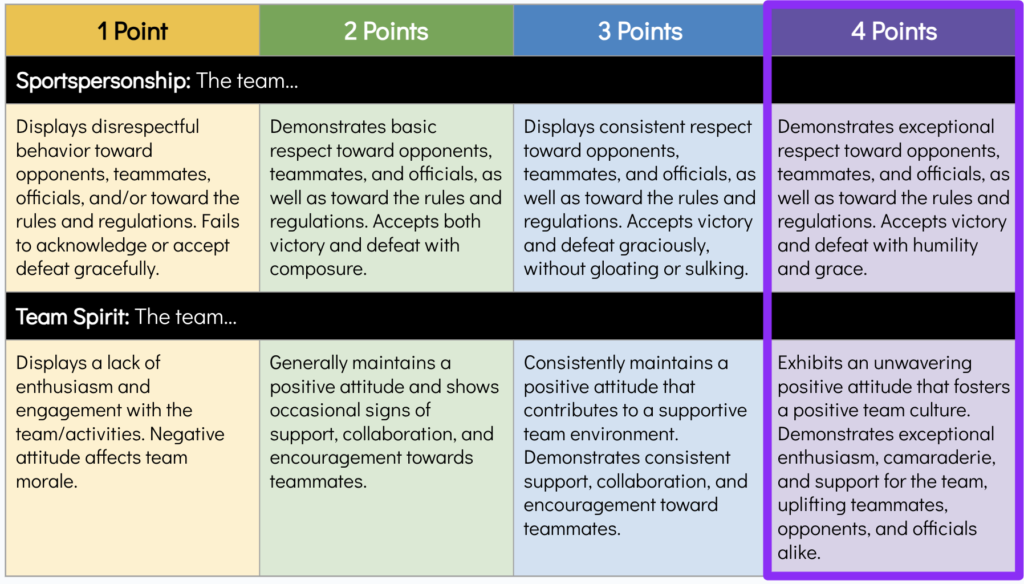
Elementary Principal’s Corner
Ms. Maureen Juanson, Elementary School Principal, PYP Coordinator, & Accreditation Officer
Educational Trips that Extend and Enrich Learning
This week many of our students had the opportunity to extend and enrich their learning by visiting places in our local community and participating in athletic activities that helped develop their knowledge, skills, attitudes, and understanding. These learning experiences that were carefully planned and curated by teachers contribute to the high-quality learning and teaching at CIS.
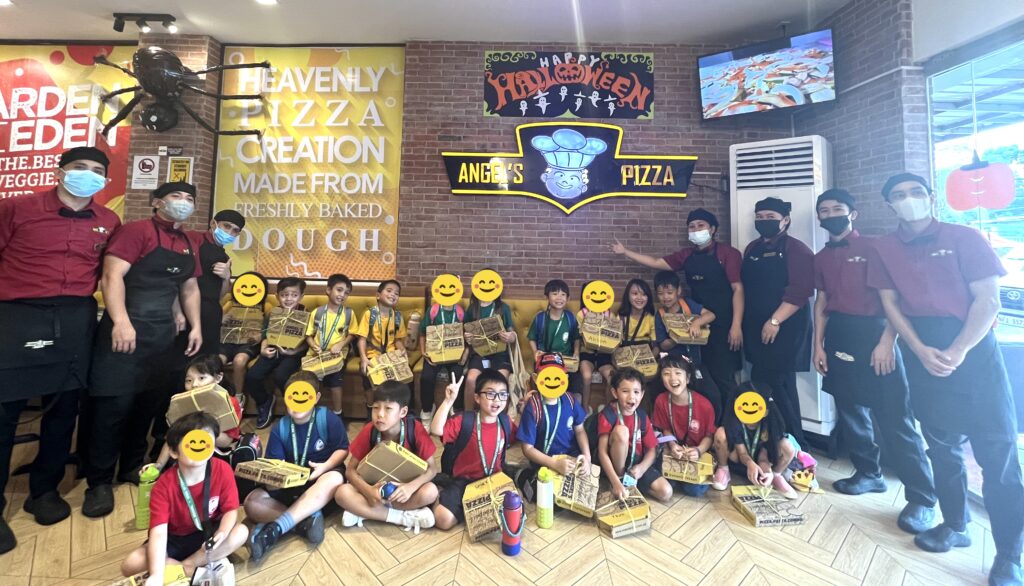 Our Kinder and Grade 1 students went on a field trip to Angel’s Pizza and Verve Point to learn more about goods and services. The Kinder and Grade 1 students learned how to make their own pizza and observed how the staff carried out their roles and responsibilities. This hands-on experience helped students to have a better understanding of how systems work. At Verve Point, students interviewed business owners and staff to learn about the goods and services they offer. It was a chance for them to observe firsthand how businesses operate and contribute to our community.
Our Kinder and Grade 1 students went on a field trip to Angel’s Pizza and Verve Point to learn more about goods and services. The Kinder and Grade 1 students learned how to make their own pizza and observed how the staff carried out their roles and responsibilities. This hands-on experience helped students to have a better understanding of how systems work. At Verve Point, students interviewed business owners and staff to learn about the goods and services they offer. It was a chance for them to observe firsthand how businesses operate and contribute to our community.
Our Grade 4 and 5 students went on a field trip to the newly opened Cebu 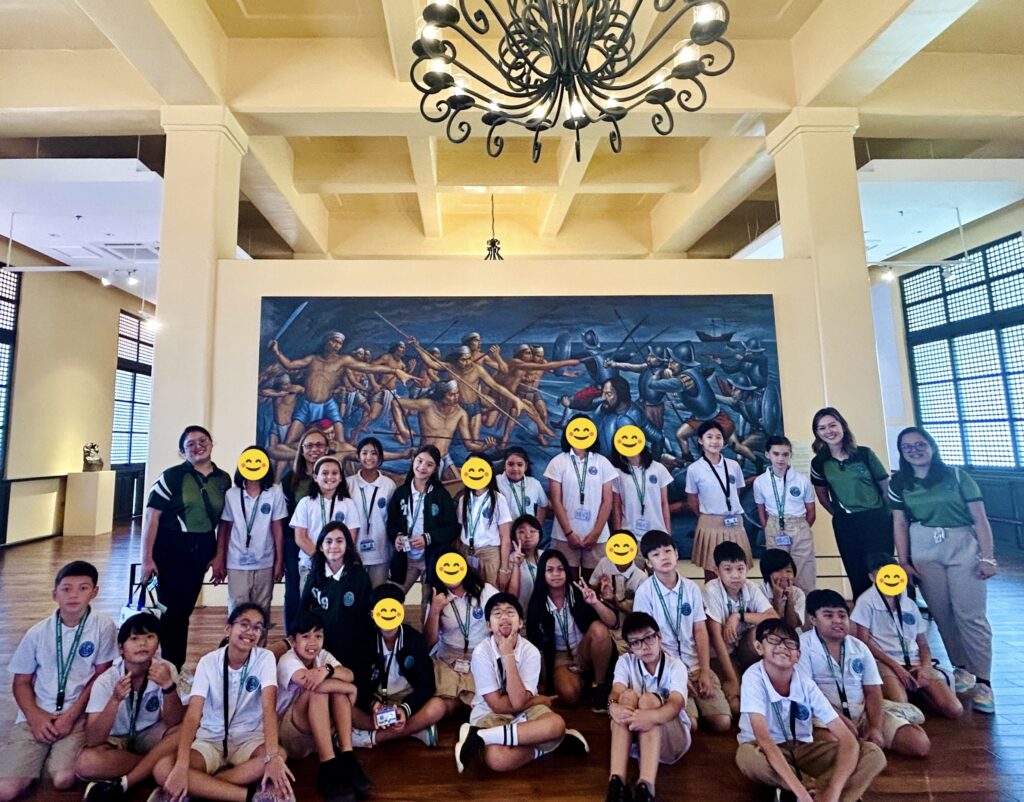 National Museum to gain a better understanding of history and the value of historical artifacts, as well as observe how museum exhibits are curated as they prepare their own exhibits in their current unit, under the Transdisciplinary Theme of Where We Are in Place and Time. While viewing the collections at the museum, students assessed primary and secondary sources, a skill that they have been learning in their Media Literacy classes. This experience has also allowed students to develop a greater appreciation for art and art history in the local host culture context, enriching the units they have been learning in Art and Philippine Language and Culture classes.
National Museum to gain a better understanding of history and the value of historical artifacts, as well as observe how museum exhibits are curated as they prepare their own exhibits in their current unit, under the Transdisciplinary Theme of Where We Are in Place and Time. While viewing the collections at the museum, students assessed primary and secondary sources, a skill that they have been learning in their Media Literacy classes. This experience has also allowed students to develop a greater appreciation for art and art history in the local host culture context, enriching the units they have been learning in Art and Philippine Language and Culture classes.
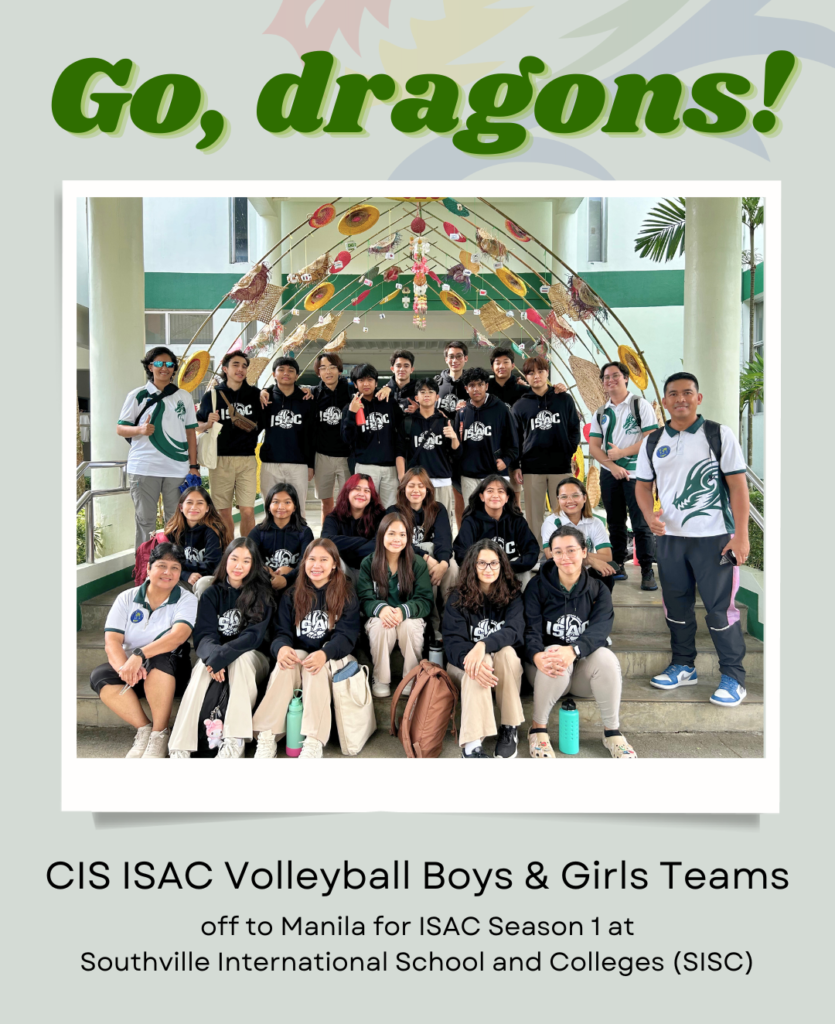 Finally, the CIS Volleyball Team is proudly representing Cebu International School at ISAC Season 1 happening this weekend. Our volleyball team gets to play with students from 7 other international schools in the Philippines. This event is the culmination of the months of hard work and training that has allowed our students to develop not only their volleyball and athletic skills but more importantly their character. Throughout the experience, our students have demonstrated collaboration, resilience, and discipline. We wish them all the best and send them our loudest cheers!
Finally, the CIS Volleyball Team is proudly representing Cebu International School at ISAC Season 1 happening this weekend. Our volleyball team gets to play with students from 7 other international schools in the Philippines. This event is the culmination of the months of hard work and training that has allowed our students to develop not only their volleyball and athletic skills but more importantly their character. Throughout the experience, our students have demonstrated collaboration, resilience, and discipline. We wish them all the best and send them our loudest cheers!
Upcoming events of note
- Oct. 25-29: ISAC1 Volleyball (Manila)
- Oct. 30: No School (Local Election)
- Oct. 31: Remote Learning Day
- Nov. 1 – 3: No School (Public Holidays)
- Nov. 13: School Holiday
- Nov. 20 – 24: Book Week
- Nov. 24 – 25: School Production (Honk)
- Nov. 26: CIS Touch Rugby Series
- Nov. 27: School Holiday (official optional date for Nov. 30 Bonifacio Day)
- Nov. 28: PTA Coffee Morning
Please refer to the CIS Event Calendar for the complete calendar of school events.
Elementary Spanish Class
by Ms. Dina Melwani, PYP Spanish Teacher
¡Viva el Español! Exploring the Rich Tapestry of Learning in Spanish Class
Grades Kindergarten and 1
Kindergarten and First-grade students have embarked upon their recent unit on the topic of family. In the cozy corners of our classrooms, these young minds have delved deep into understanding the essence of family bonds and relationships. They discovered the importance of appreciating the little things that families do for us every day. Through creative art projects and heartfelt discussions, our students learned to express their love and gratitude. Through storytelling and interactive activities, our little ones stepped into the shoes of their family members, learning to understand their emotions and experiences. This not only fostered a sense of empathy but also strengthened the bonds between our students, creating a supportive and caring classroom environment.
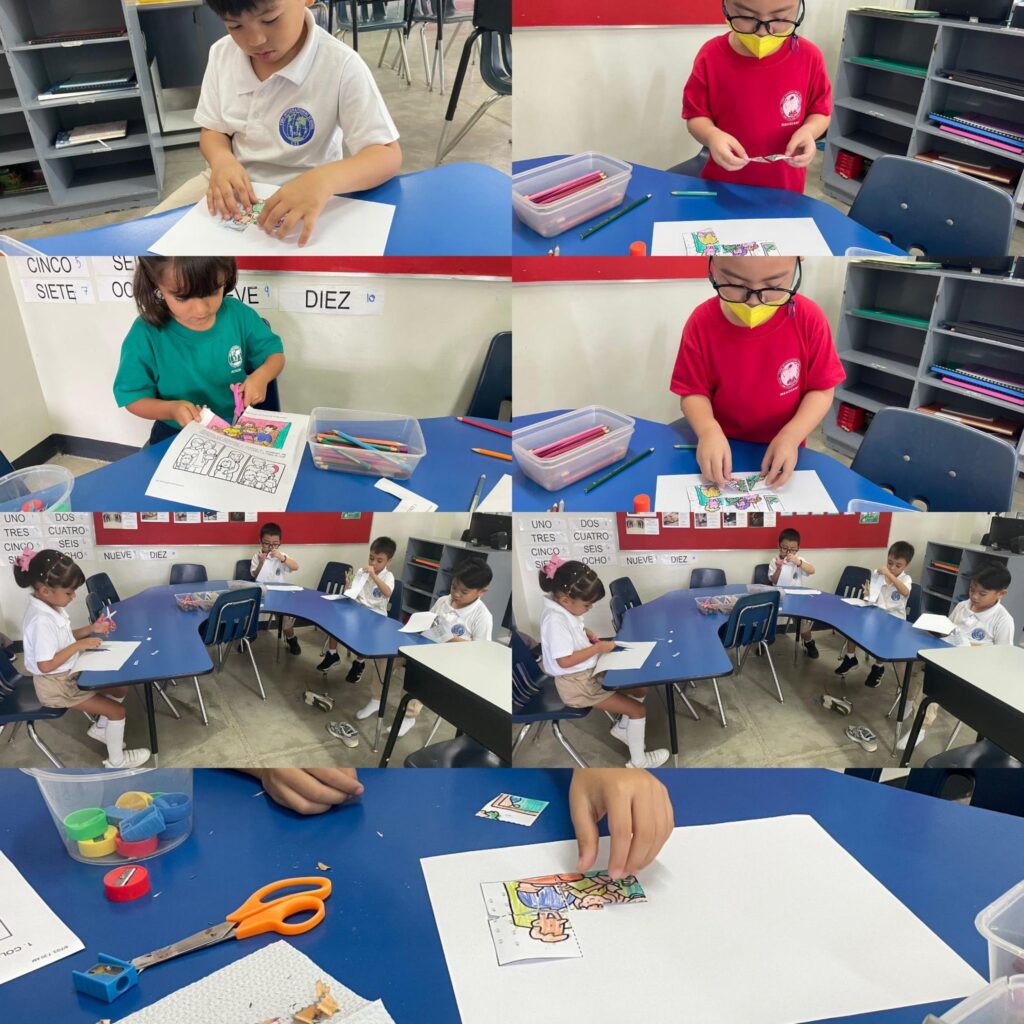
Grades 2 and 3
In the vibrant Spanish classroom, Grade 2/3 students embarked on an exciting educational adventure, diving deep into the intriguing world of the human body and senses. The unit commenced with an immersive exploration of the human body, The students were captivated by these visuals, sparking their curiosity and setting the stage for an engaging learning experience. One of the highlights of this unit was the array of hands-on activities that brought learning to life. From creating monster character outlines to labeling different body parts, the students actively participated, enhancing their understanding of anatomy. Incorporating creativity into the learning process, students engaged in art projects that reflected their understanding of the human body and senses. From crafting textured sculptures representing various textures to painting vibrant illustrations of sensory experiences, their artwork showcased not only their artistic skills but also their deep comprehension of the subject matter.
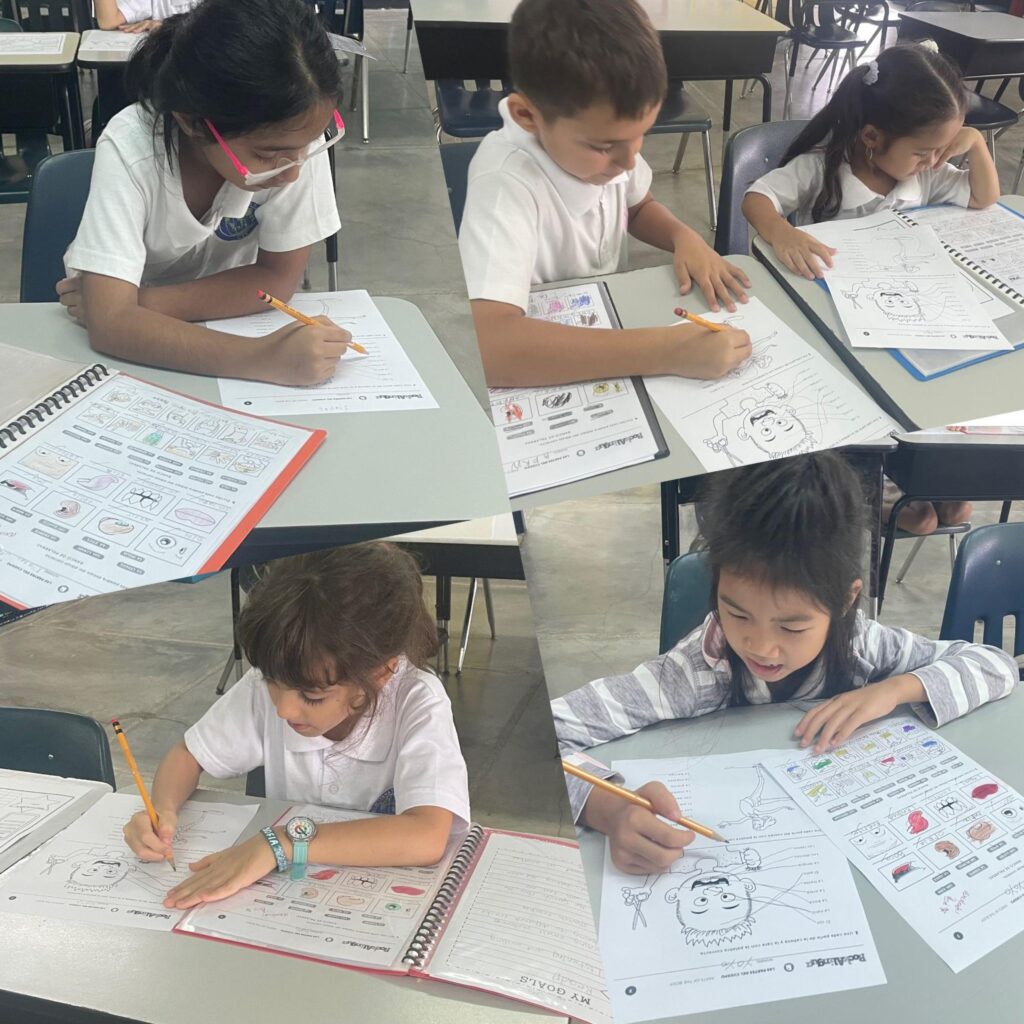
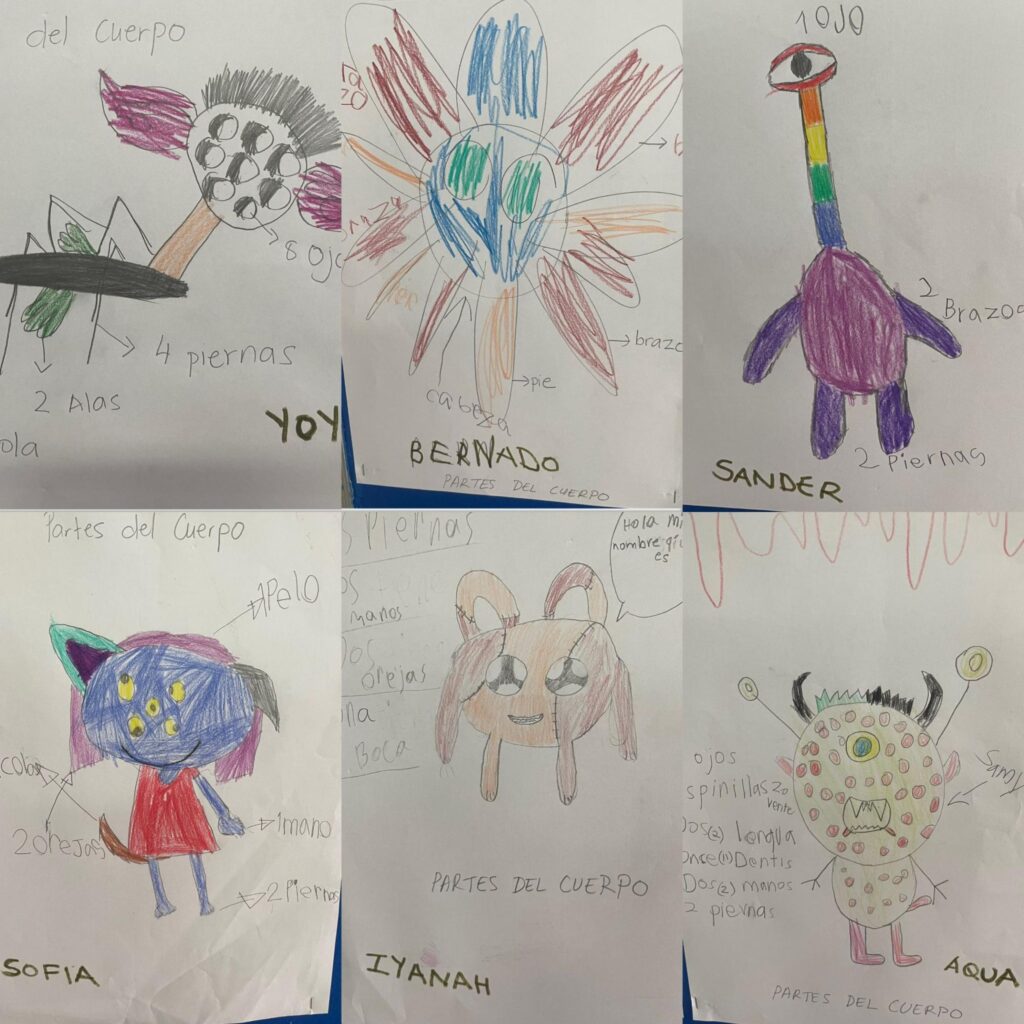
Grades 4 and 5
As the unit on nationalities concluded, the Grade 4/5 students of Cebu International School emerged as young ambassadors of tolerance and acceptance. Armed with a deep understanding of different cultures and nationalities, they are better equipped to face the challenges of the future, where global citizenship is not just a concept but a way of life. The impact of this unit was profound. Students not only gained knowledge about different nationalities but also developed an understanding of the different cultures in the Hispanic world. Friendships blossomed across cultural lines, and stereotypes were dispelled, leaving room for acceptance and celebration of differences. Art became a medium through which students expressed their newfound knowledge and appreciation for different nationalities.
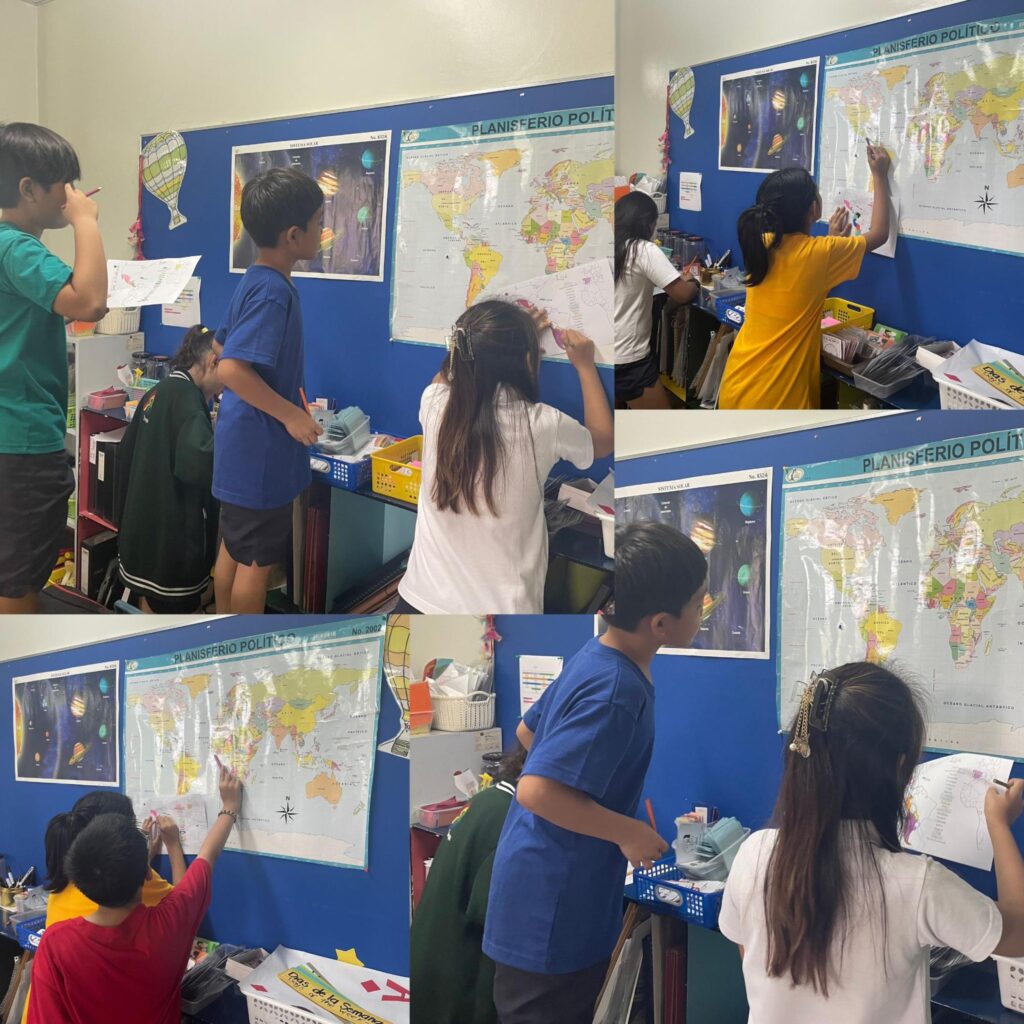
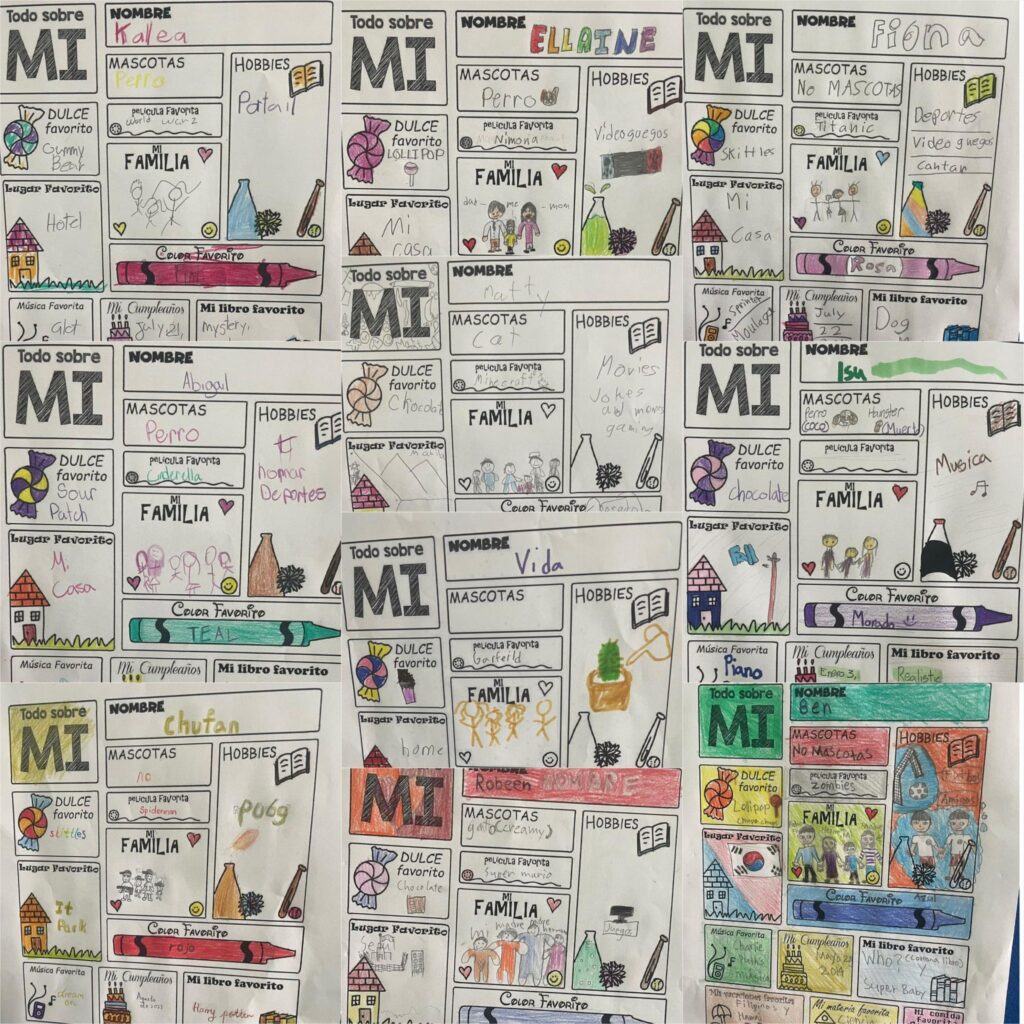
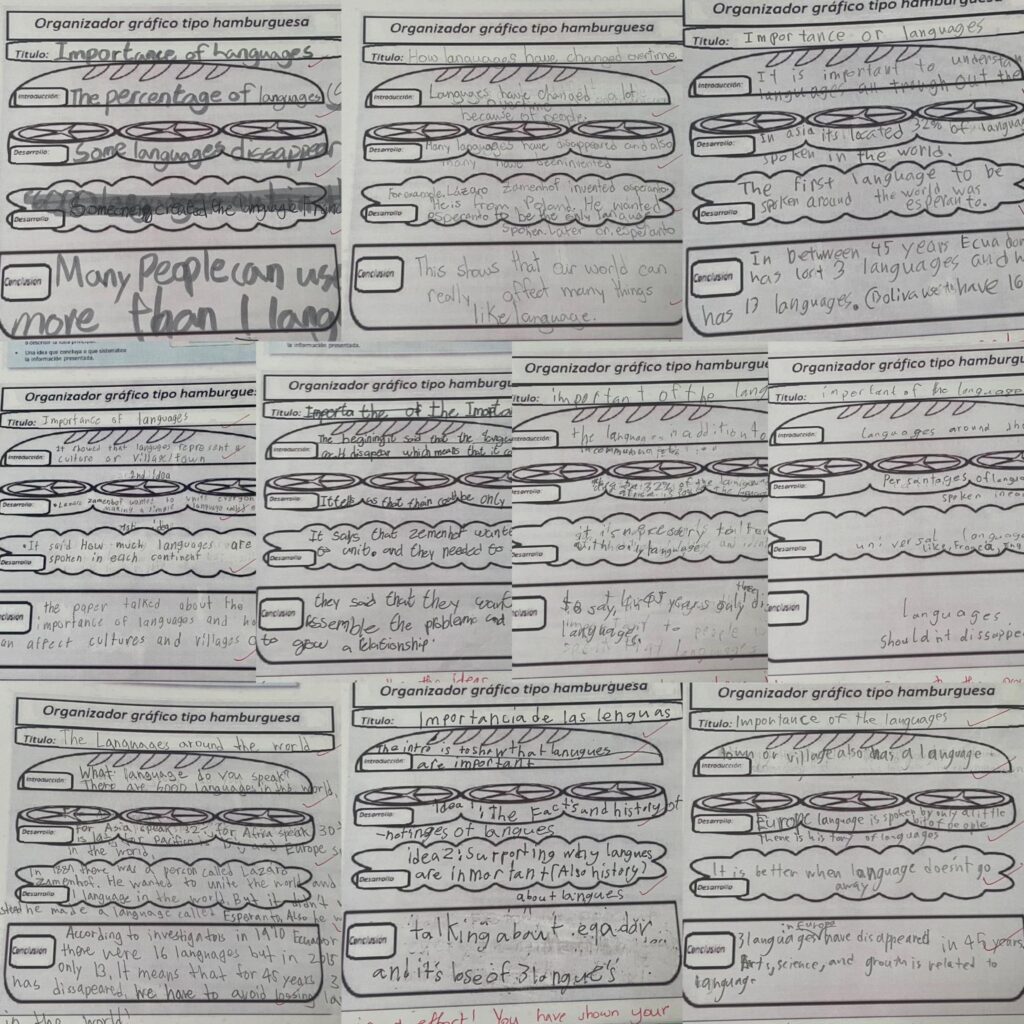
MYP Mathematics
by Ms. Maria Victoria Bacus, Grade 8 and 9 Mathematics Teacher
Making Connections Through Collaborations
The theme for Grade 8 has been to view mathematics as a language, with the emphasis being on students learning the precise meaning of symbols 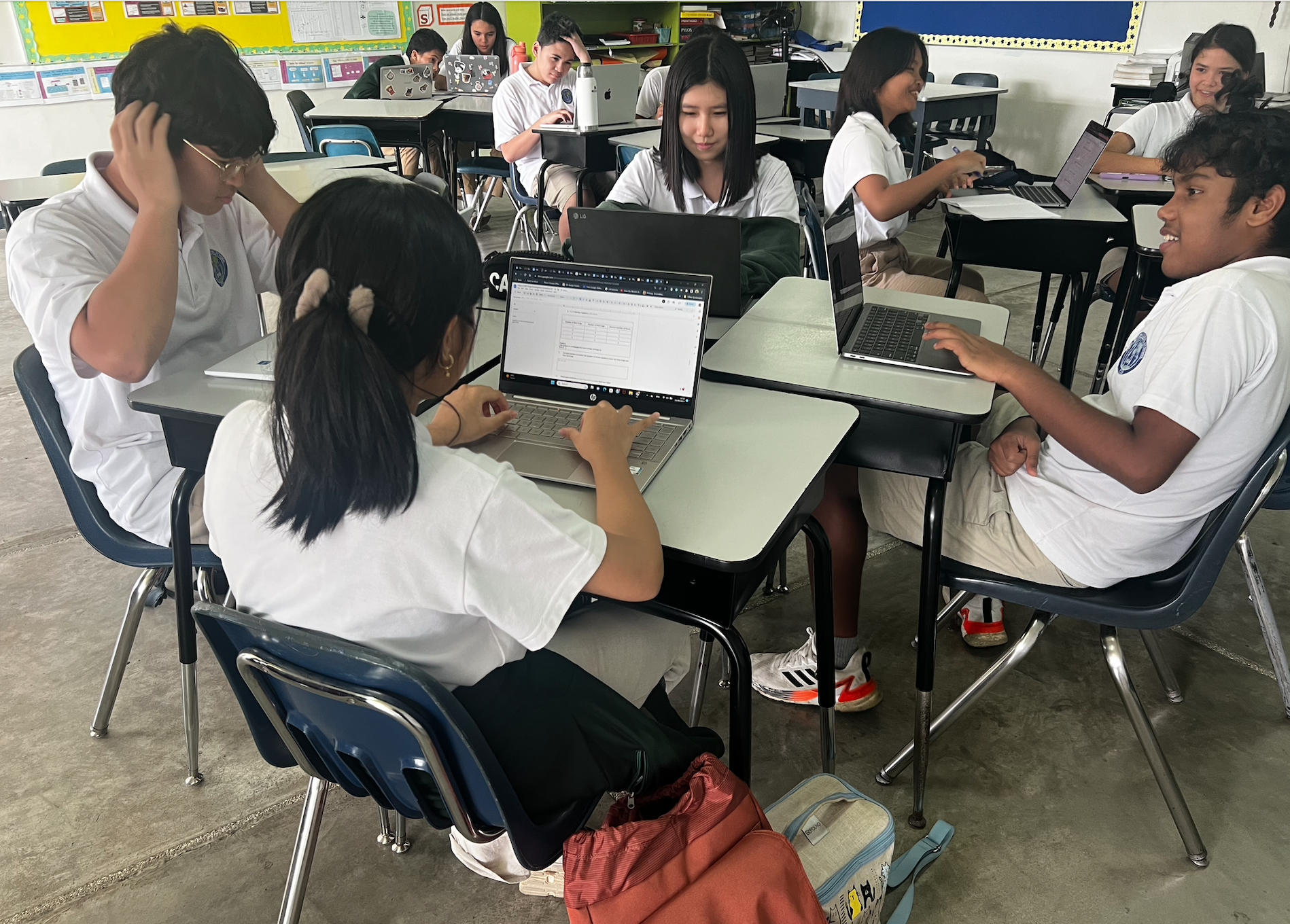 and then applying logical reasoning to real-life situations. The students have worked on various activities and investigations that have allowed them to polish their problem-solving and critical-thinking skills. There were also several opportunities for students to engage in their learning by collaborating and communicating to accomplish shared objectives.
and then applying logical reasoning to real-life situations. The students have worked on various activities and investigations that have allowed them to polish their problem-solving and critical-thinking skills. There were also several opportunities for students to engage in their learning by collaborating and communicating to accomplish shared objectives.
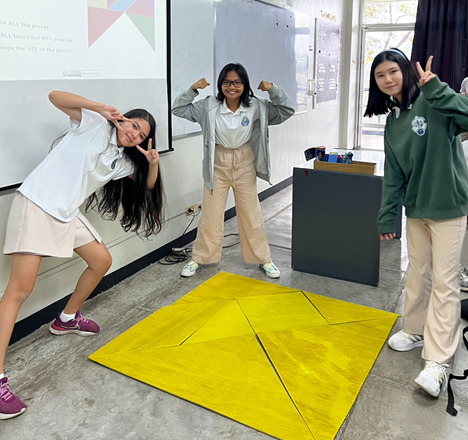
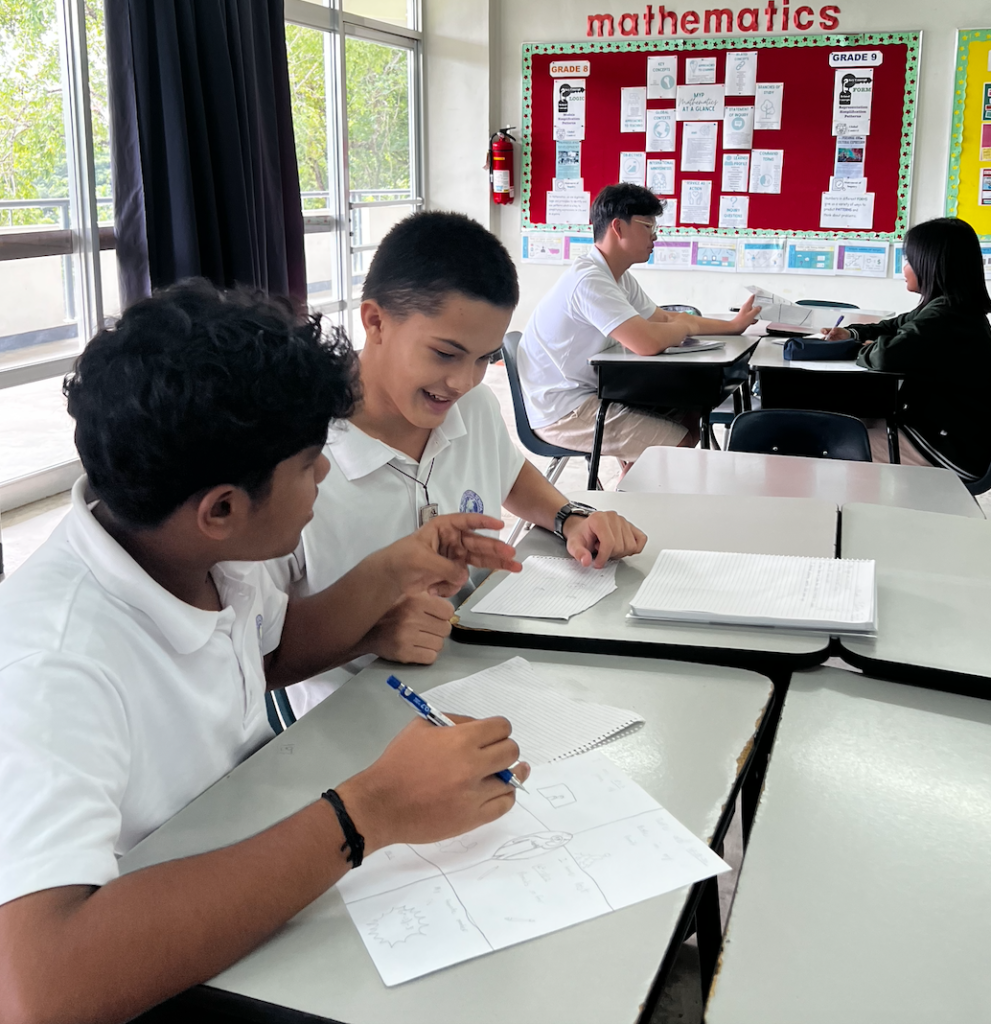
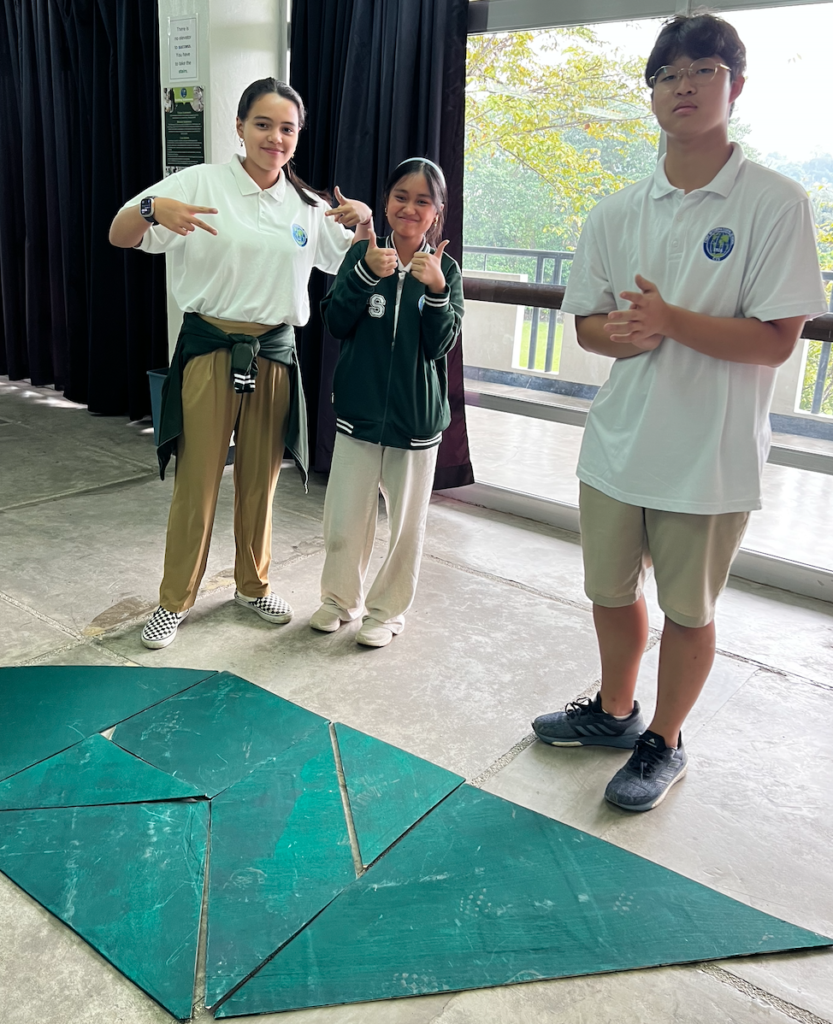
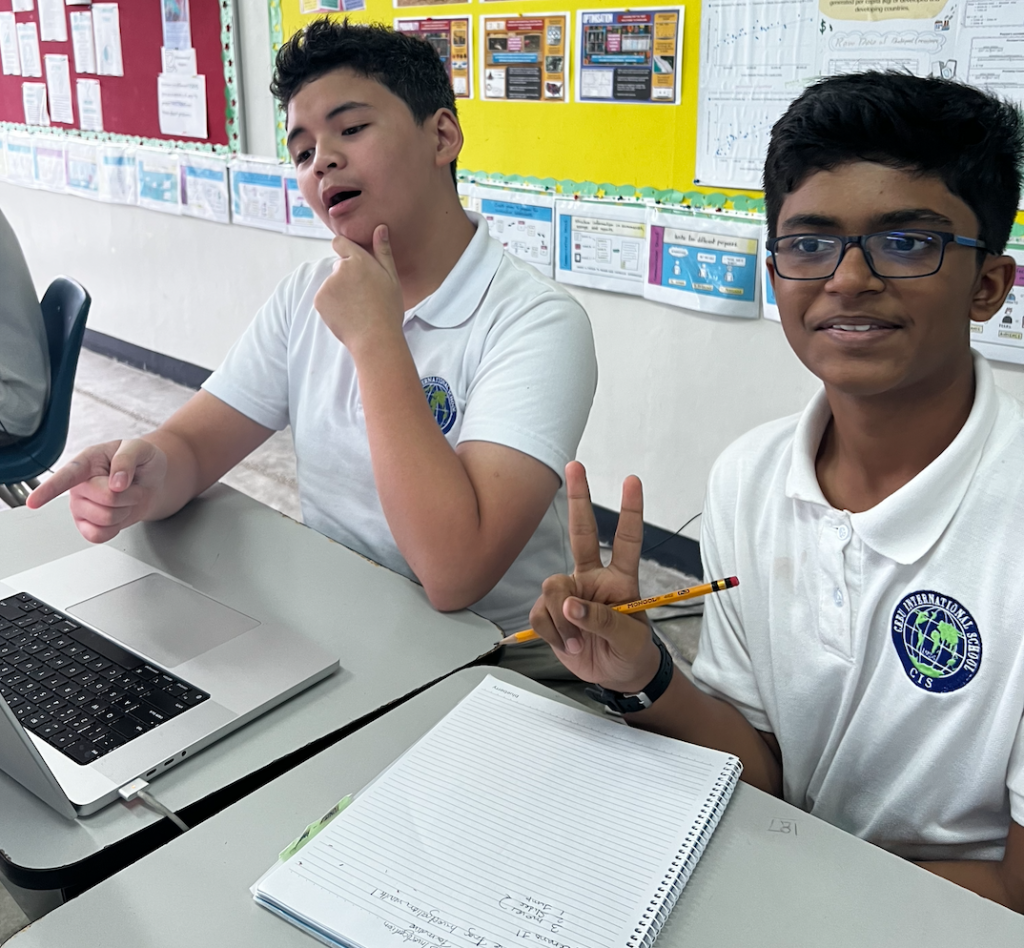
Here are some of the students’ reflections on their challenges and collaborations:
Ghea
Jiwoo
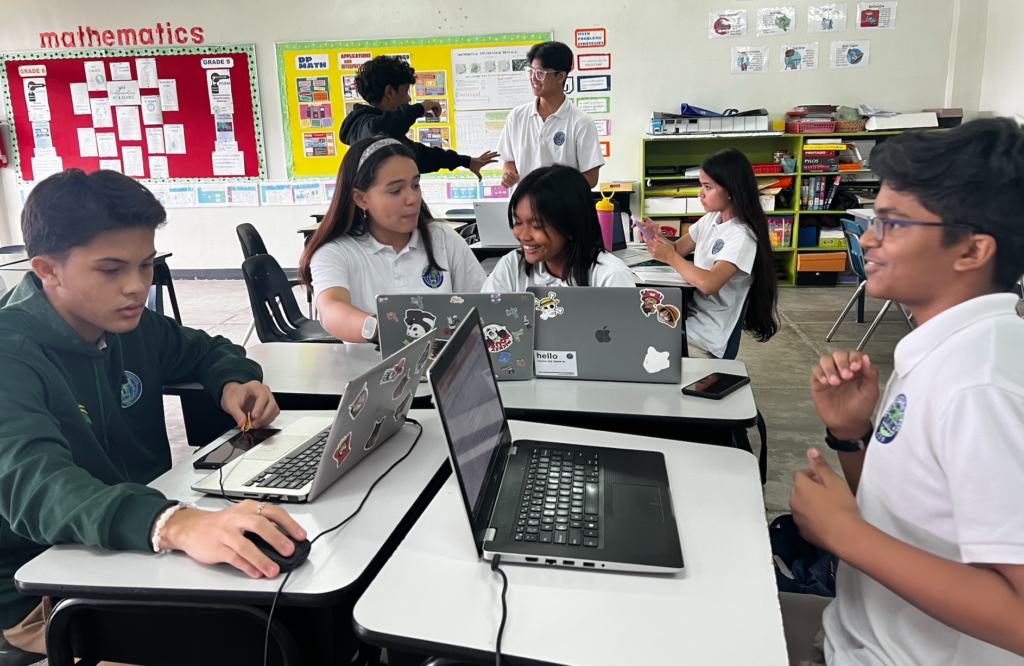
Frances
Aryan
Rishabh
Grades 11 and 12: Physics
by Ms. Maria Rosandee Tabada, IBDP Physics and Mathematics Teacher
The learning that occurs through scientific inquiry is essential to the student experience in a science course. Experimentation in a variety of forms can be used to introduce a topic, address a phenomenon, or allow students to consider and investigate questions and interests. It teaches about the advantages and disadvantages of scientific methodology. Practical activities also aid in the development of scientific skills for the safe and competent use of a variety of tools, techniques, and equipment.
At this stage in the academic year, the Grade 11 students have already completed the following practical activities:
- uncertainties in measurements;
- acceleration of a cart down a slope for different slope angles;
- use of a photogate to determine the time it takes for cards of various lengths to pass through;
- effects of fluid resistance to projectile motion; and
- terminal velocity of coffee filters.
The Grade 12 students are currently finalizing the write-up of their scientific investigations as their Internal Assessment (IA) requirement for IBDP Physics. Students complete their IA by applying the skills and knowledge they have gained throughout the course, including experimenting skills.
The investigations conducted were on the:
- spring constant of springs connected in series;
- frequency of sound and the length of a violin’s string;
- period of a swinging ruler and the location of pivot points;
- change in temperature of different concentrations of salt solutions;
- maximum angle of a pendulum after colliding with various masses;
- magnetic field strength of a solenoid and changes in the thickness of copper wires;
- wavelength of an LED’s light and its threshold voltage to determine Planck’s constant; and
- time to increase the temperature of water when the initial temperature of an immersed copper cube is varied.
PTA News
by Mr. William Belda, Business Development Officer, Data Protection, and CIS PTA Representative
Safeguarding and Child Protection Workshop for Parents
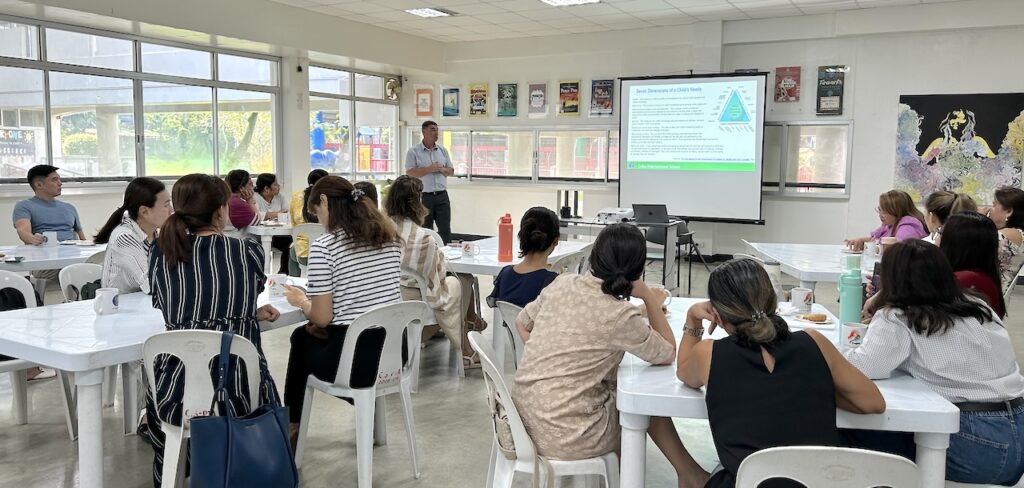
The Parent Workshop on Safeguarding & Child Protection conducted by Mr. Andrew Powell during the recent PTA Coffee Morning on October 24, proved to be very timely.
More than expressed in its mission and vision, CIS embodied this necessity and importance in providing a safe and secure environment in collaborative engagement with the entire community, toward the holistic upbringing of its students.
The session resulted in providing the community members with a clearer lens of understanding and awareness, from the Seven Dimensions of a Child’s Needs, to the internal CIS safeguarding & child protection policies and procedures.
Although the exact origin of the proverb, “It takes a village to raise a child” is attributed to the African and Native American cultures, both very strong communal societies, it truly is quite comforting that the significance of such communal interaction and shared responsibility is actively present within the CIS Community. As an international educational institution, CIS encourages the effective working together of the entire community, recognizing and acknowledging the diverse skills of each individual. Fostering this sense of collective responsibility truly plays a crucial role to ensure the total well-being of the students and develop them to be globally engaged, positive contributors in a competitive changing world.
College & Careers Counselor Corner
by Ms. Jenny Basa, College Counselor
What do our graduates study?
Our graduates pursue various programs after high school. The graph below presents data from the past 3 years (2020 – 2023) showing the distribution of their chosen fields of study.
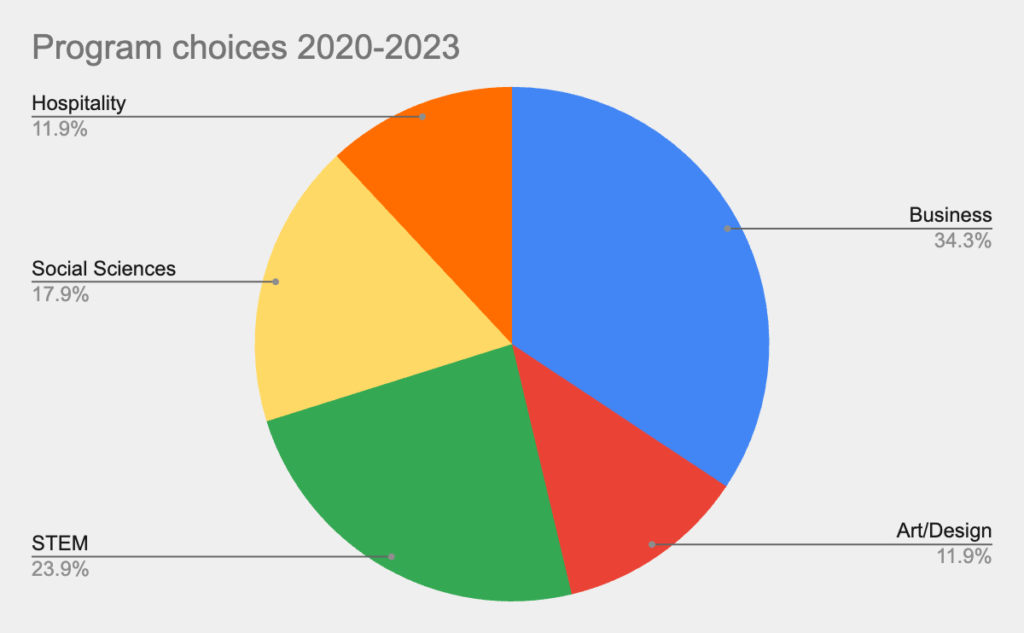
DATE
EVENT
November 7
Tuesday
9:00 – 9:45 AM
Venue: Canteen Annex
Link to sign up
Hong Kong Polytechnic University (Hong Kong) Info session with the admissions rep about the application process, requirements and scholarships & programs offered.
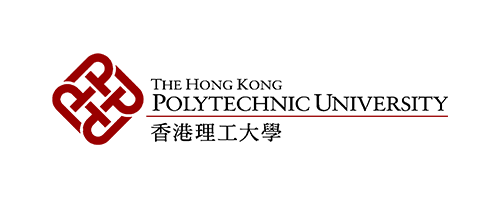
November 8
Wednesday
9:00 – 9:45 AM
Venue: Canteen Annex
Link to sign up
SP Jain School of Global Management (Singapore, UAE, Australia) Info session with the admissions rep about the application process, requirements and scholarships & programs offered.

November 17
Friday
9:00 – 9:45 AM
Venue: Canteen Annex
Link to sign up
Carleton College (USA) Info session with Mr. Steve Duba-Maack about the application process, requirements and scholarships & programs offered.

SAT Update
2023–24 School Year Test Dates
| Test Date | Deadline for Registration, Changes and Regular Cancellation |
| December 2, 2023 | November 17, 2023 |
| March 9, 2024 | February 23, 2024 |
| May 4, 2024 | April 19, 2024 |
| June 1, 2024 | May 16, 2024 |
To register for the SAT, you may click on this link. If you need assistance or have any questions, please feel free to email Ms. Jenny Basa at jbasa@cis.edu.ph.



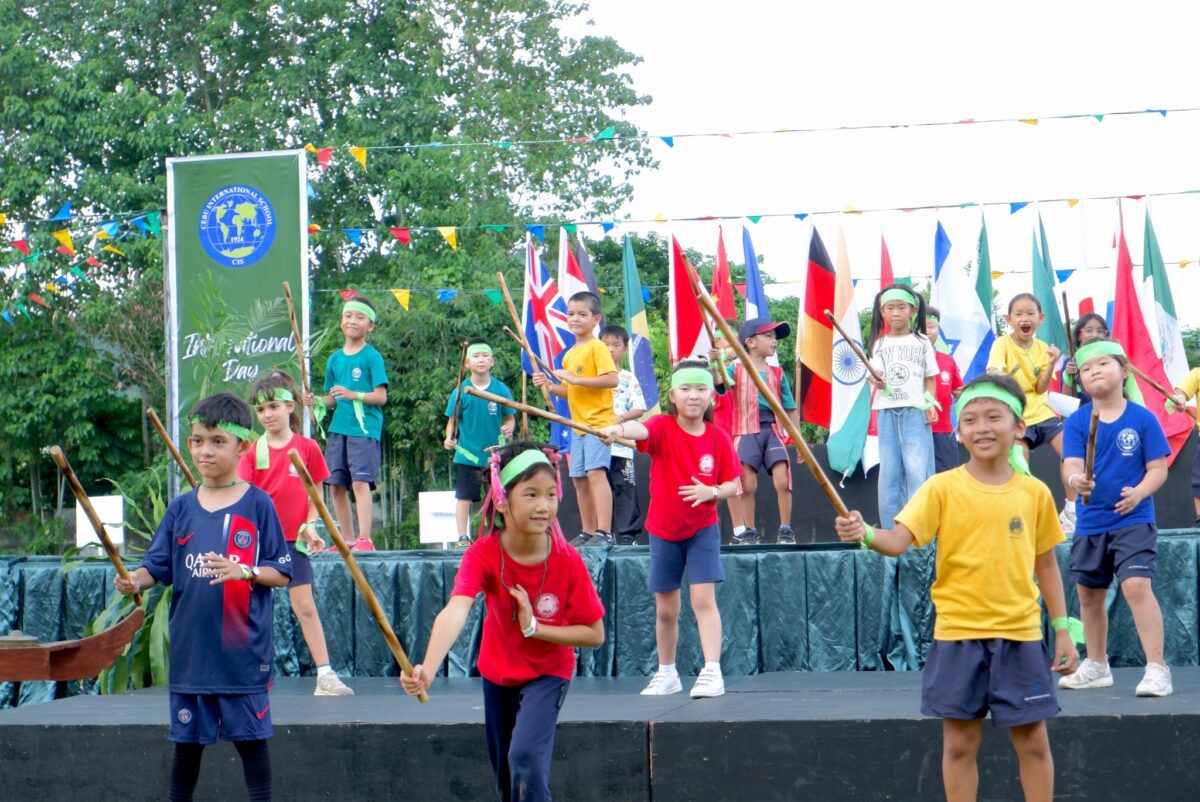
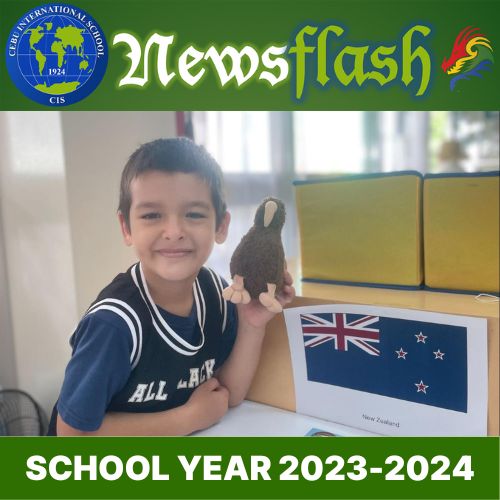

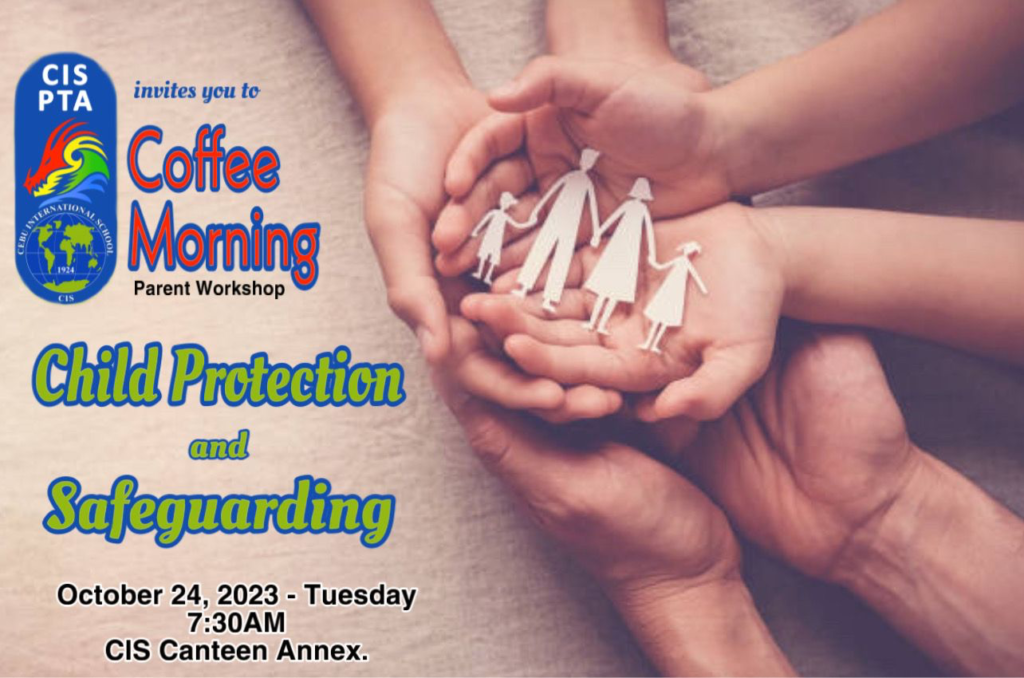
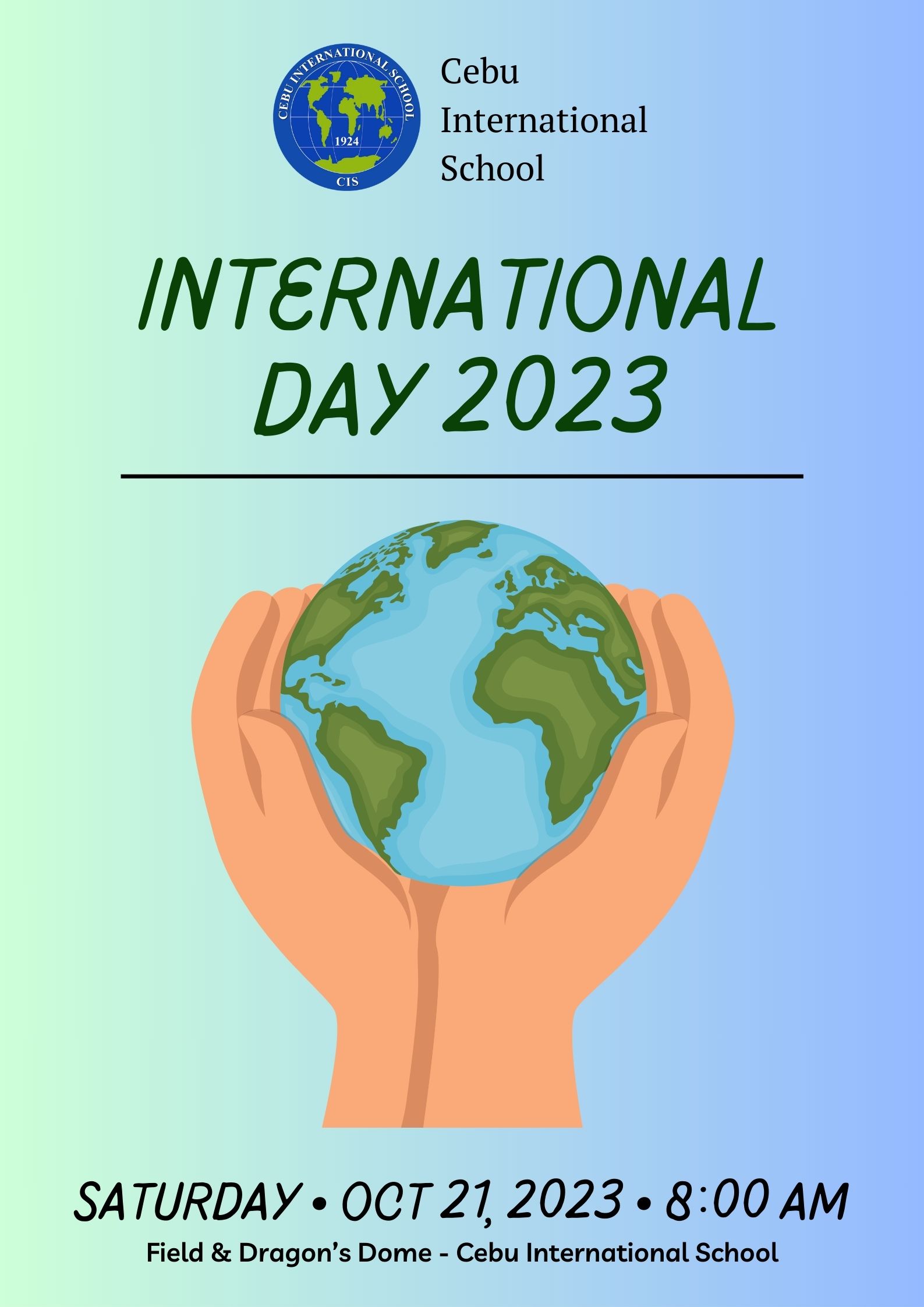
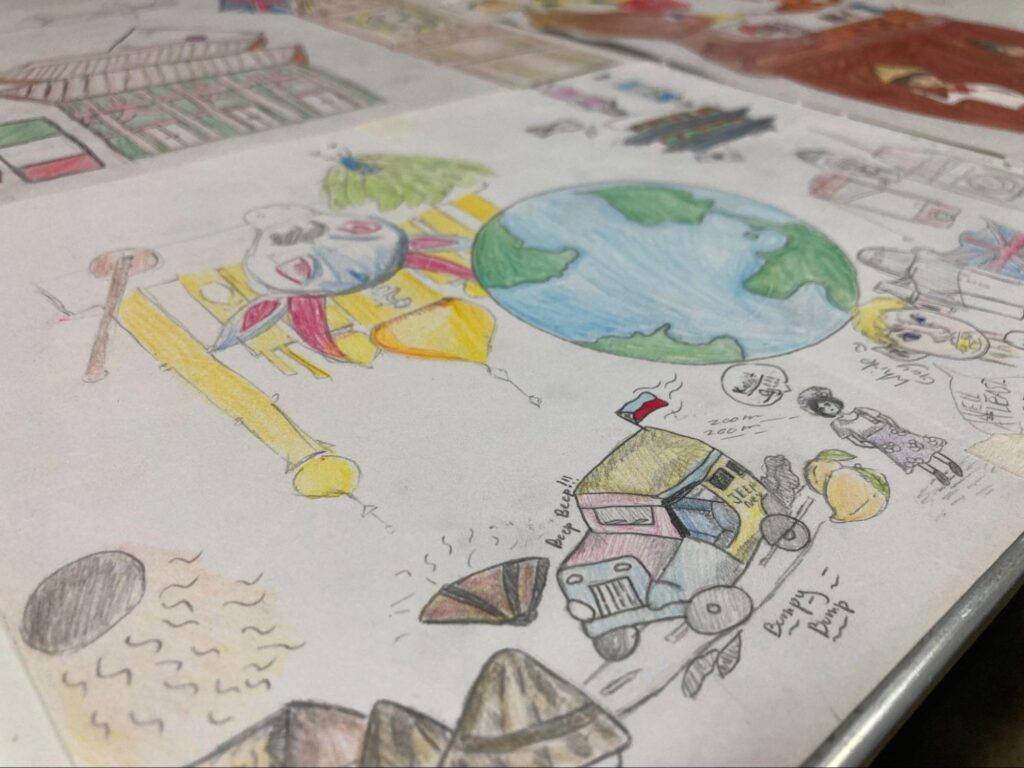
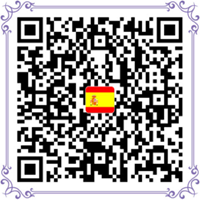
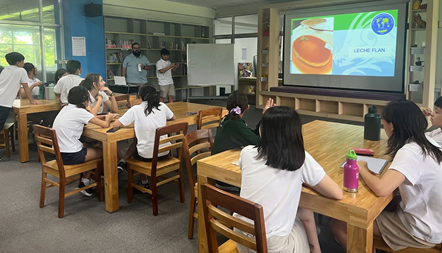
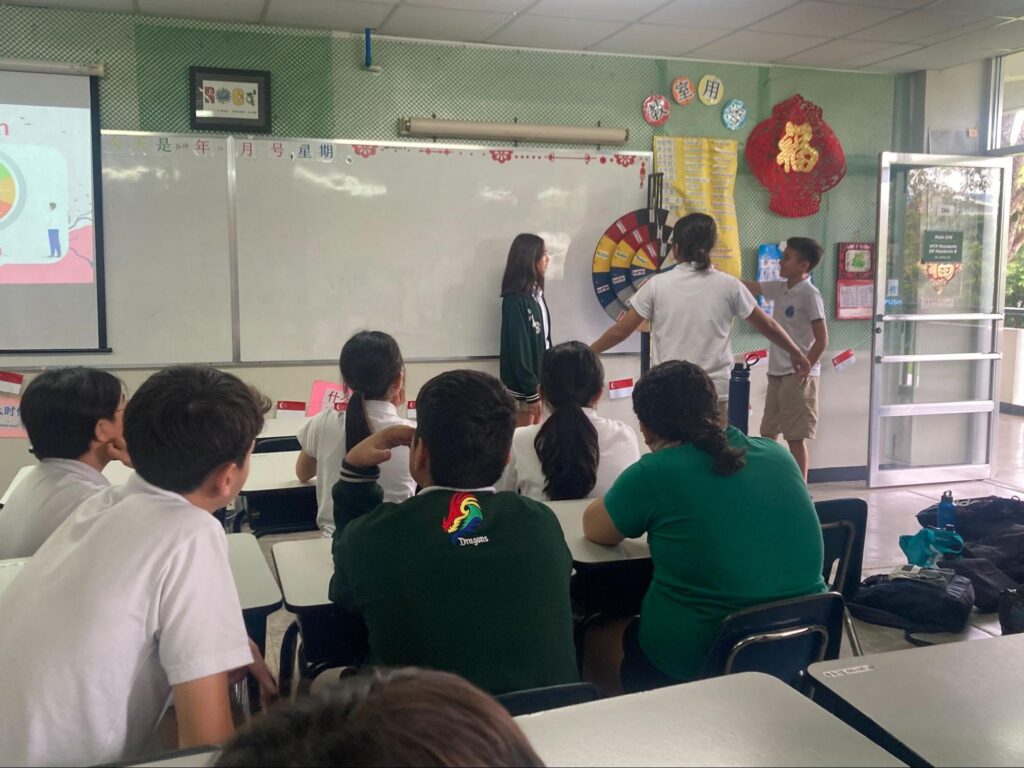
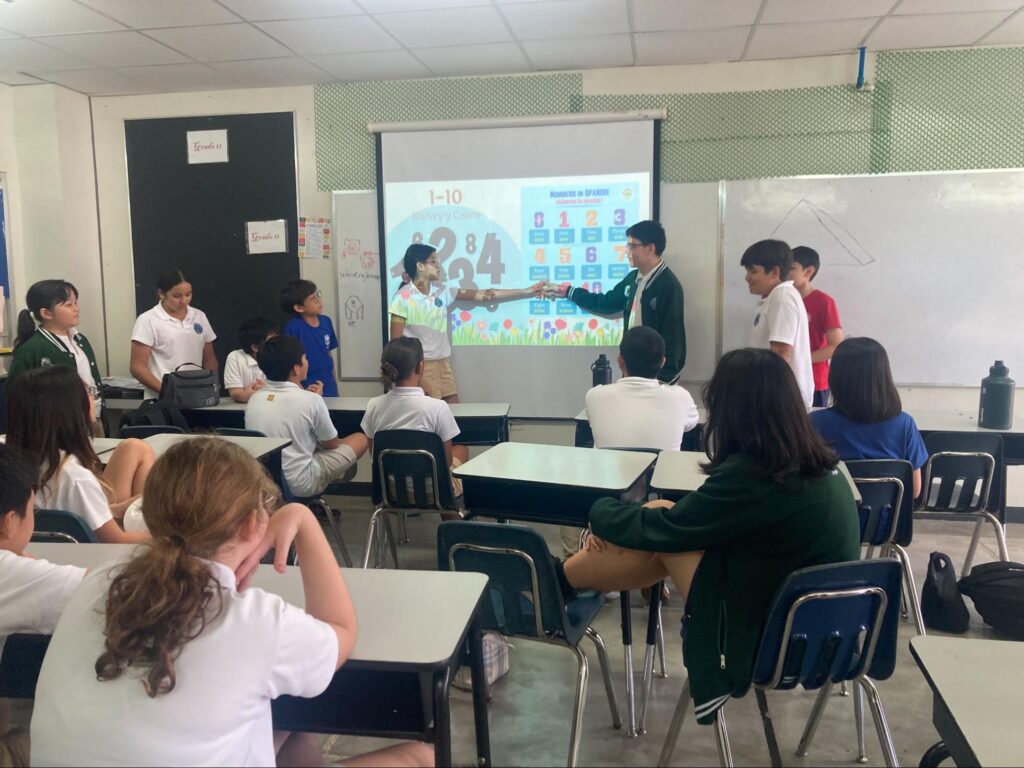
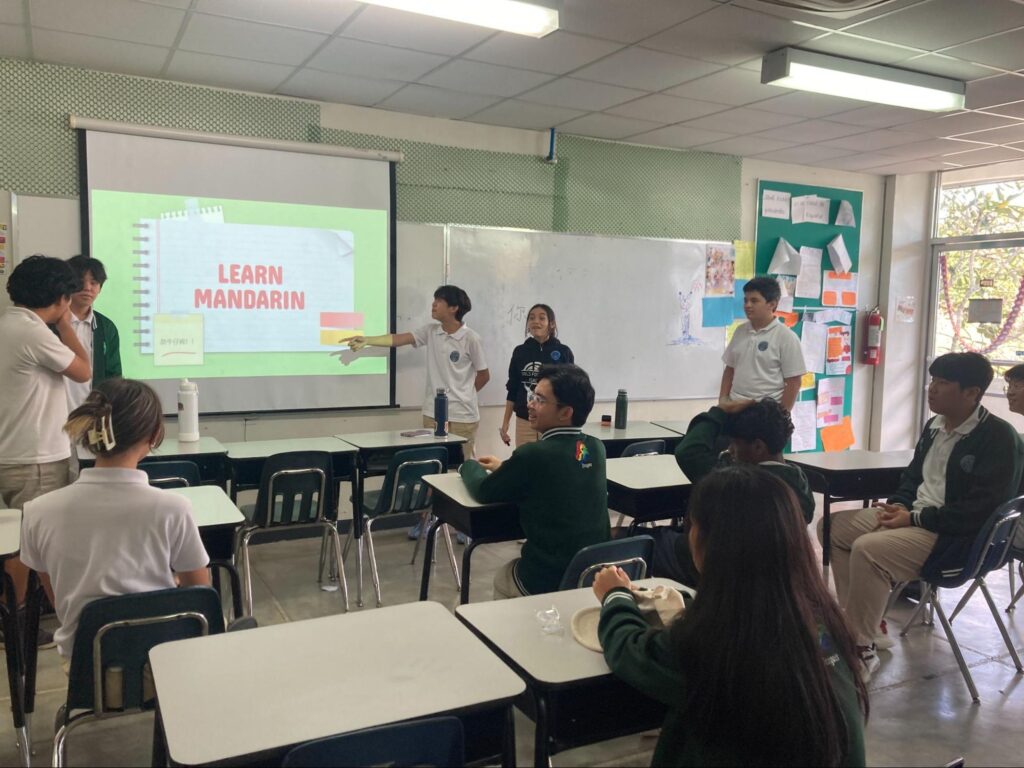
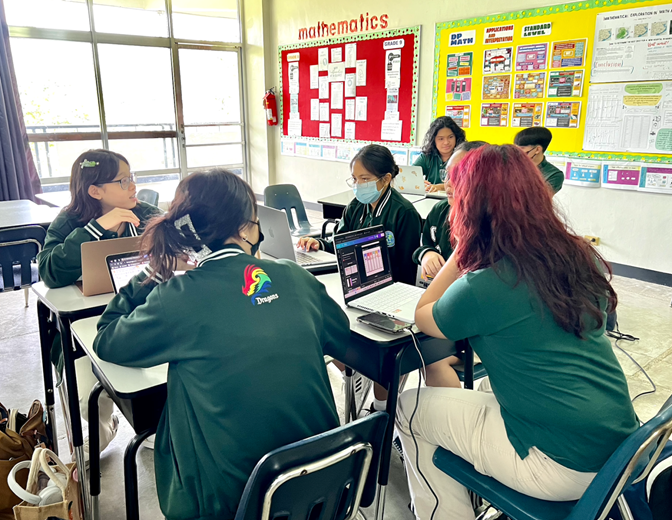
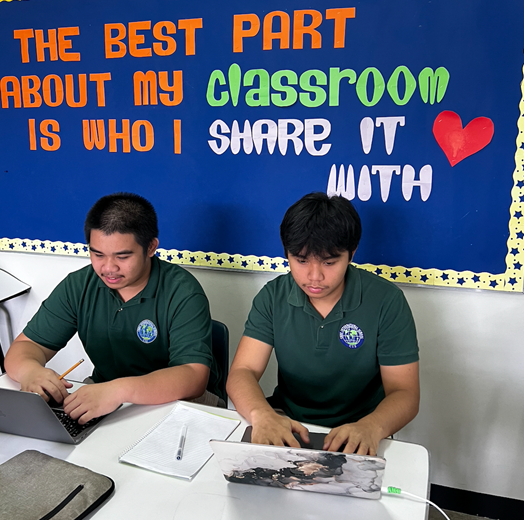
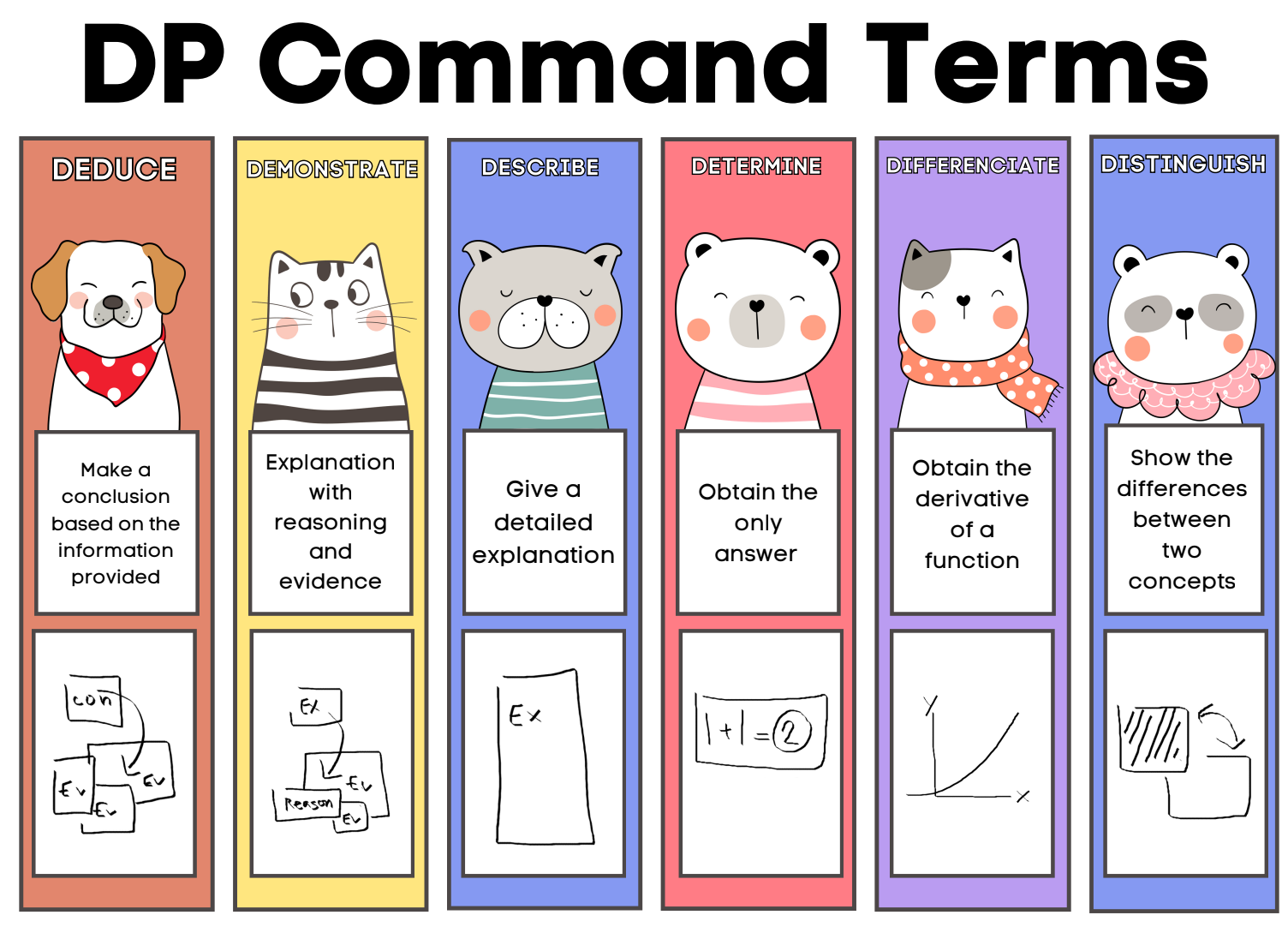
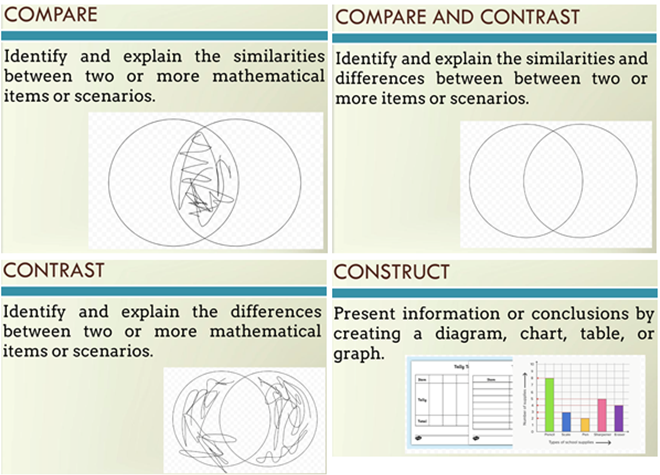
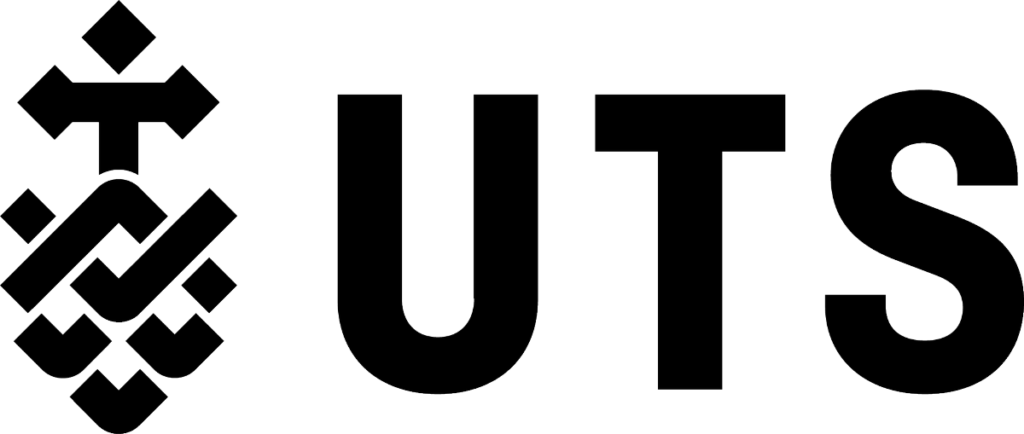

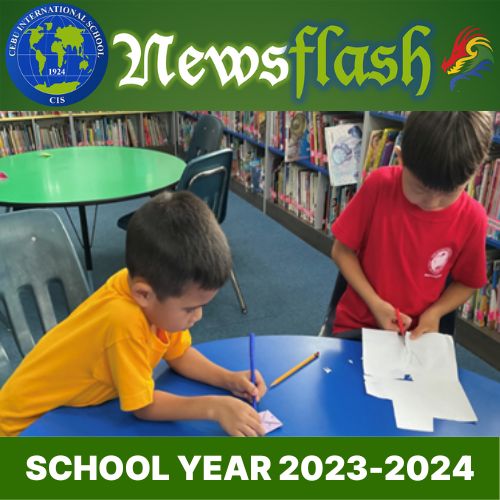

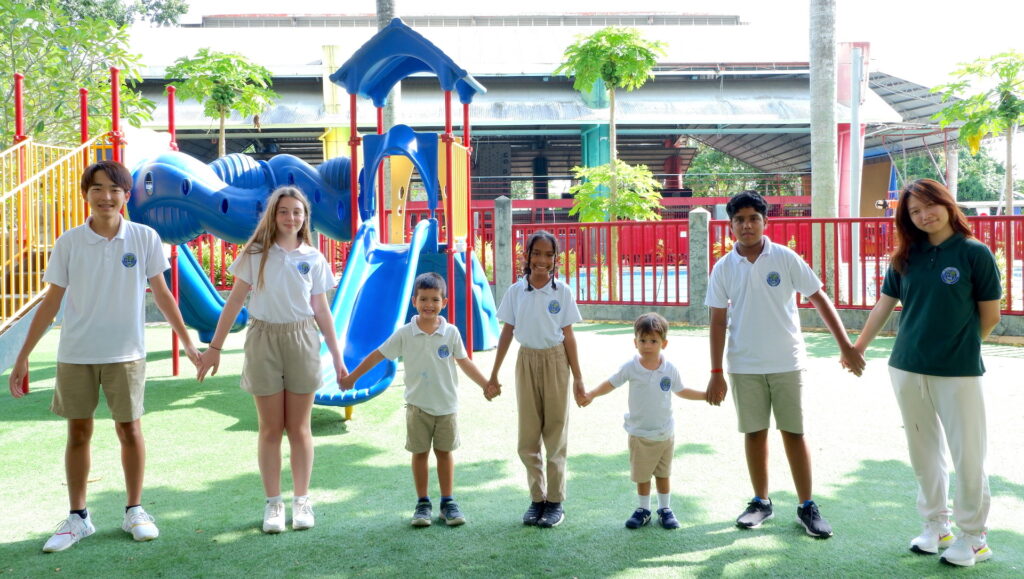
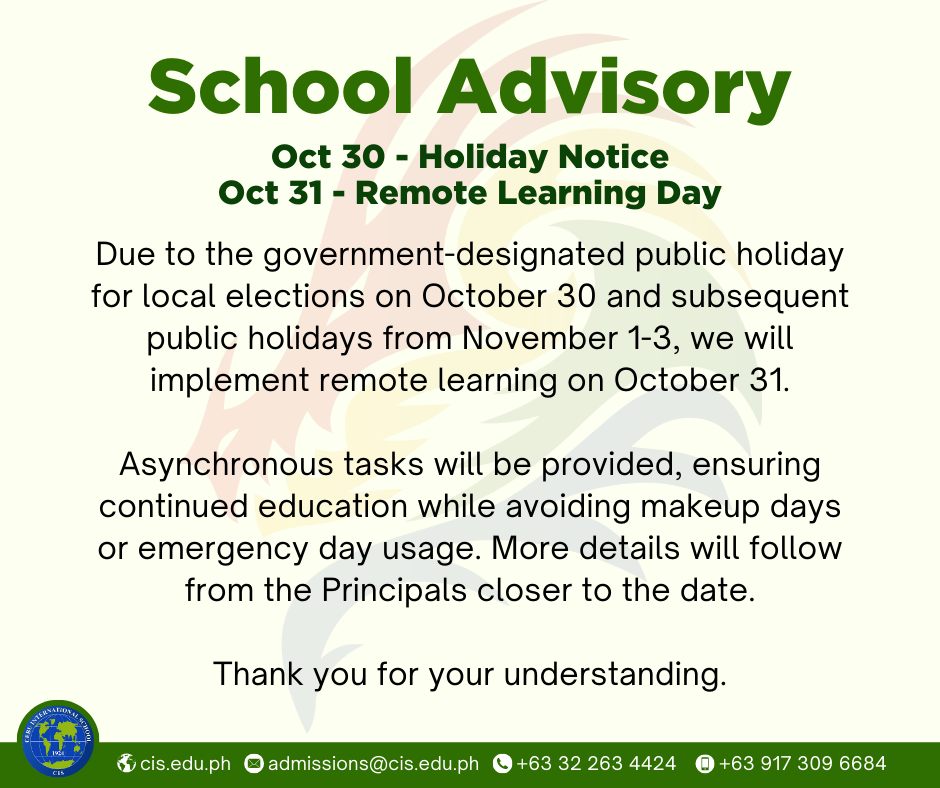
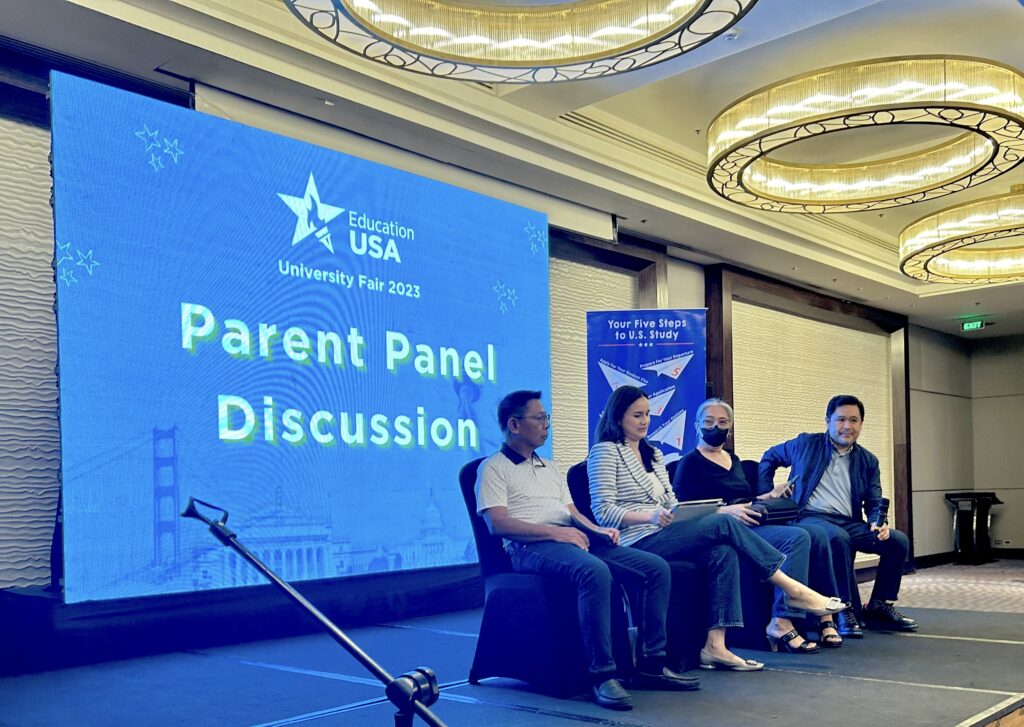
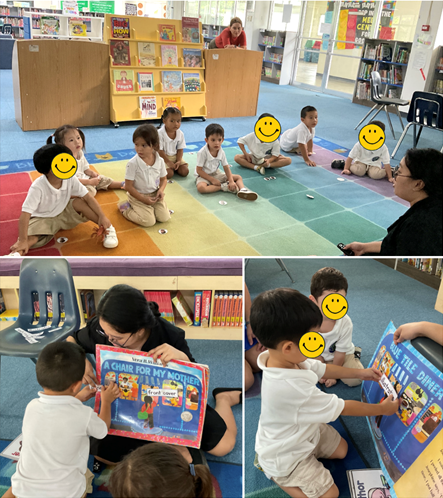
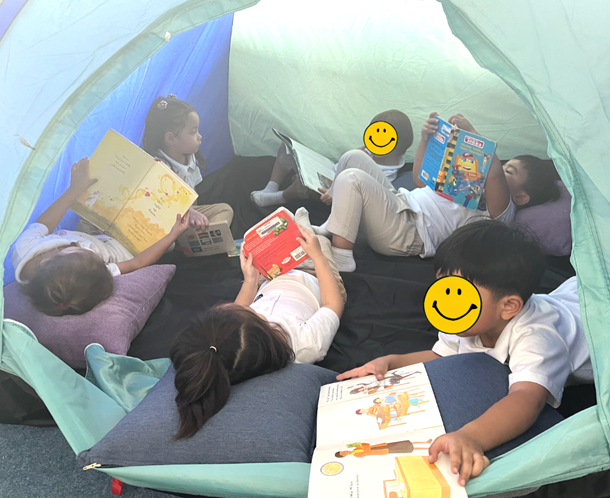
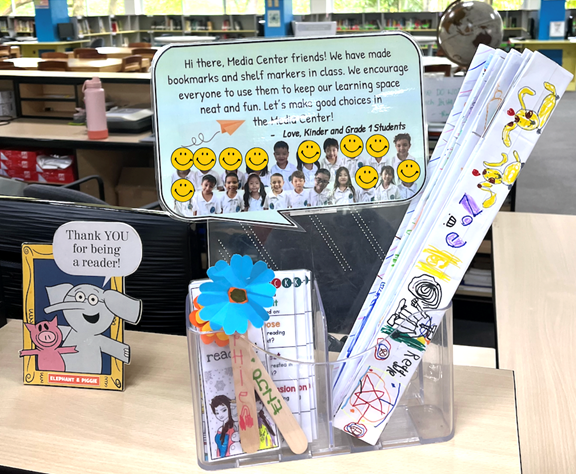
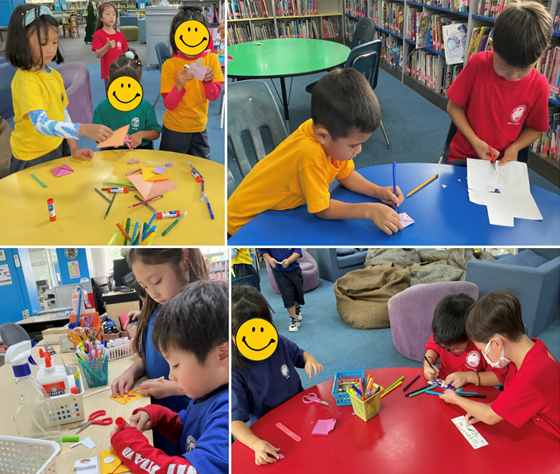
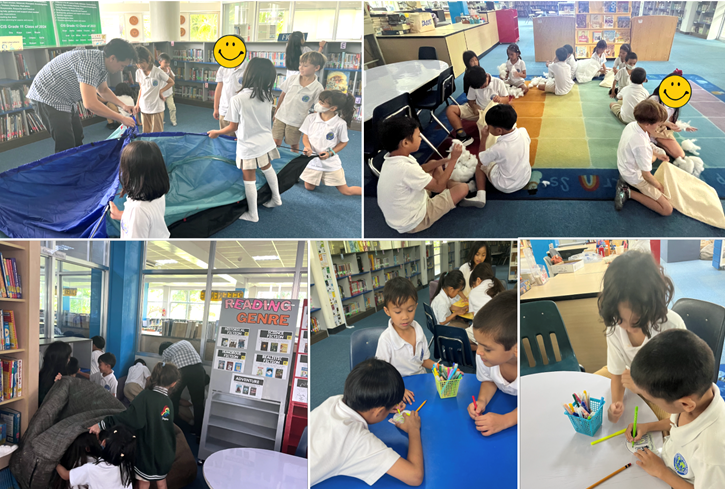
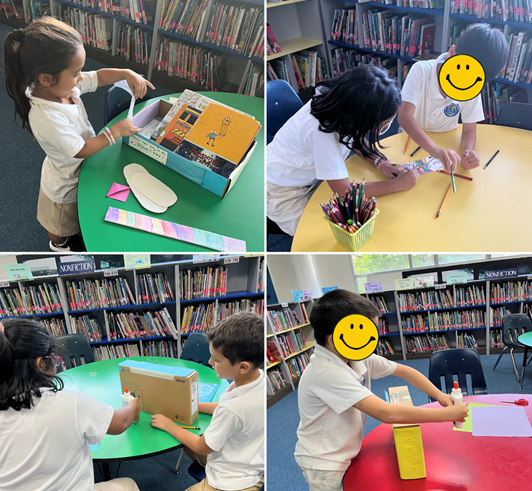
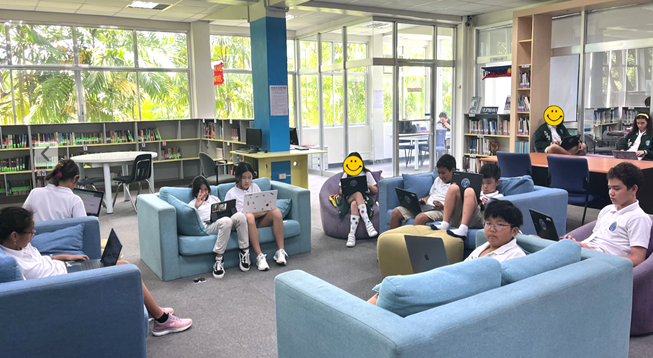
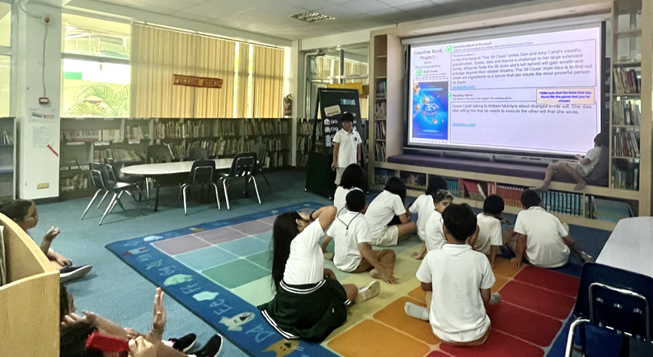
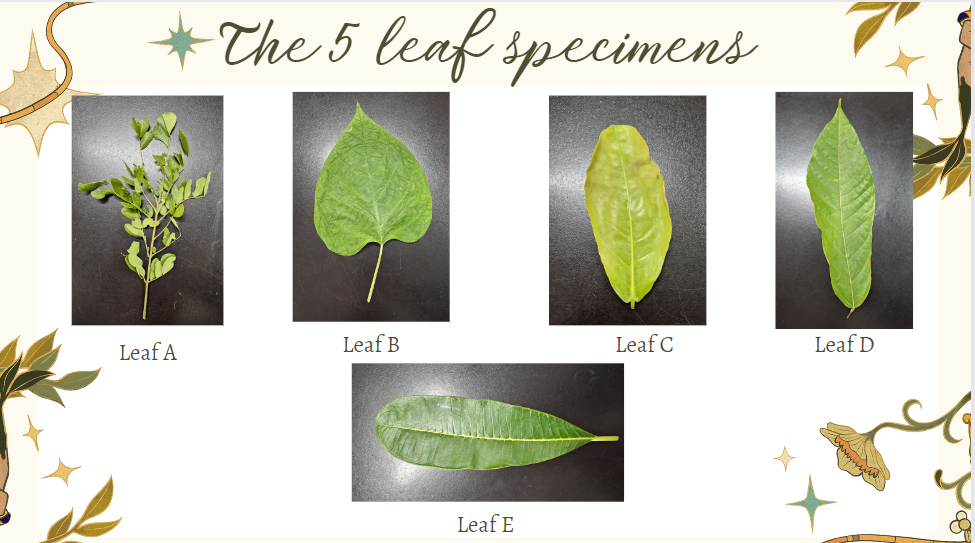
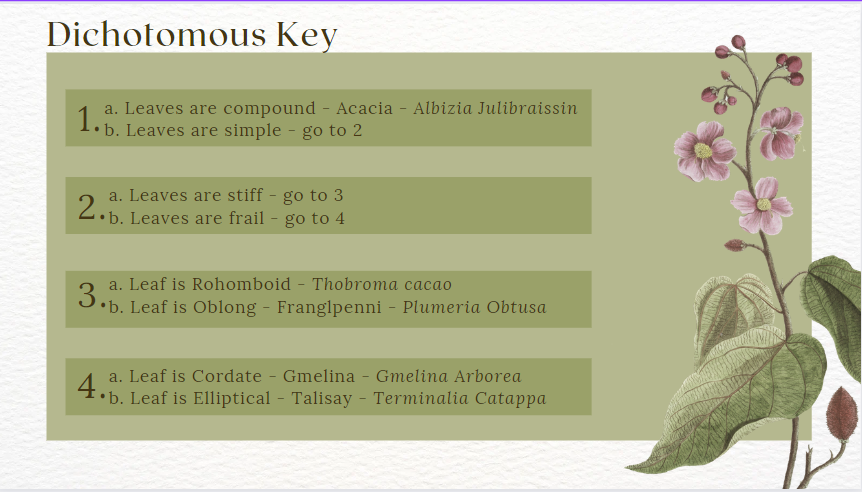
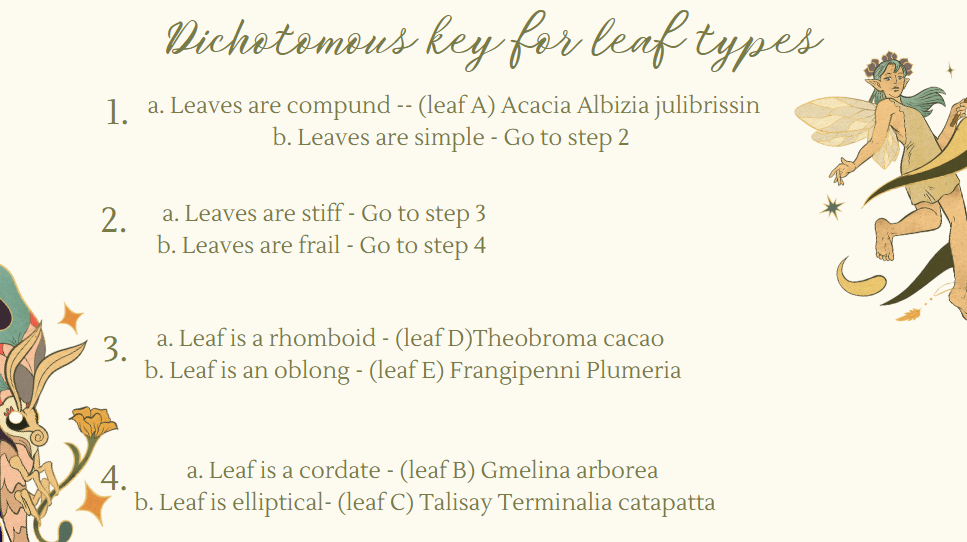
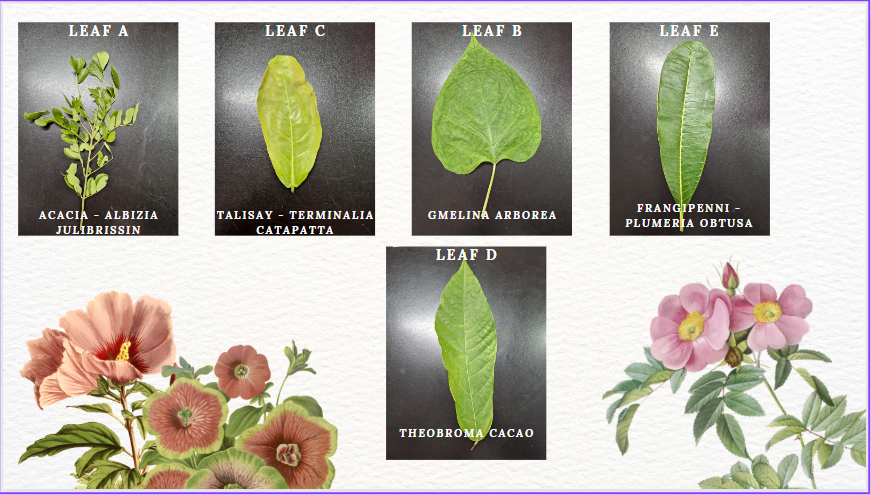
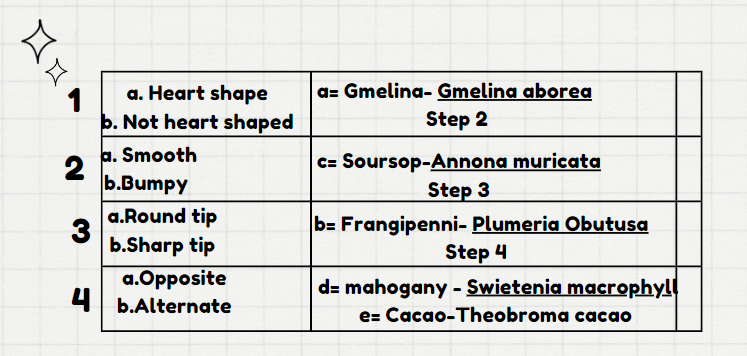
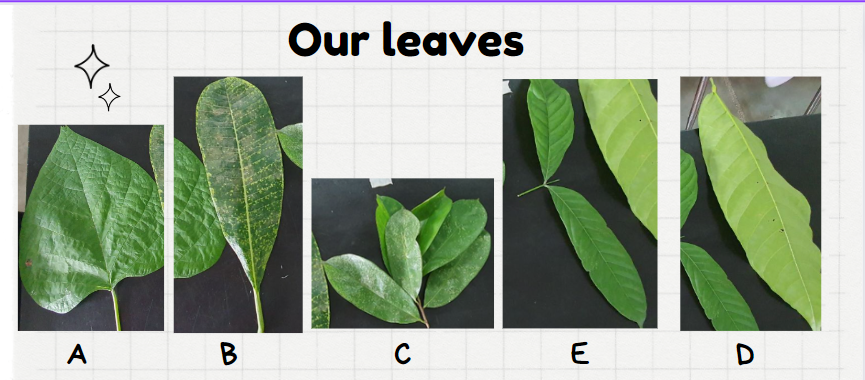
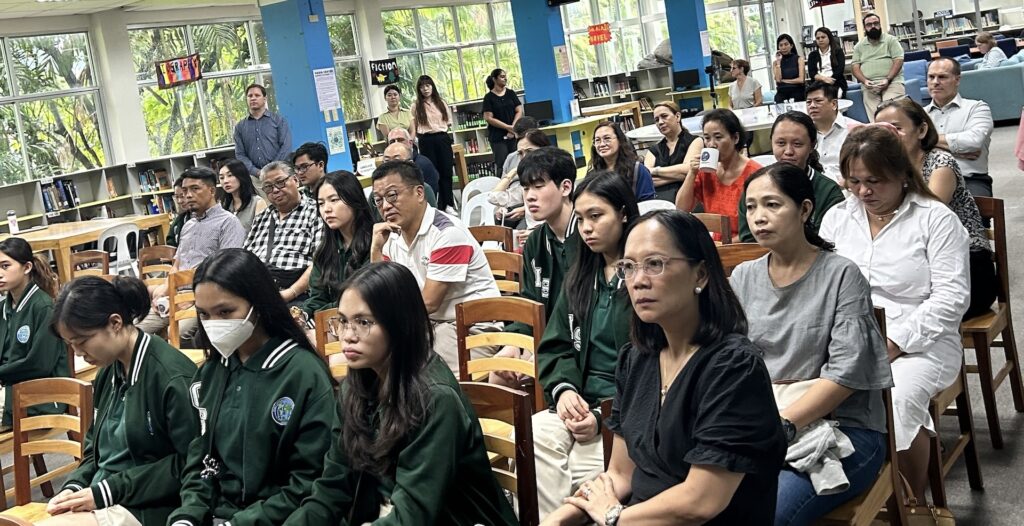



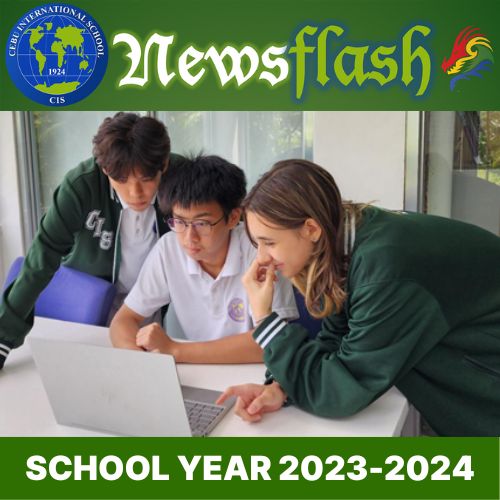
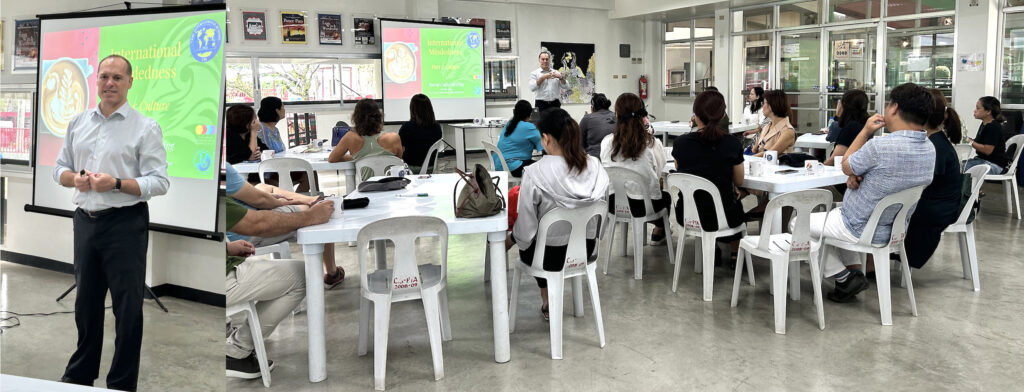
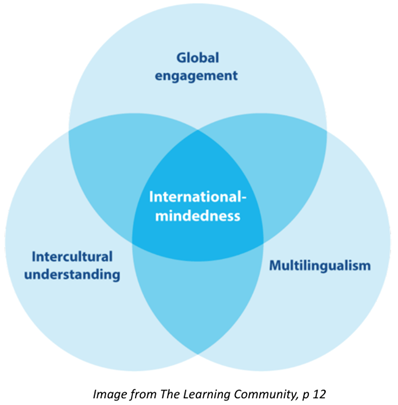 The CIS curriculum provides opportunities for students to inquire into global human commonalities. For example, in the PYP, Grade 2 and 3 students inquire about their values, beliefs, and culture and how they shape their identity. In the Early Years, they look into their unique personal and cultural backgrounds and how they enrich who we are as a community. In Grade 4, students investigate how access to human rights impacts opportunities in a changing world.
The CIS curriculum provides opportunities for students to inquire into global human commonalities. For example, in the PYP, Grade 2 and 3 students inquire about their values, beliefs, and culture and how they shape their identity. In the Early Years, they look into their unique personal and cultural backgrounds and how they enrich who we are as a community. In Grade 4, students investigate how access to human rights impacts opportunities in a changing world.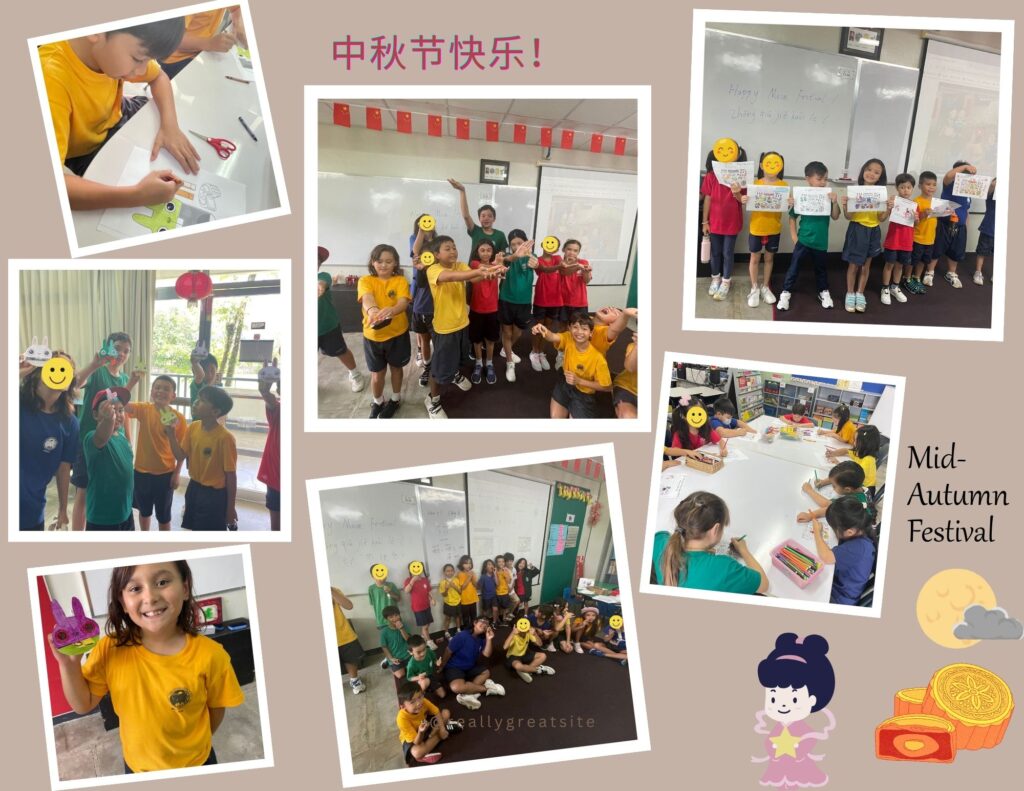 In Elementary School, the children have learned the legend
In Elementary School, the children have learned the legend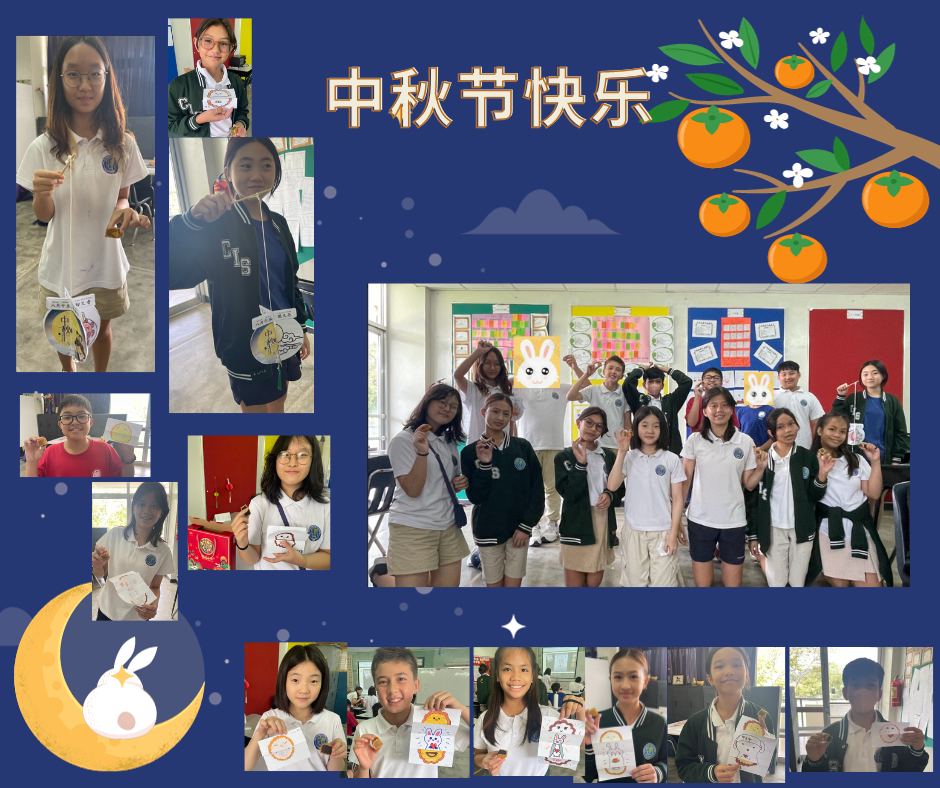 Grade 6/7: Folding Card and Lantern
Grade 6/7: Folding Card and Lantern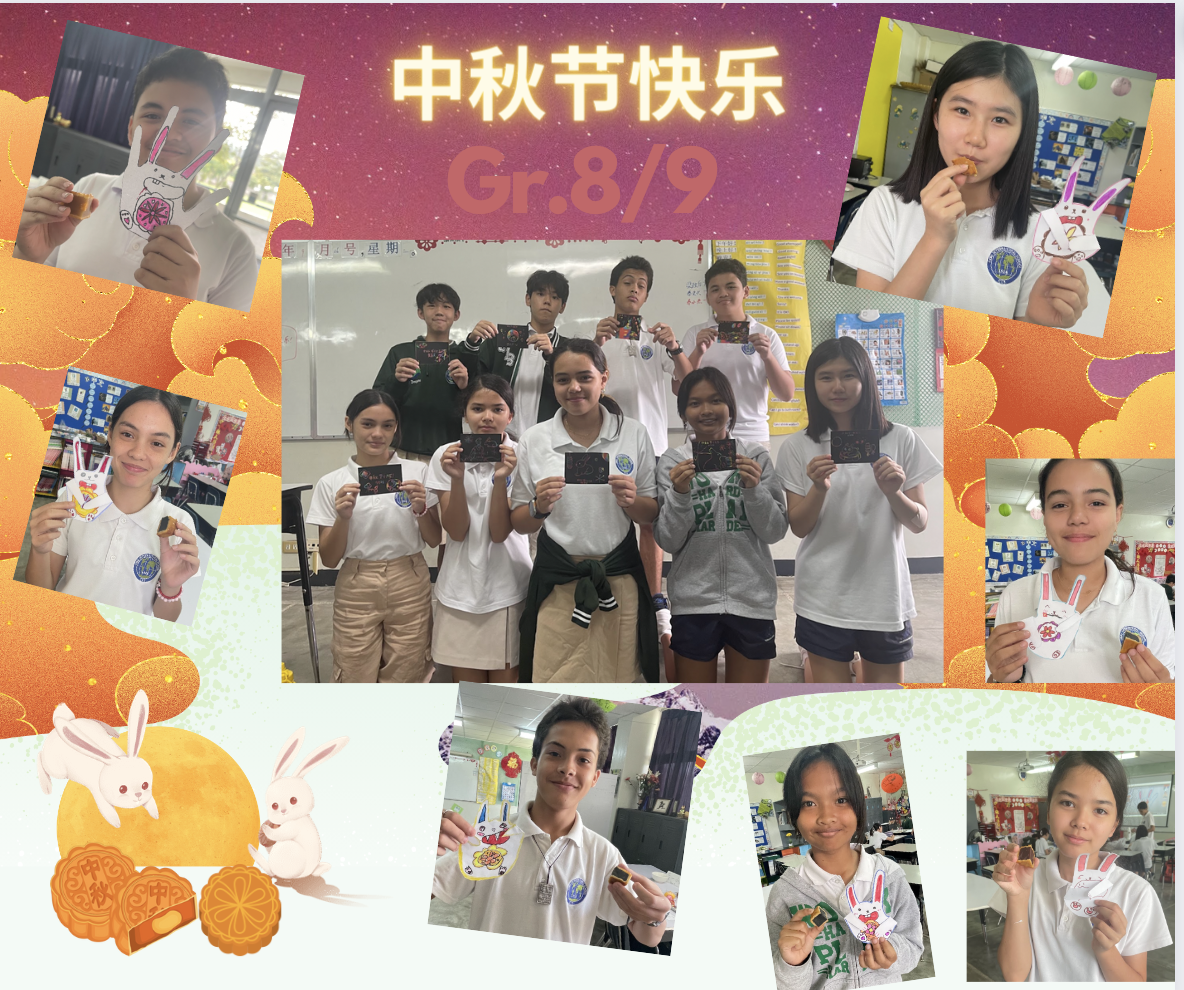 Grade 8/9: Scratching Painting Paper and Rabbit Lantern
Grade 8/9: Scratching Painting Paper and Rabbit Lantern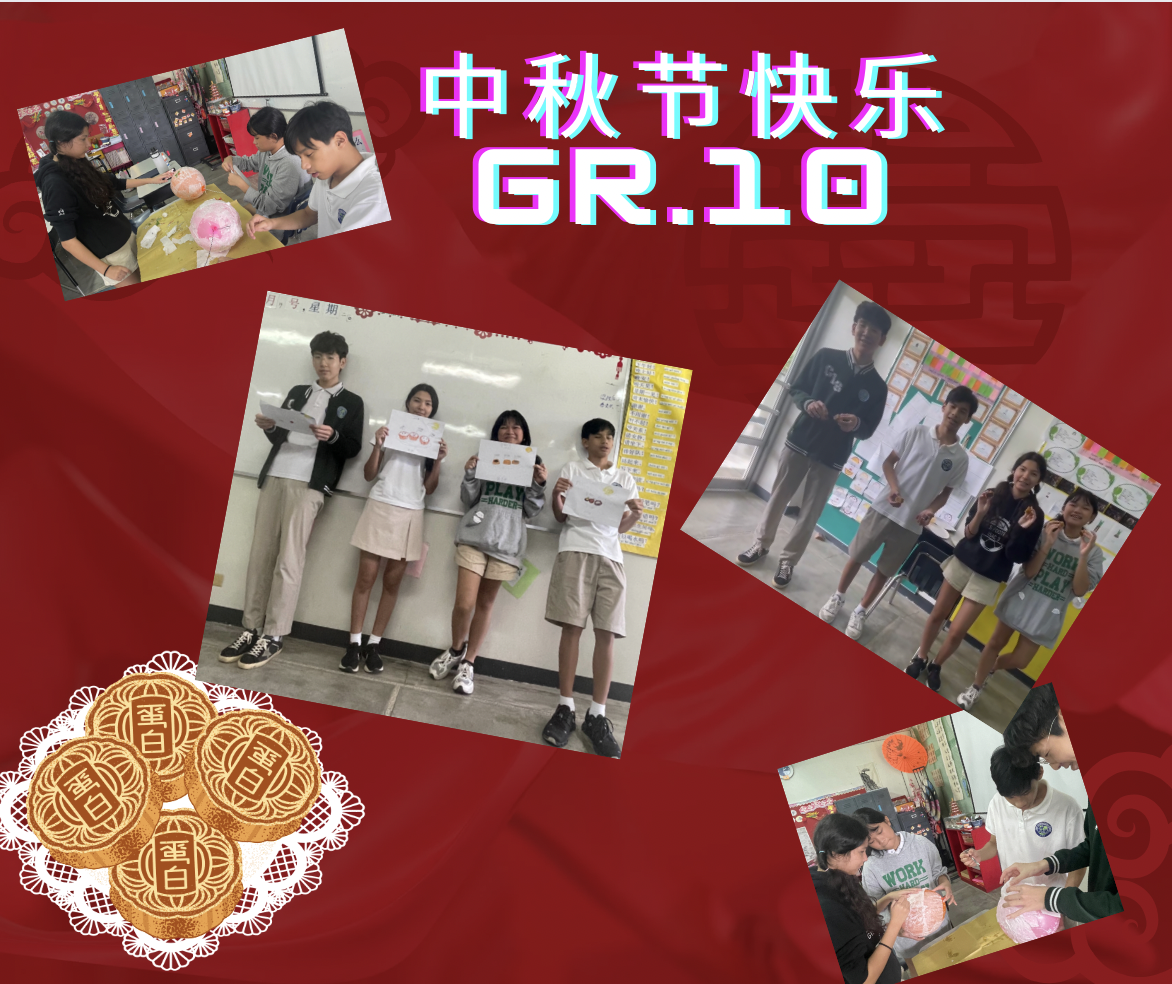 Grade 10: Different Flavors of Mooncake and Lantern
Grade 10: Different Flavors of Mooncake and Lantern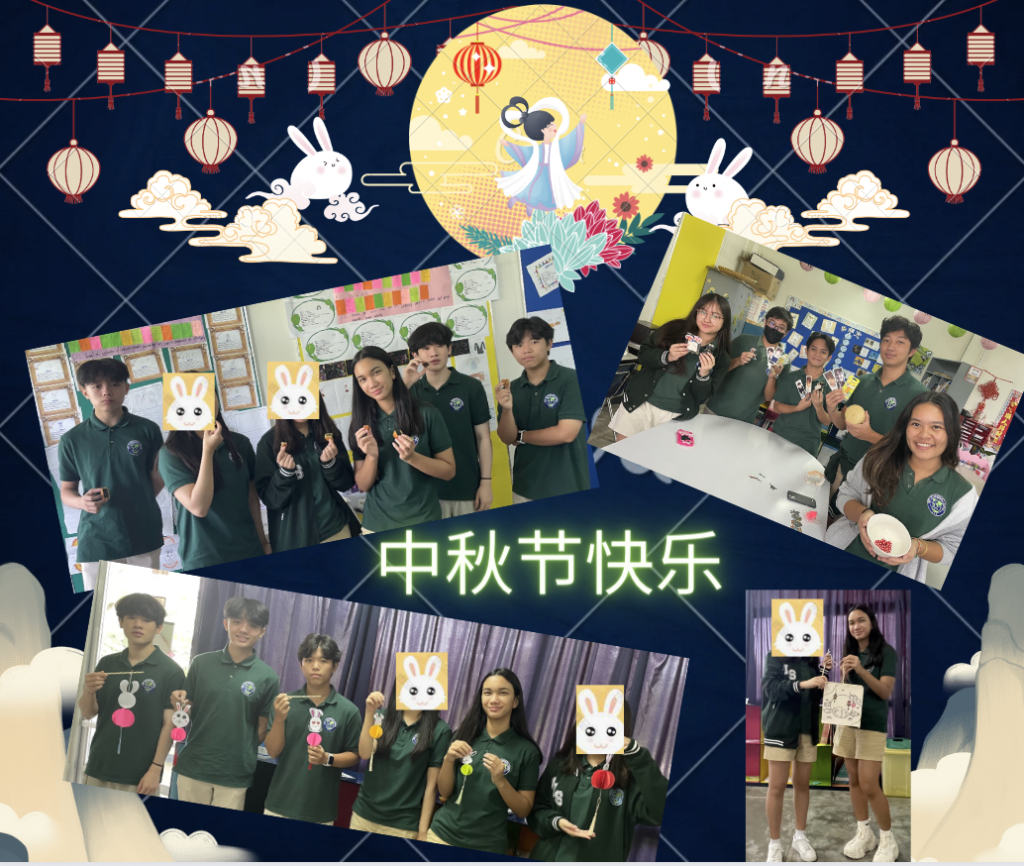 DP Mandarin B and Mandarin AB Initio class
DP Mandarin B and Mandarin AB Initio class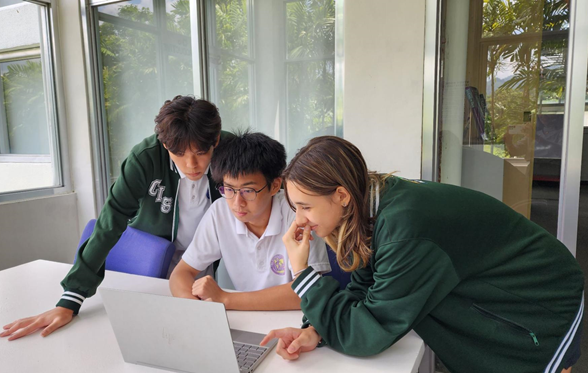 How did they prepare?
How did they prepare?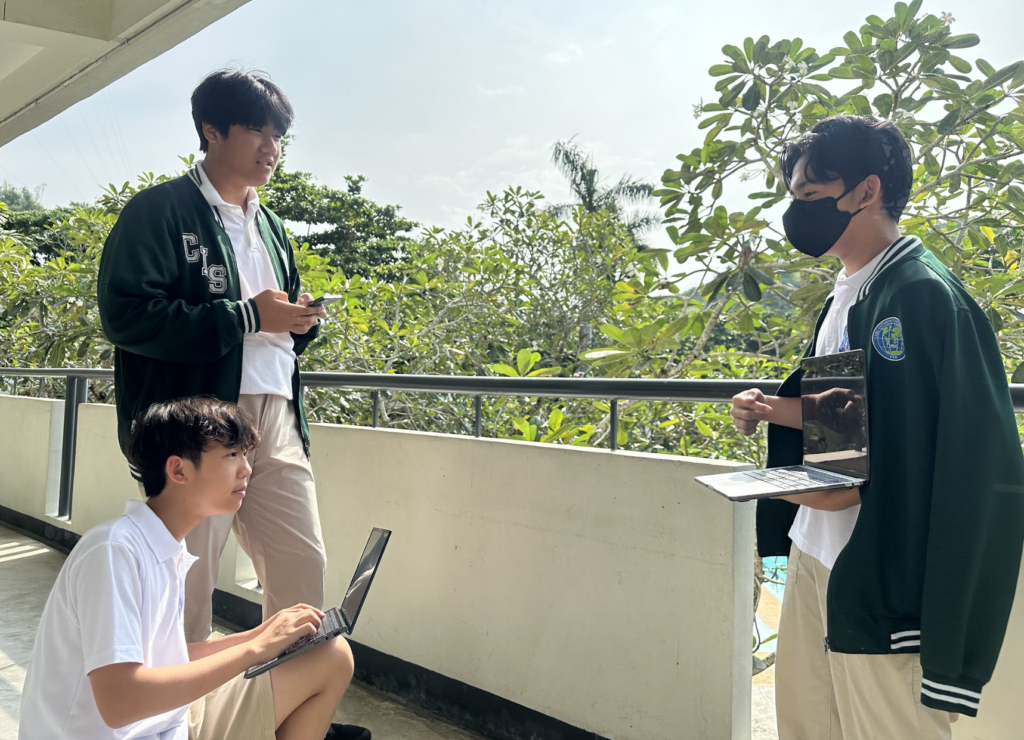
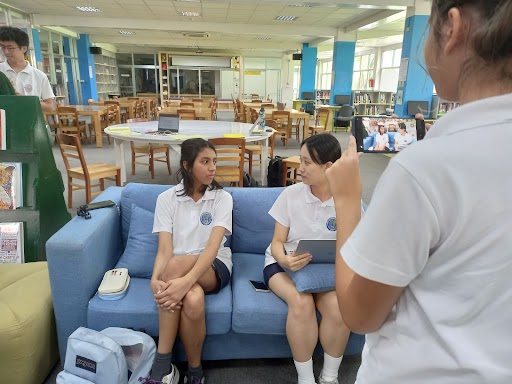
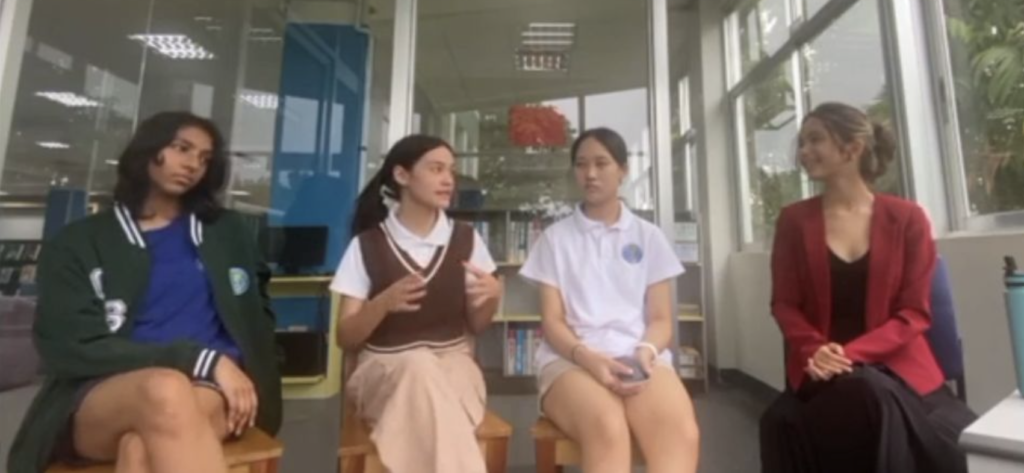
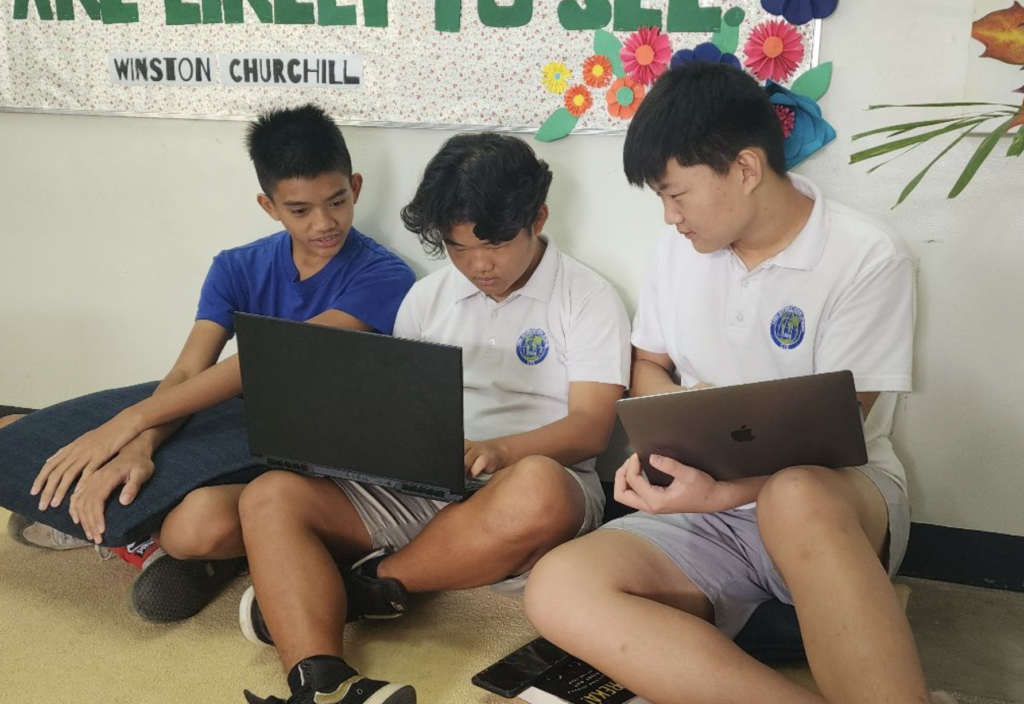
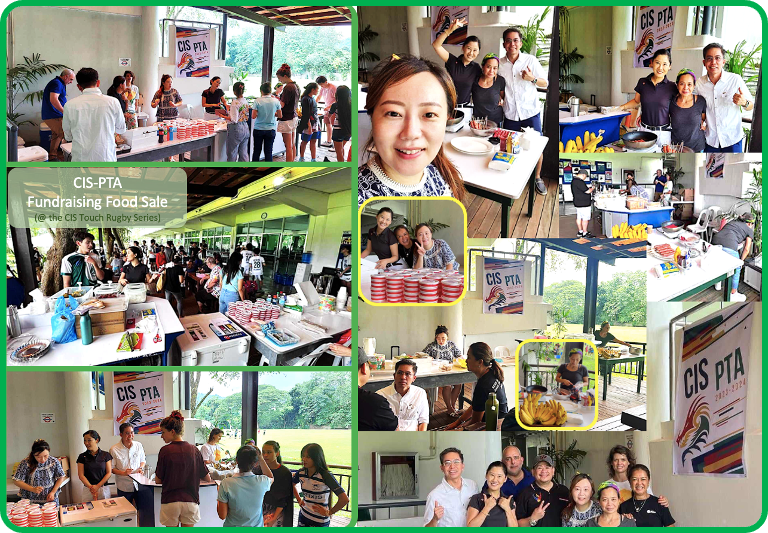

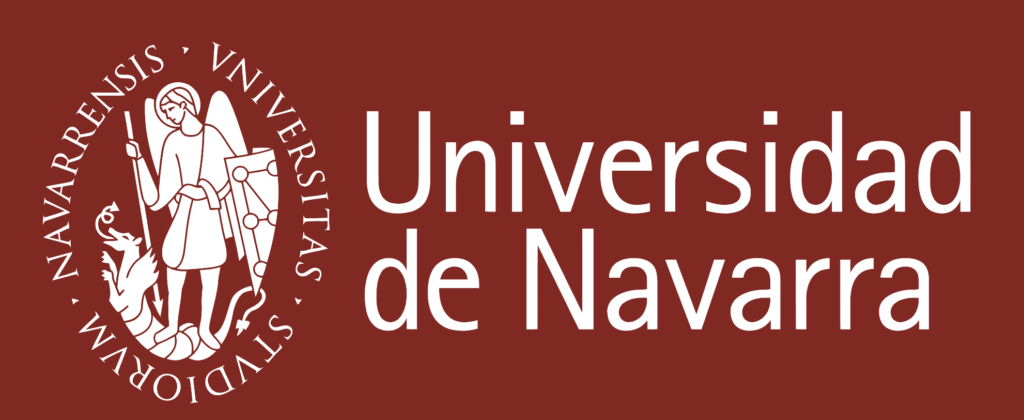
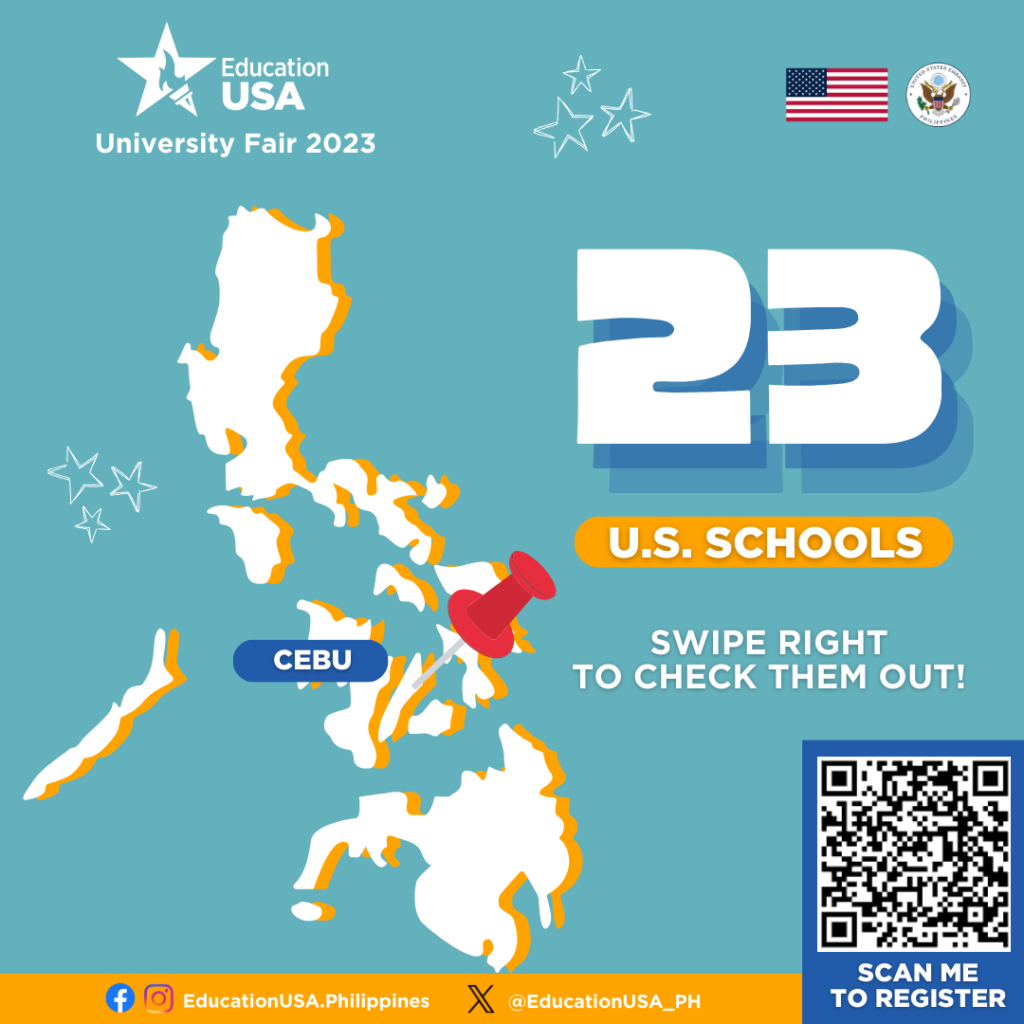
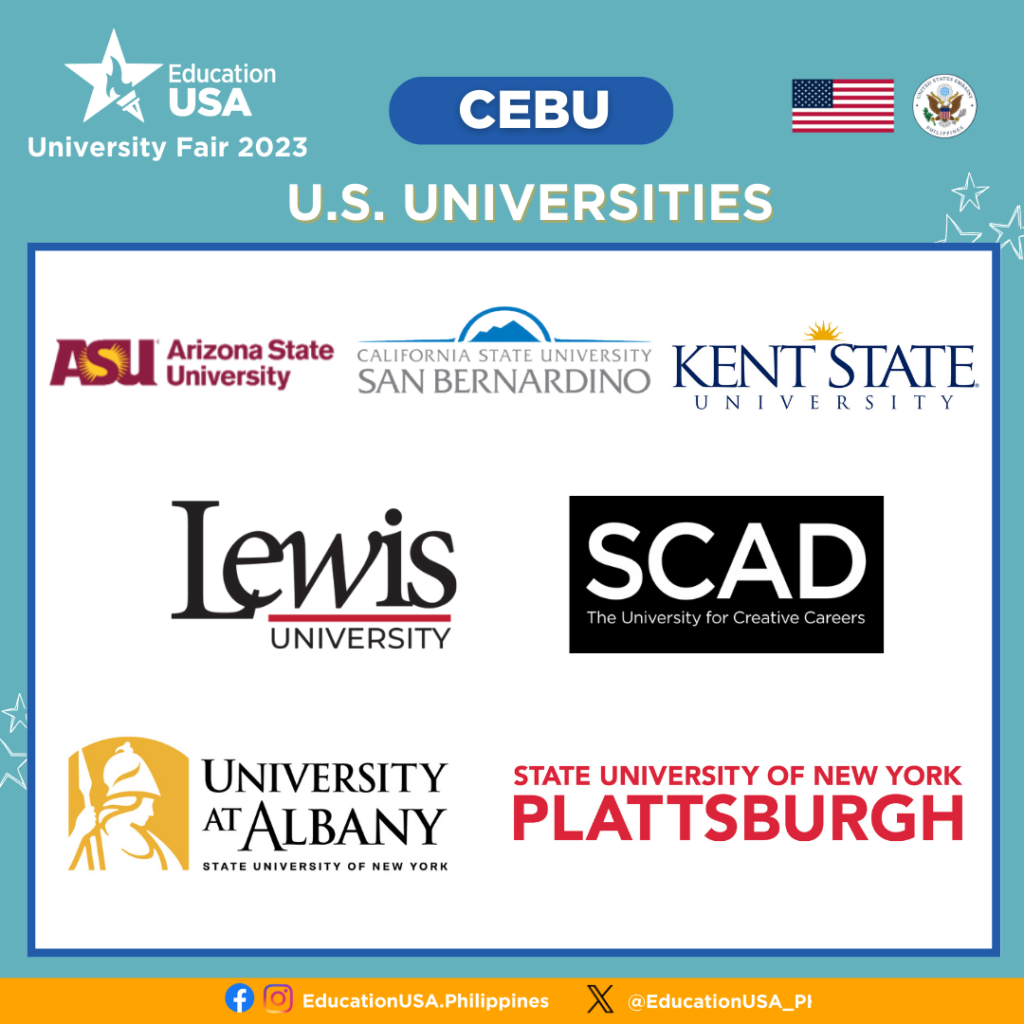
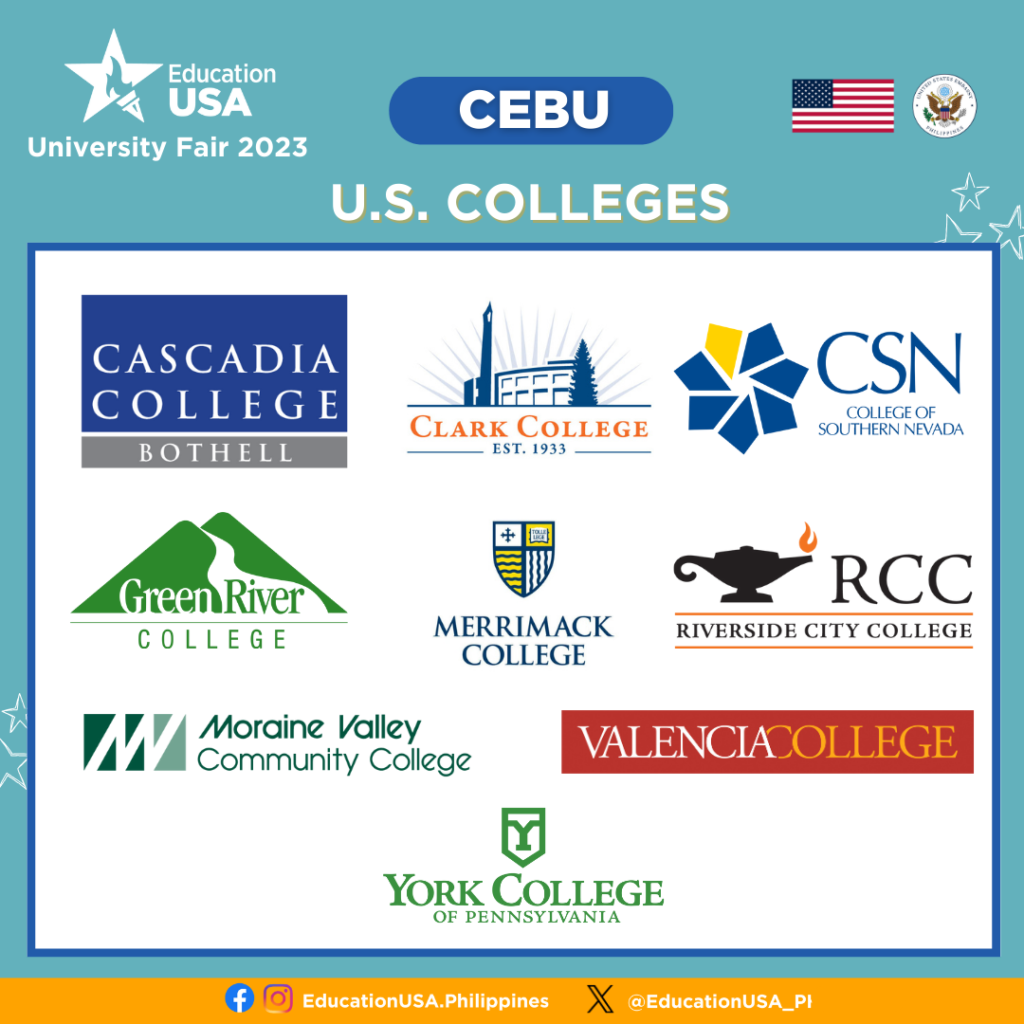
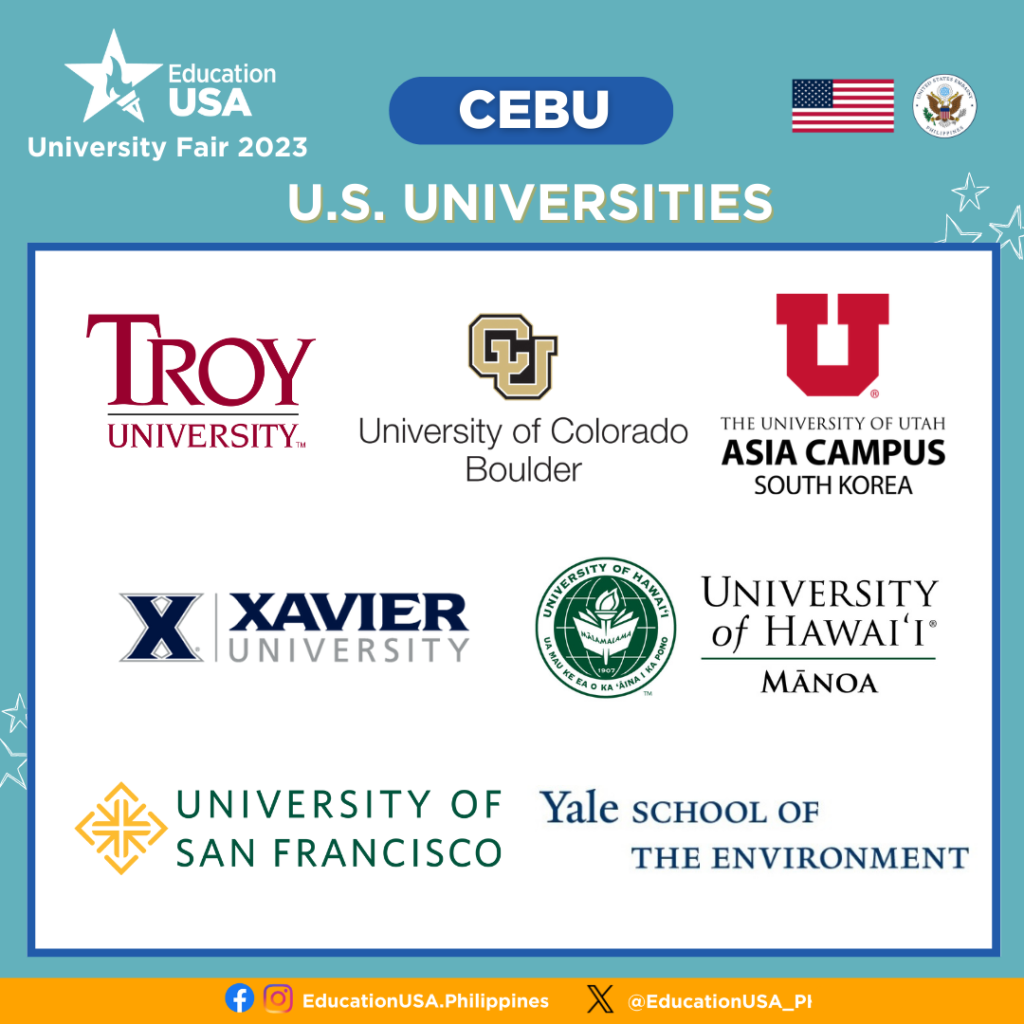

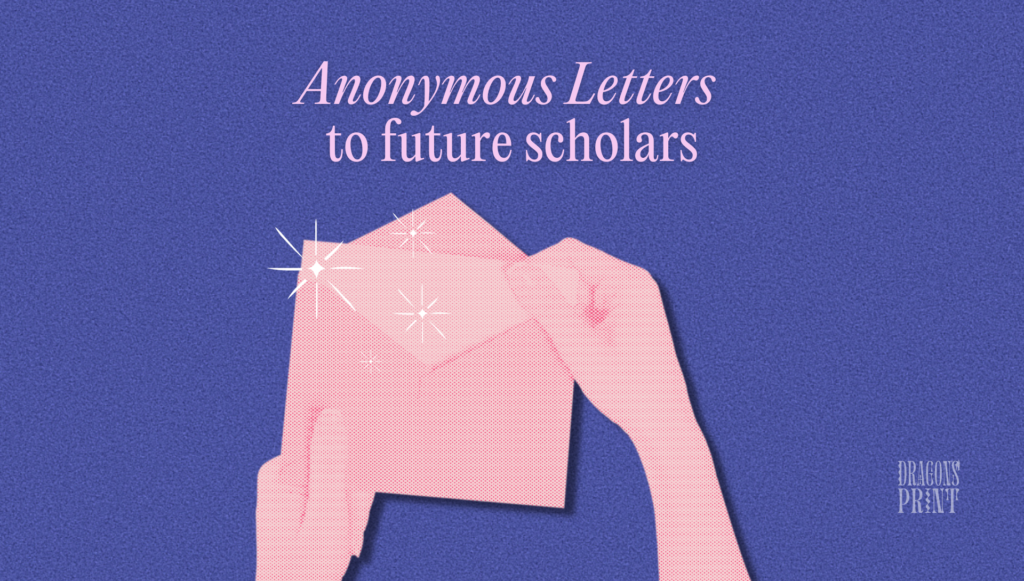
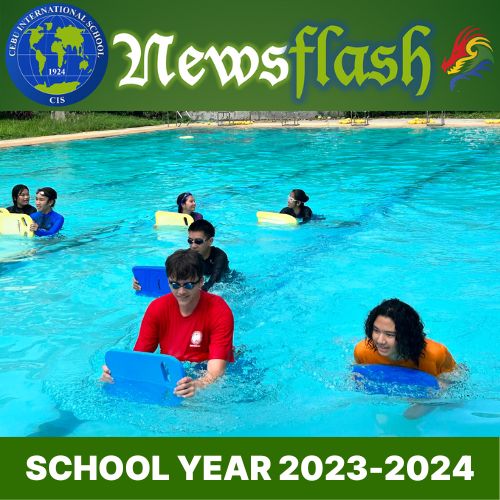
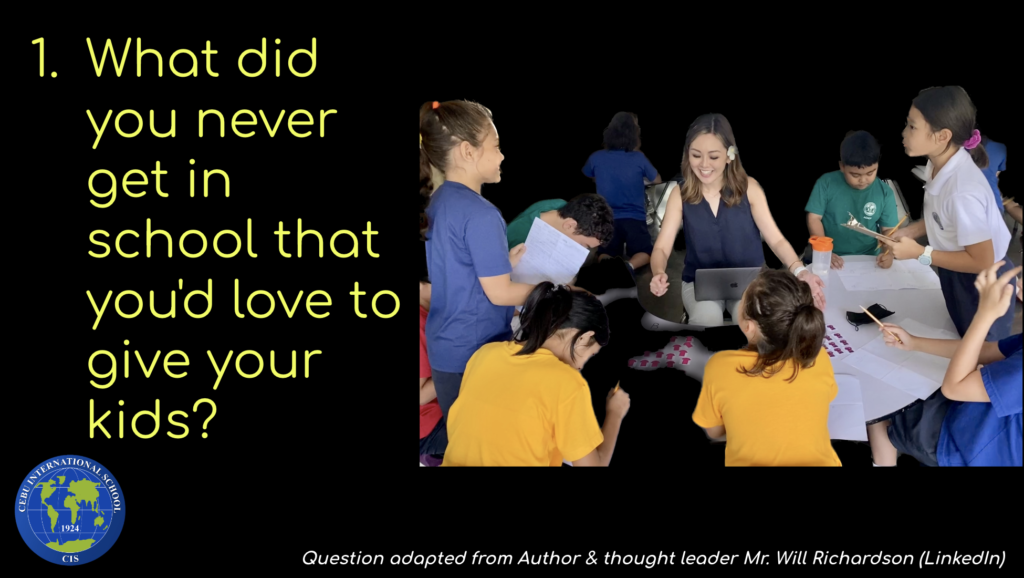
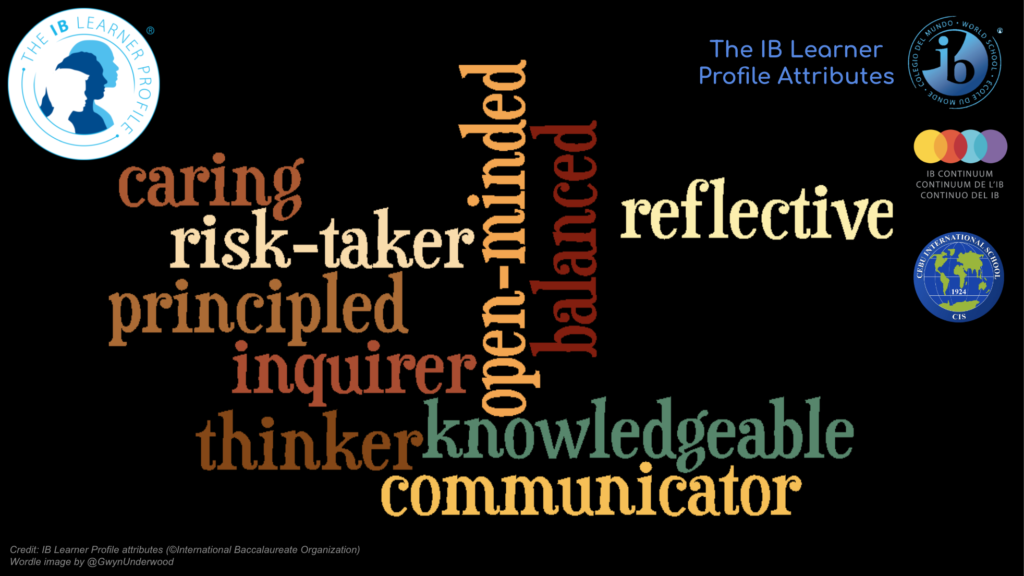
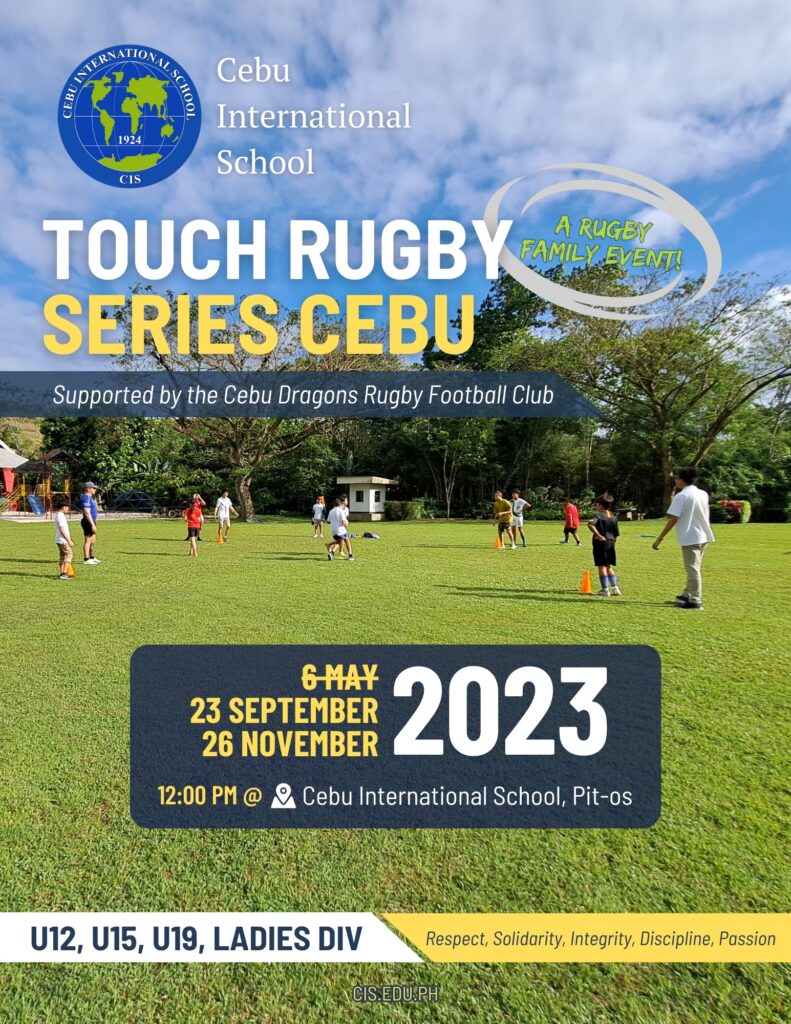
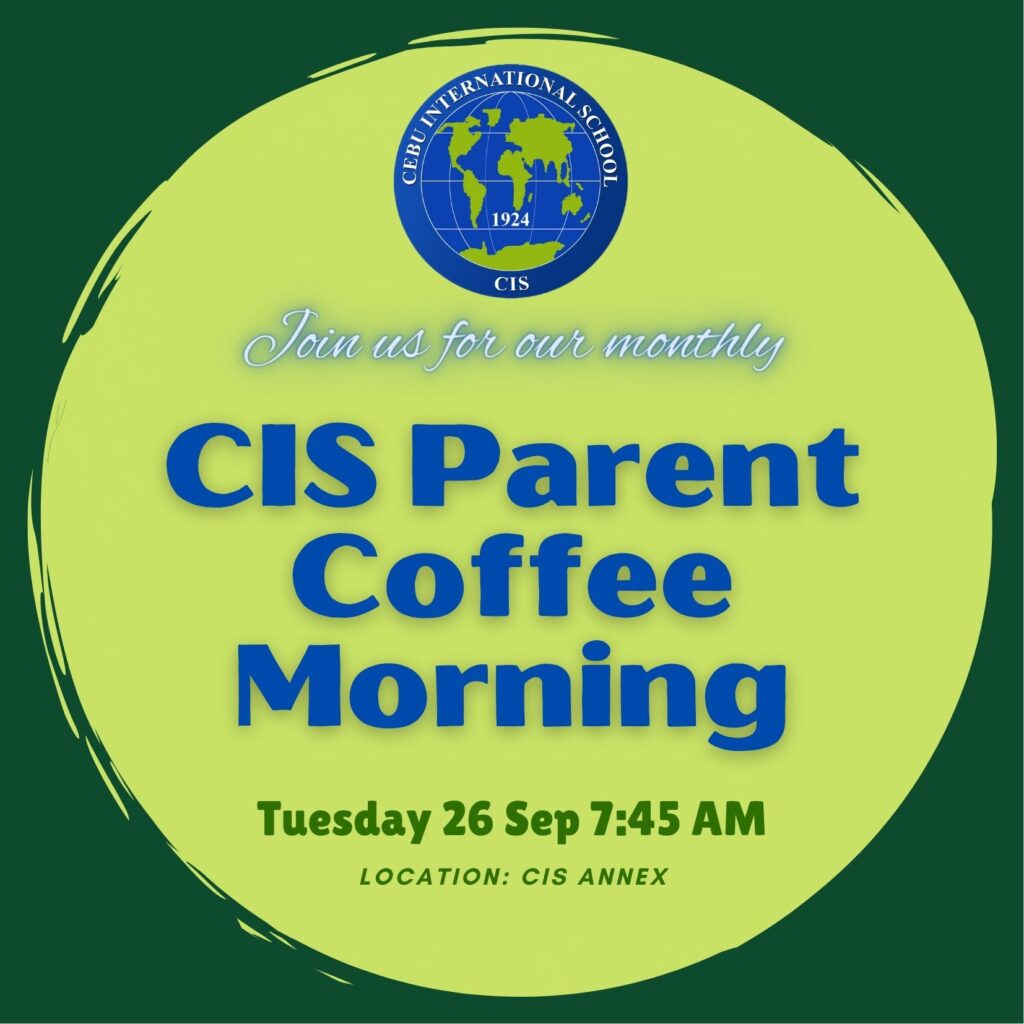
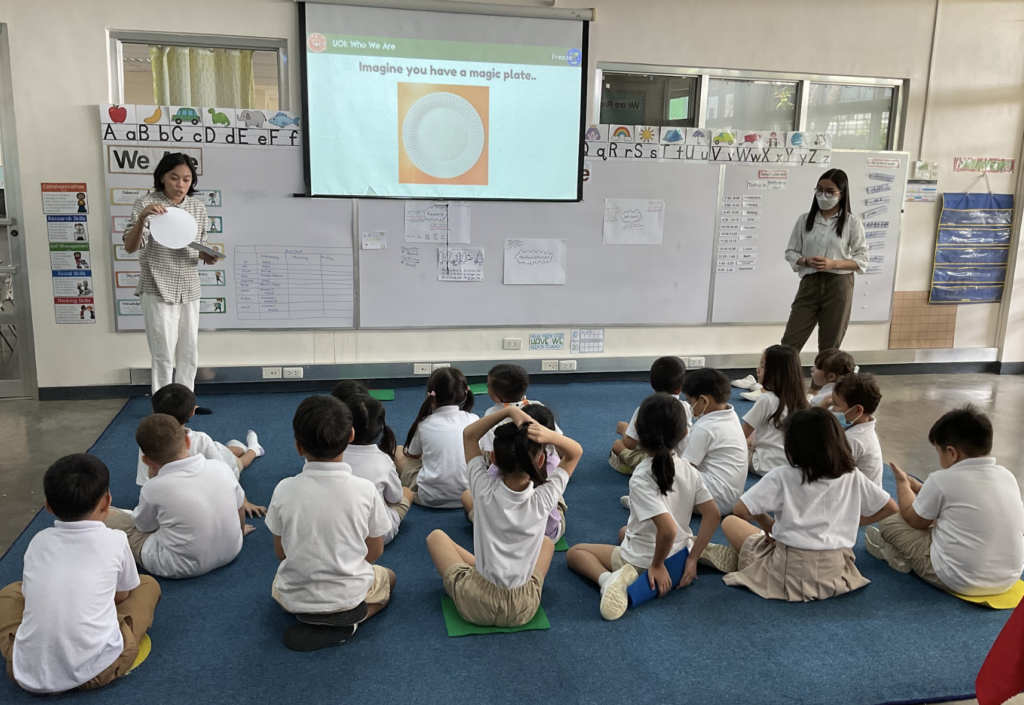
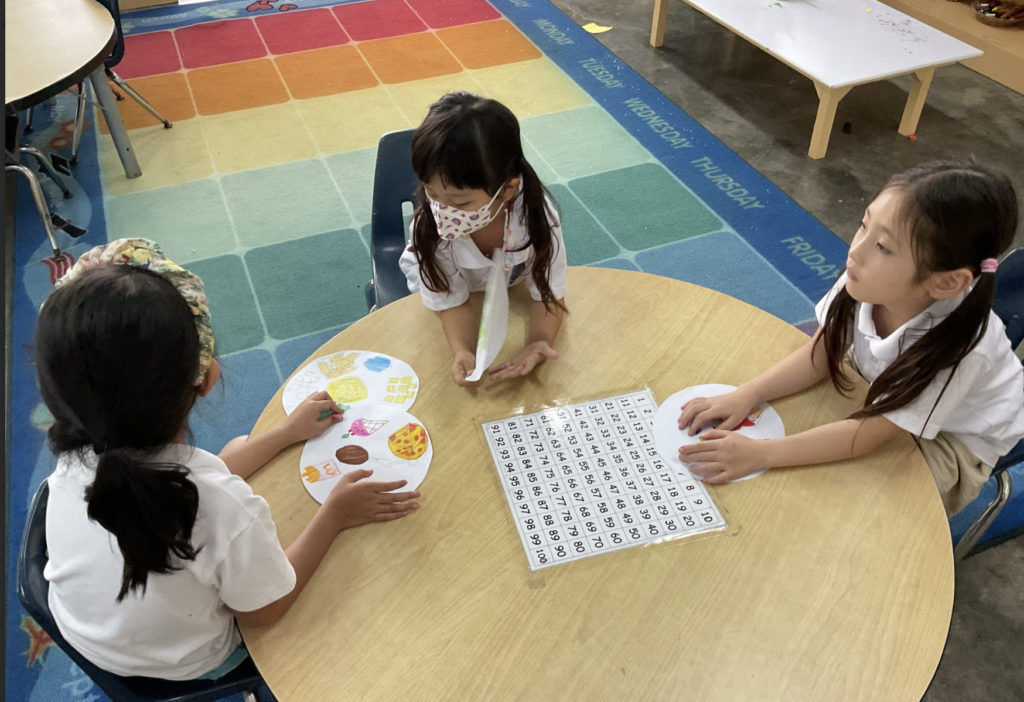
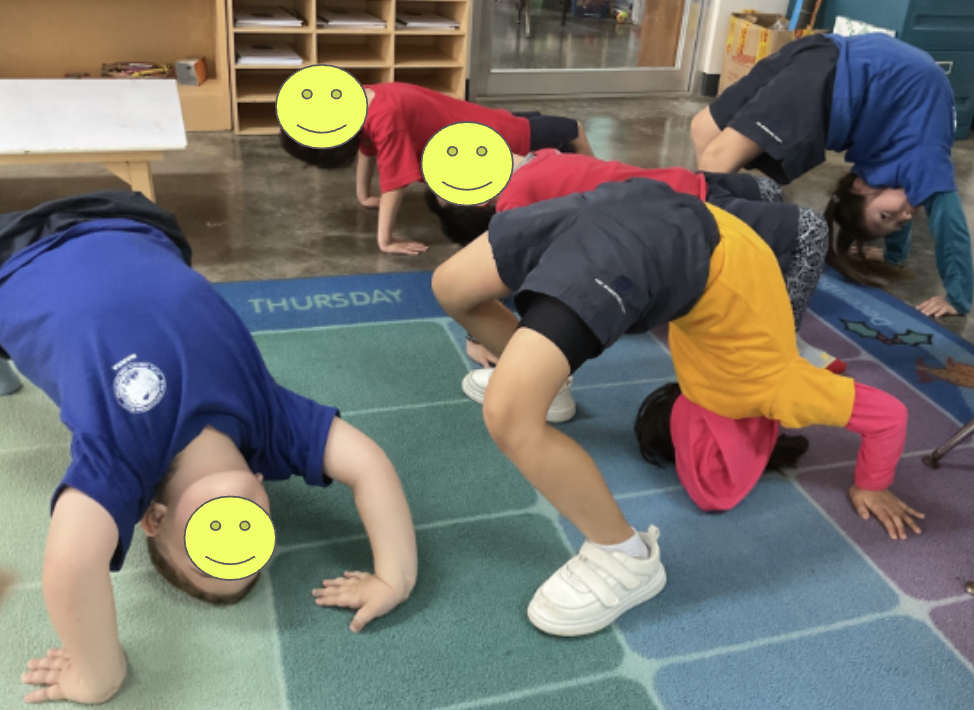
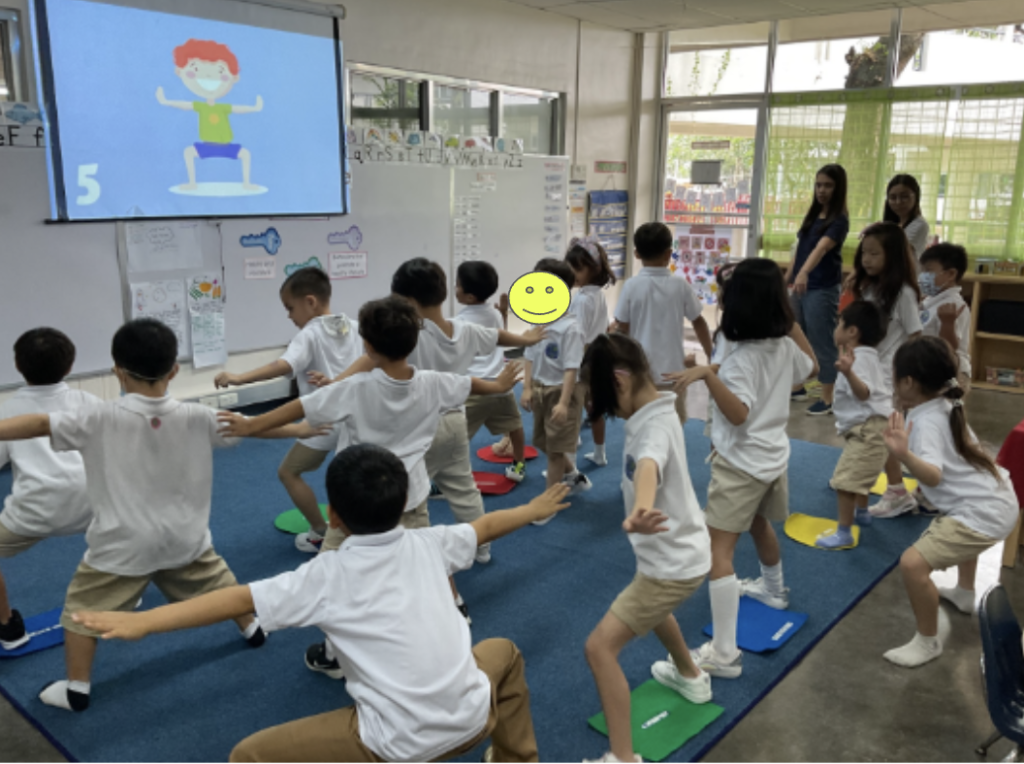
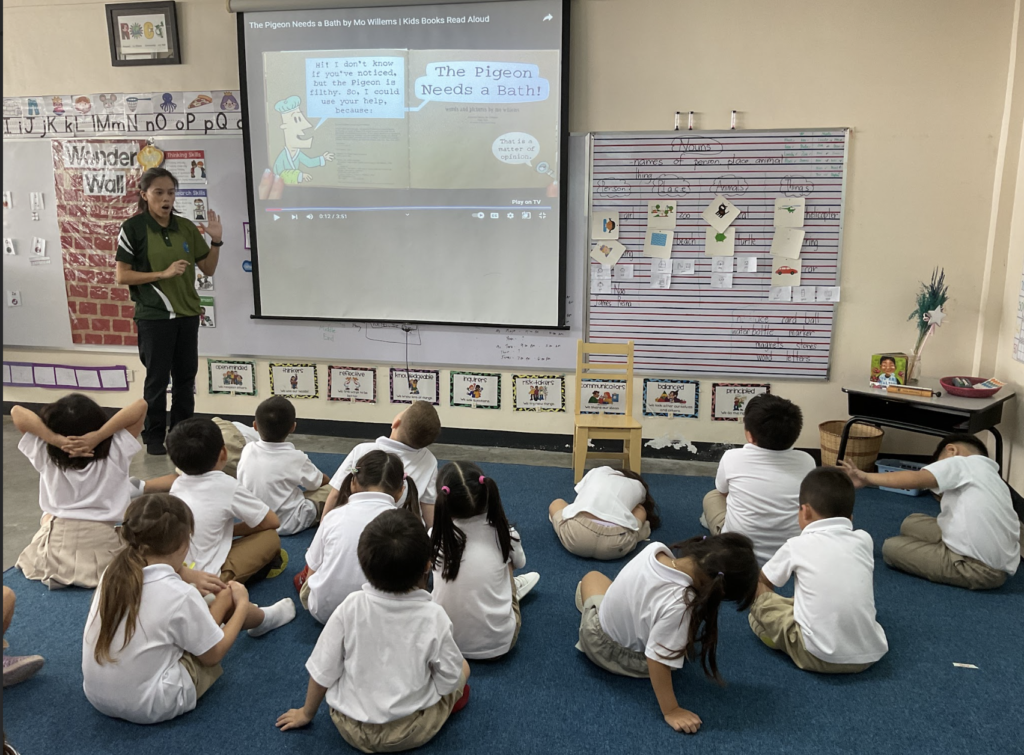
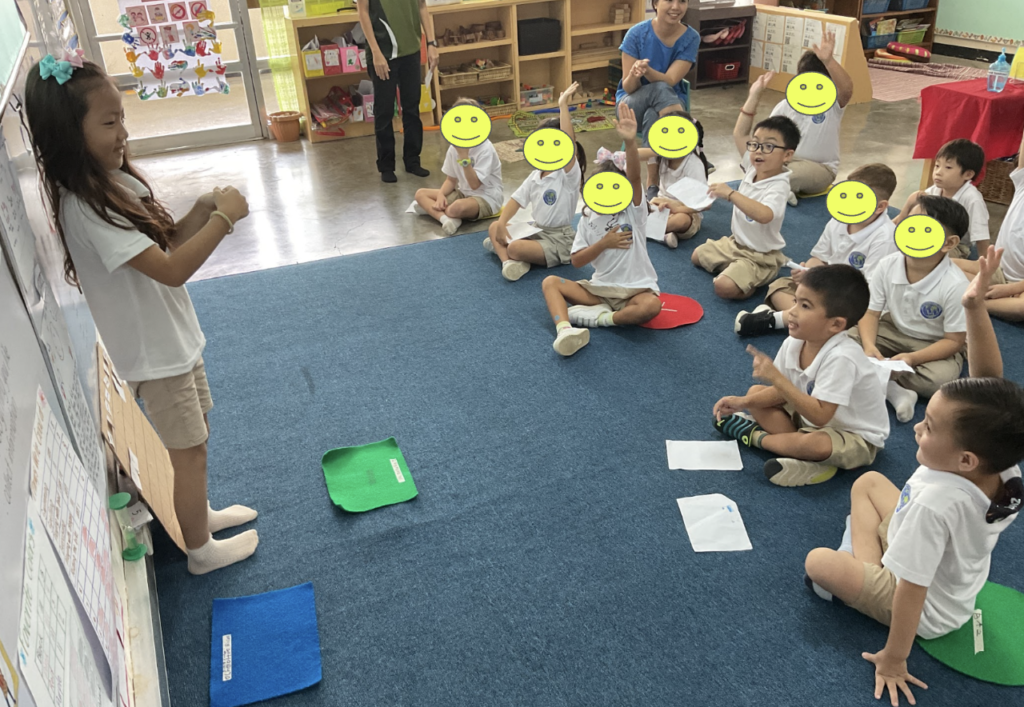
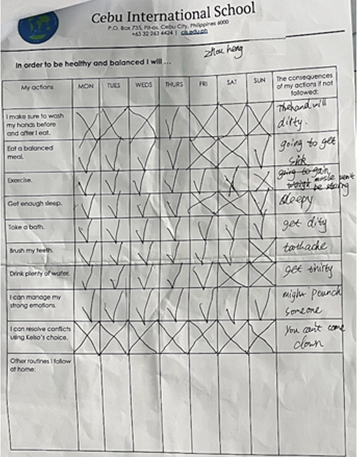
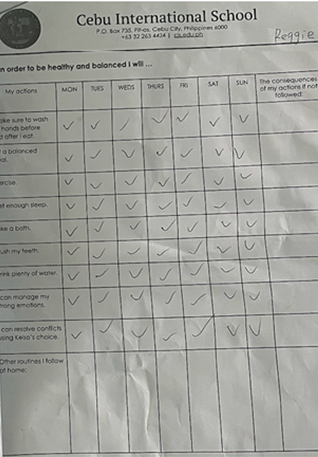

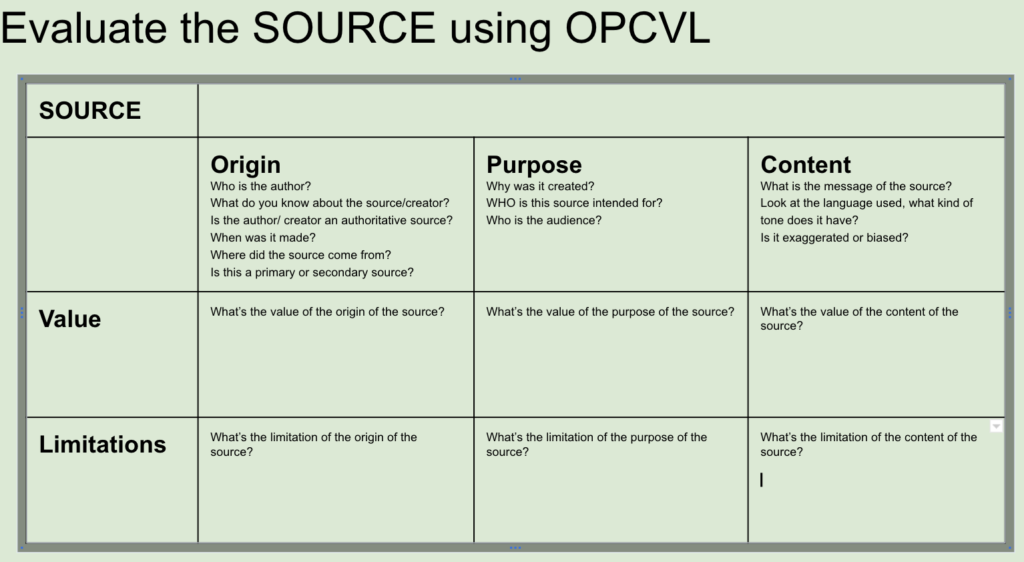
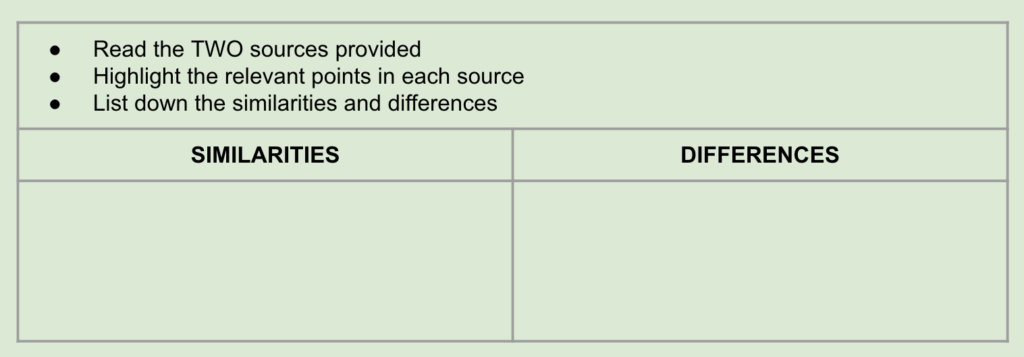
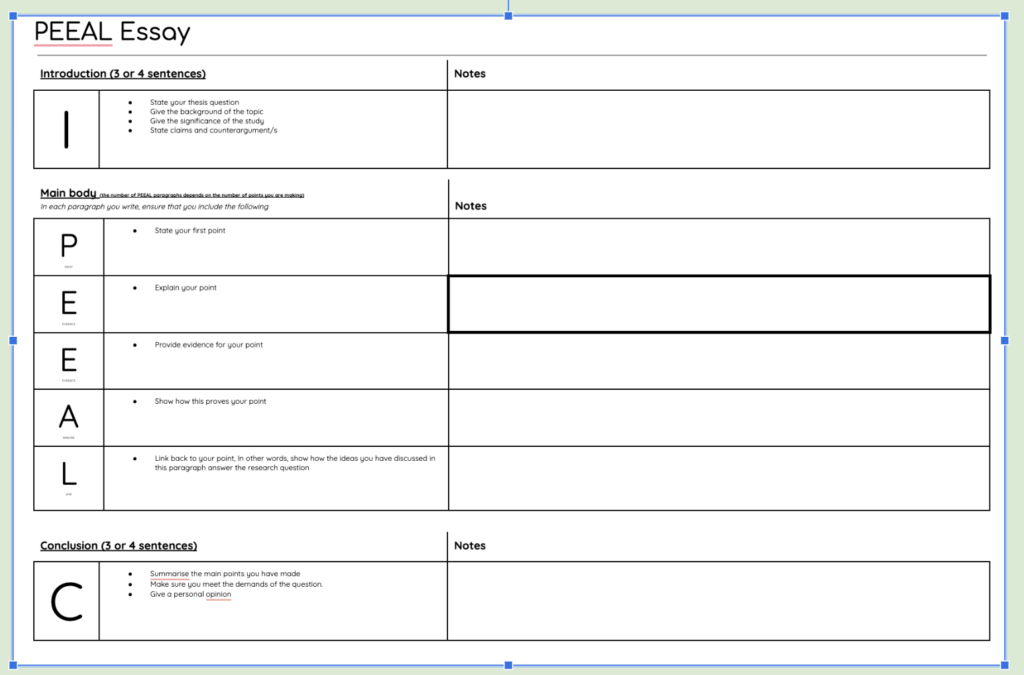
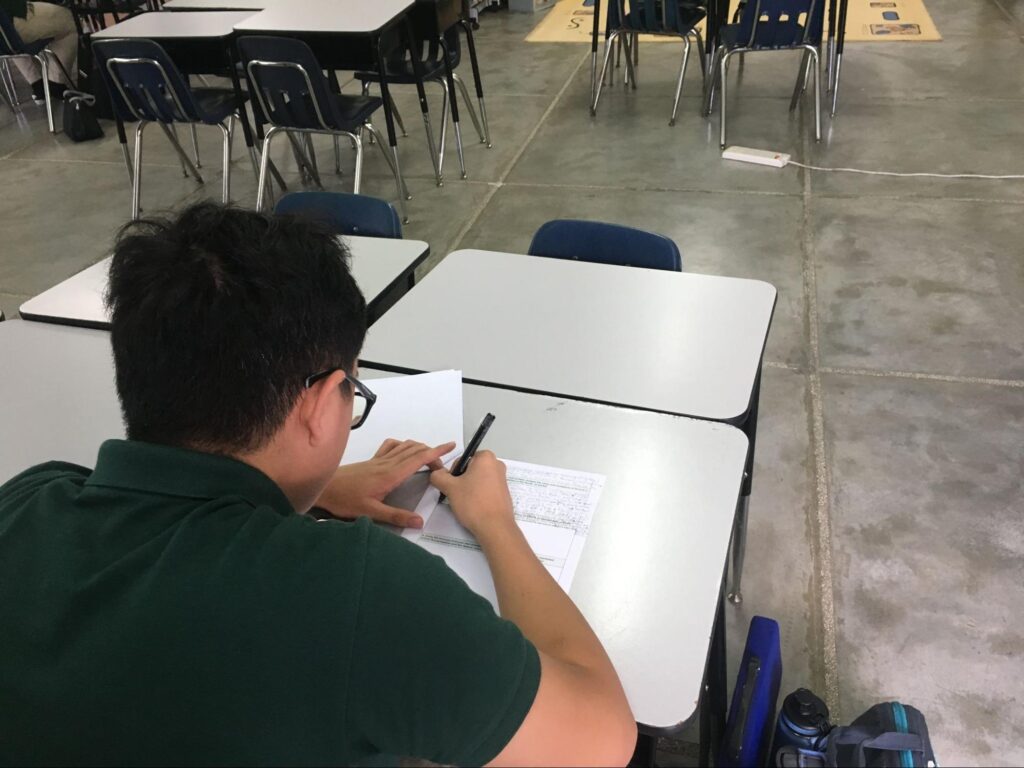
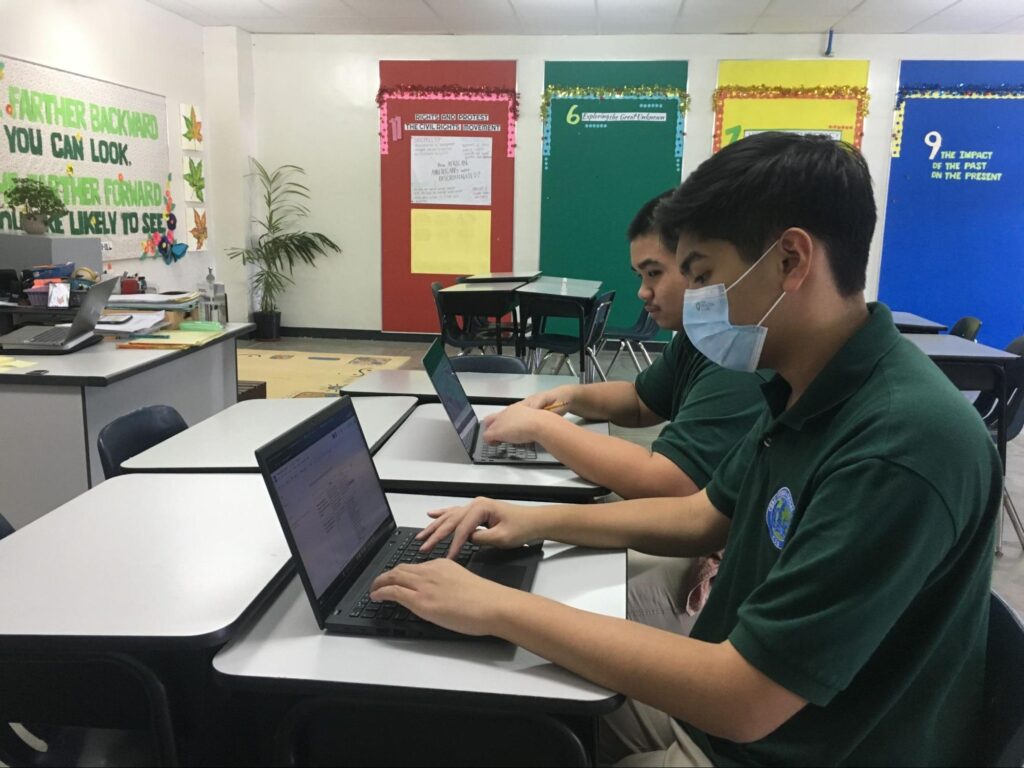
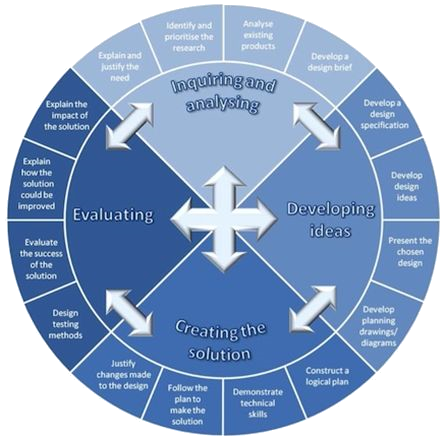 The MYP design framework incorporates inquiry and problem-solving at its core, cultivating rigid student learning through the application and use of the
The MYP design framework incorporates inquiry and problem-solving at its core, cultivating rigid student learning through the application and use of the 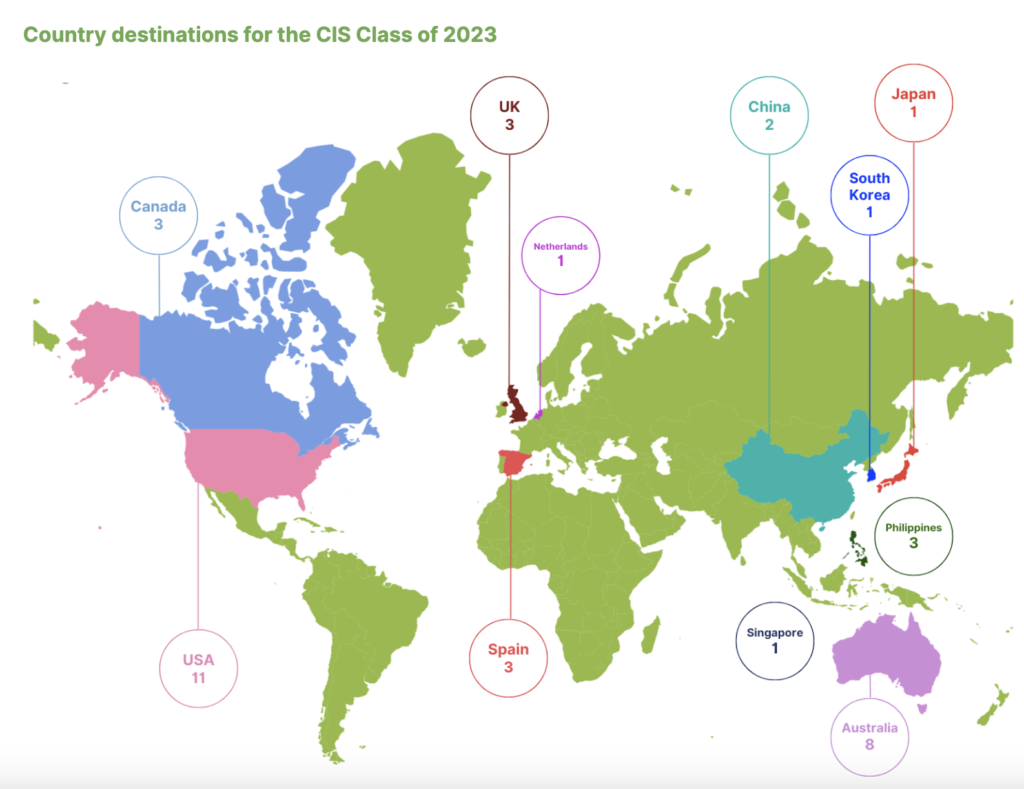




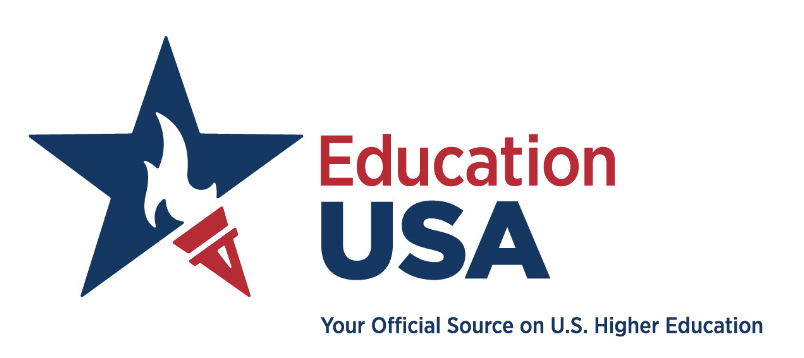


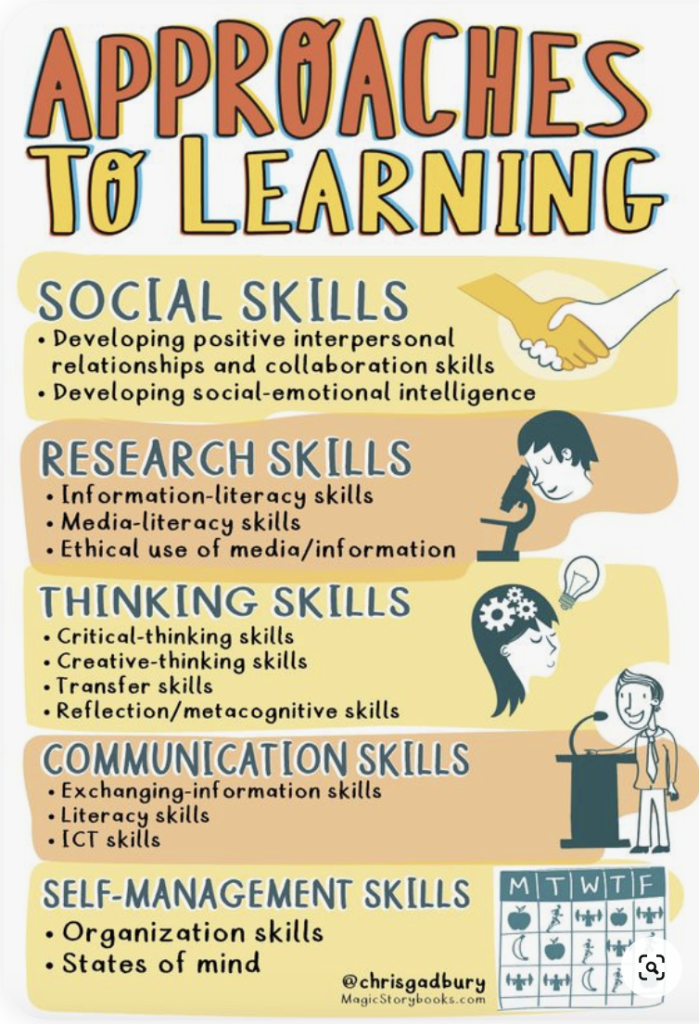 It was wonderful to observe the laughter, fun, and collaboration among students today as we held our first
It was wonderful to observe the laughter, fun, and collaboration among students today as we held our first 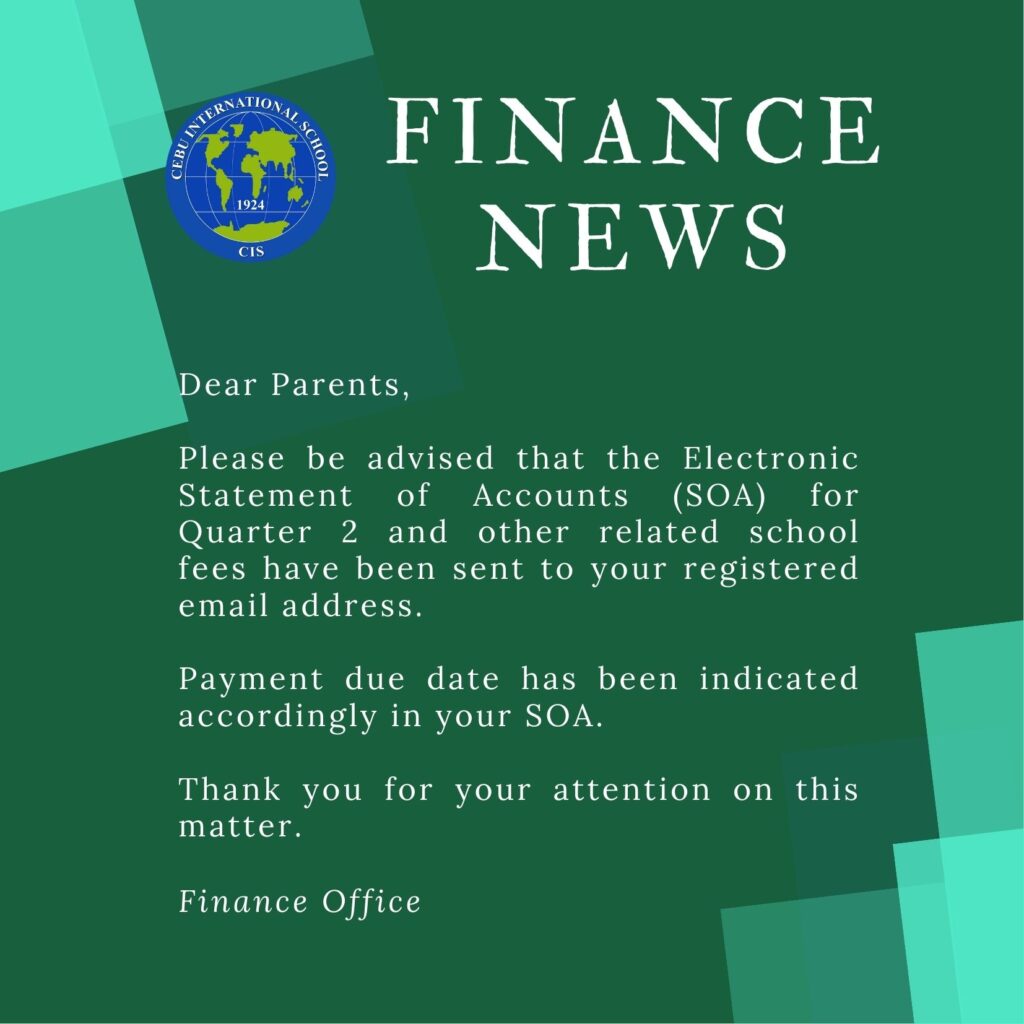
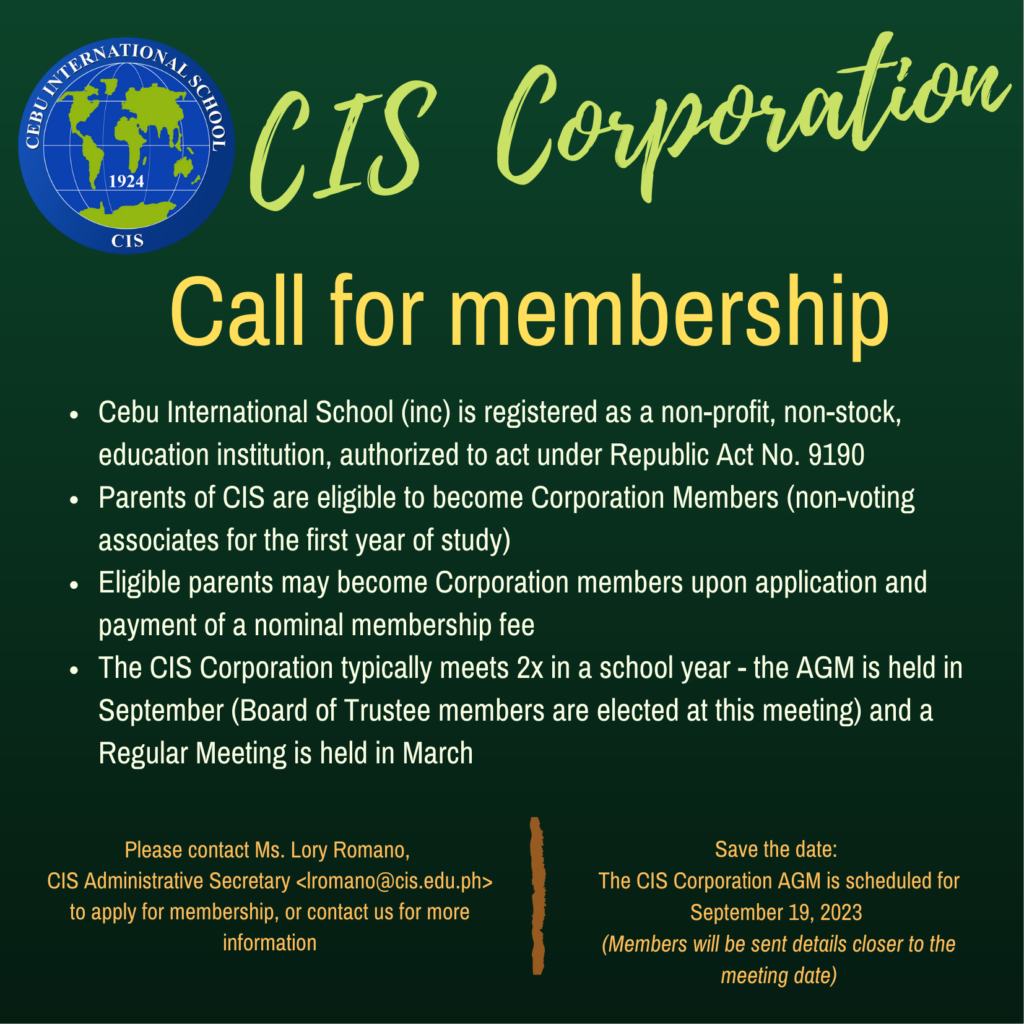
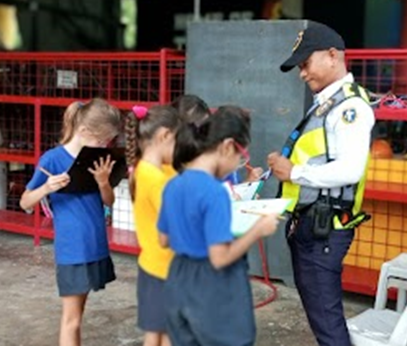 The Grade 3 inquirers began exploring our first unit, under the transdisciplinary theme How We Organize Ourselves by using their research skills to gather information about how people’s needs and interests influence communities to form and evolve. As they walked around our learning community, they made careful observations and documented what they saw, thought, and
The Grade 3 inquirers began exploring our first unit, under the transdisciplinary theme How We Organize Ourselves by using their research skills to gather information about how people’s needs and interests influence communities to form and evolve. As they walked around our learning community, they made careful observations and documented what they saw, thought, and 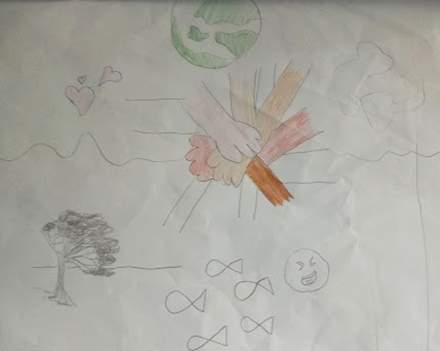 wondered.
wondered. 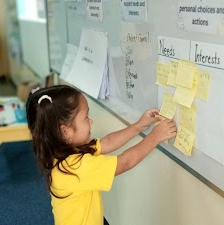 Next, we delved into the reasons why our class attends school. They classified their responses into needs or interests.
Next, we delved into the reasons why our class attends school. They classified their responses into needs or interests.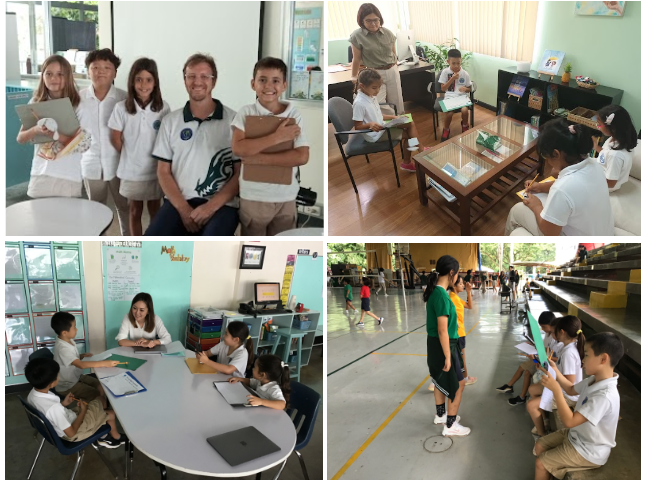
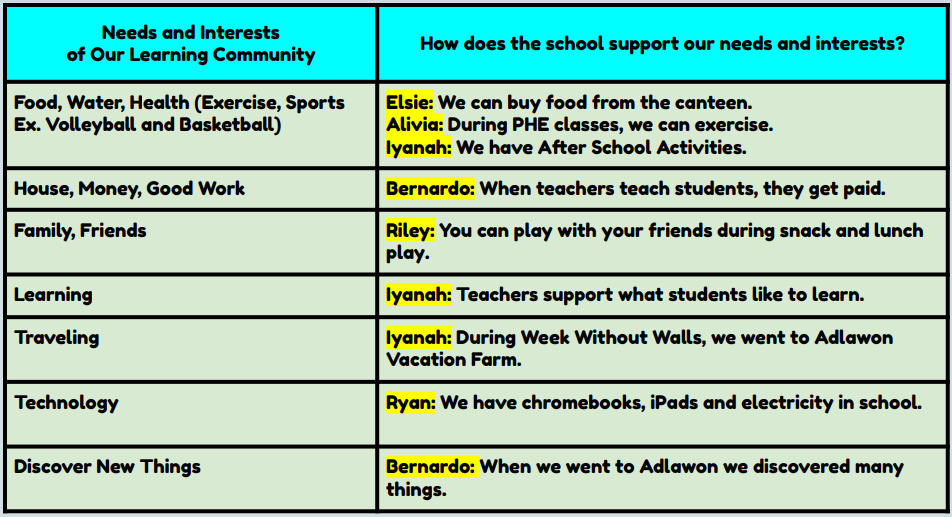
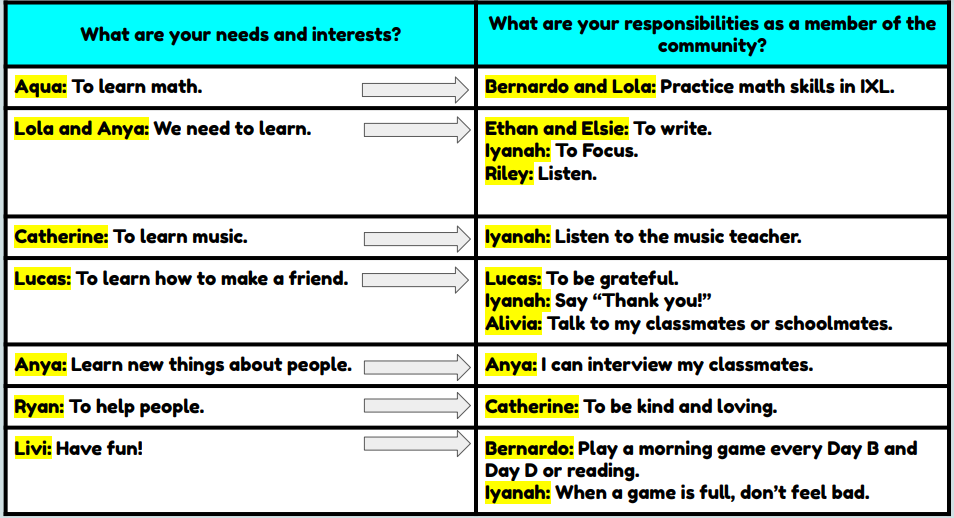
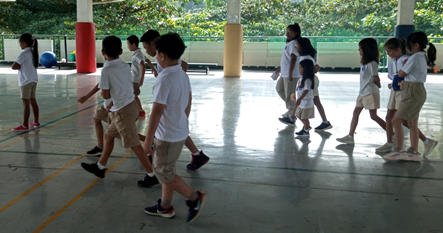
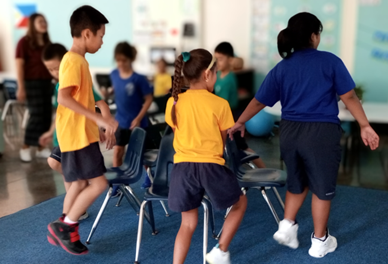
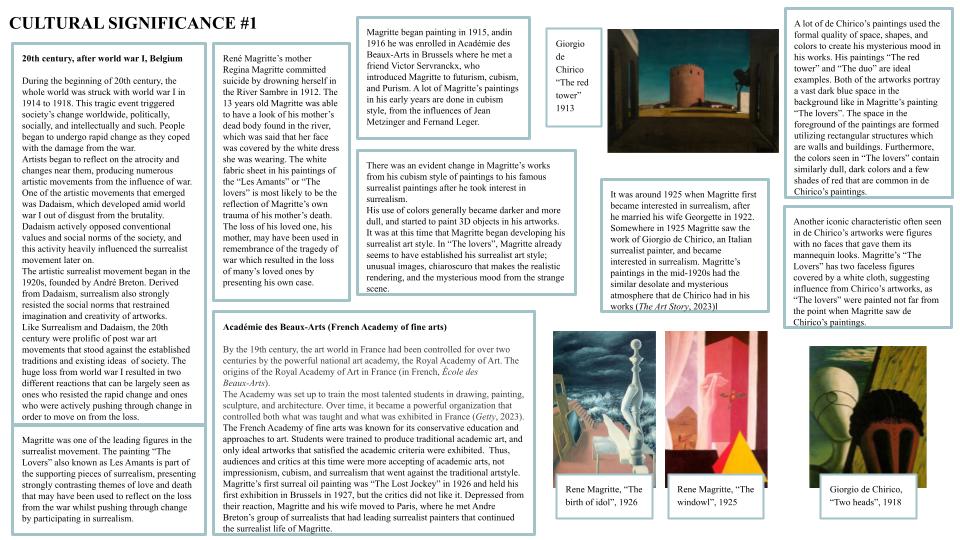
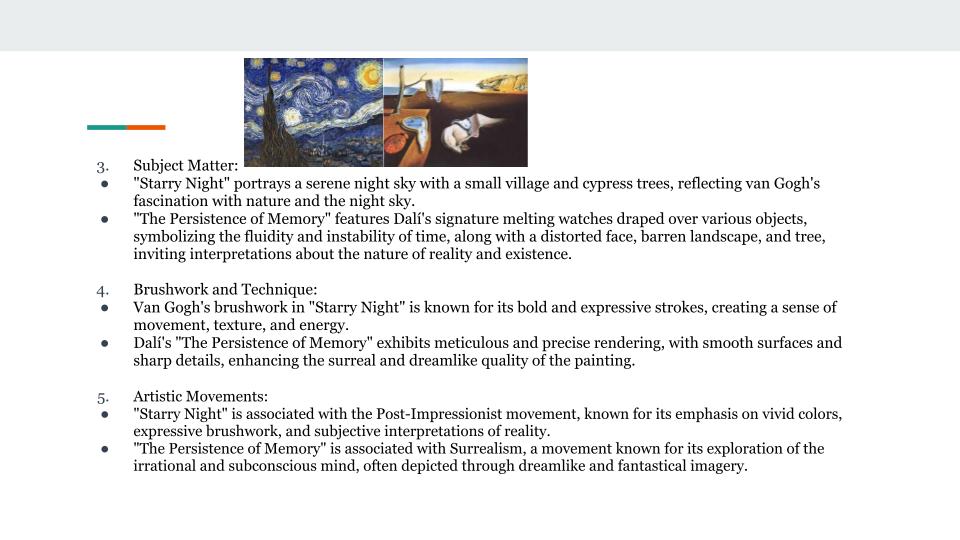
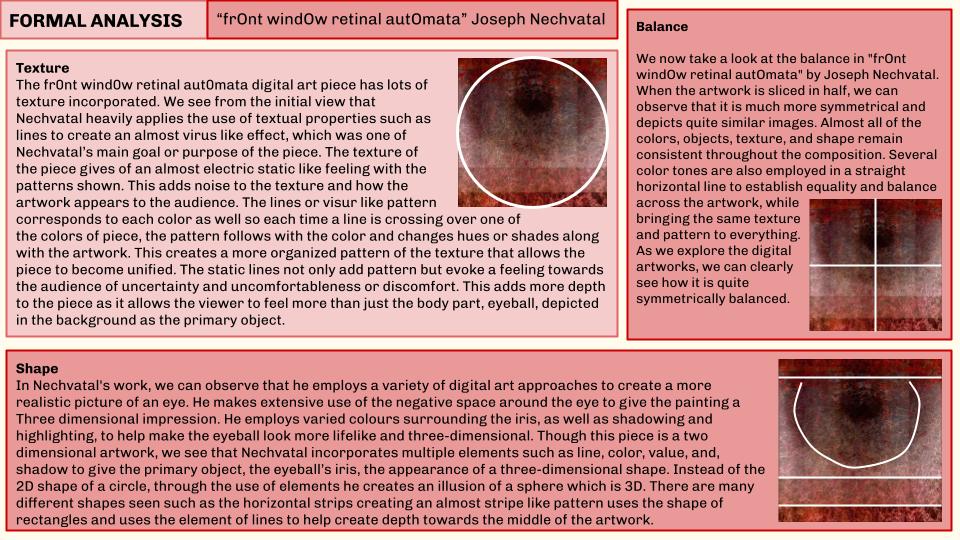
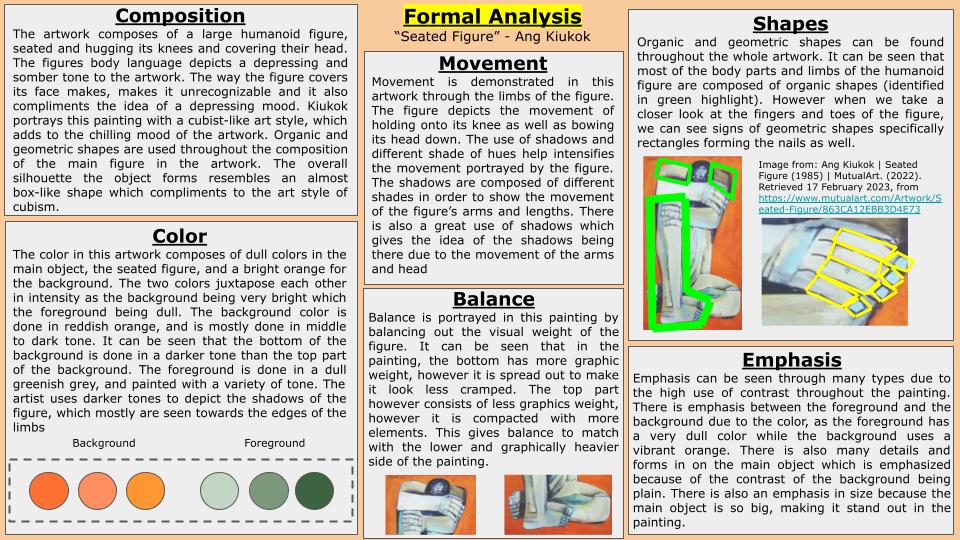
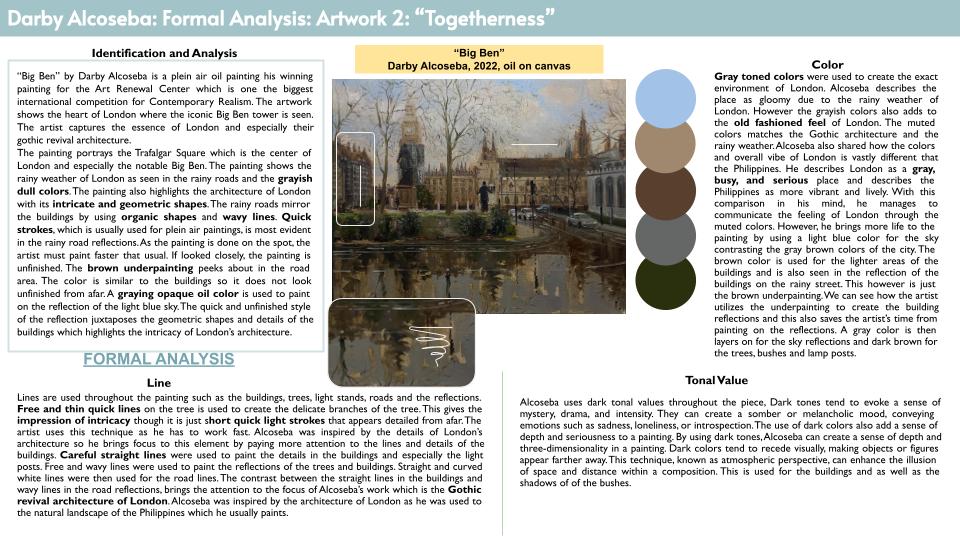
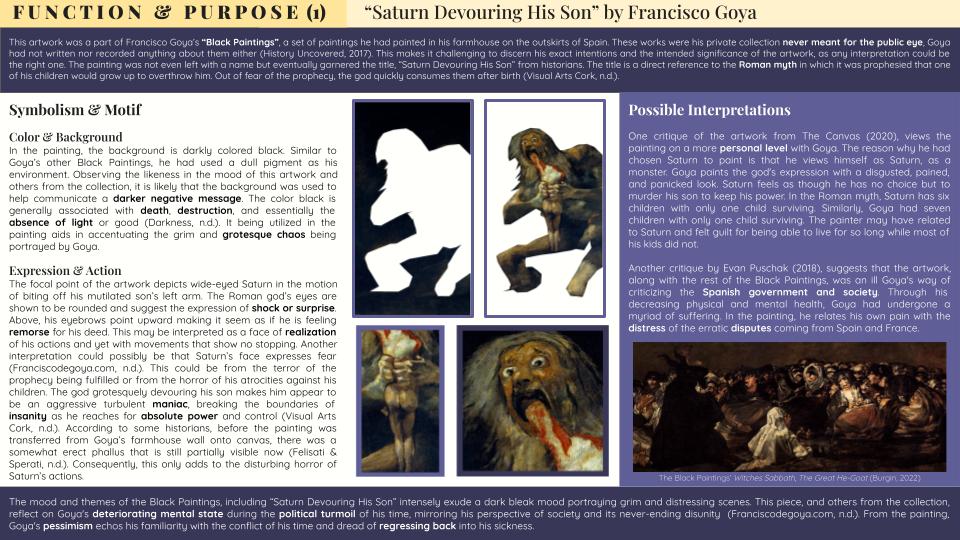

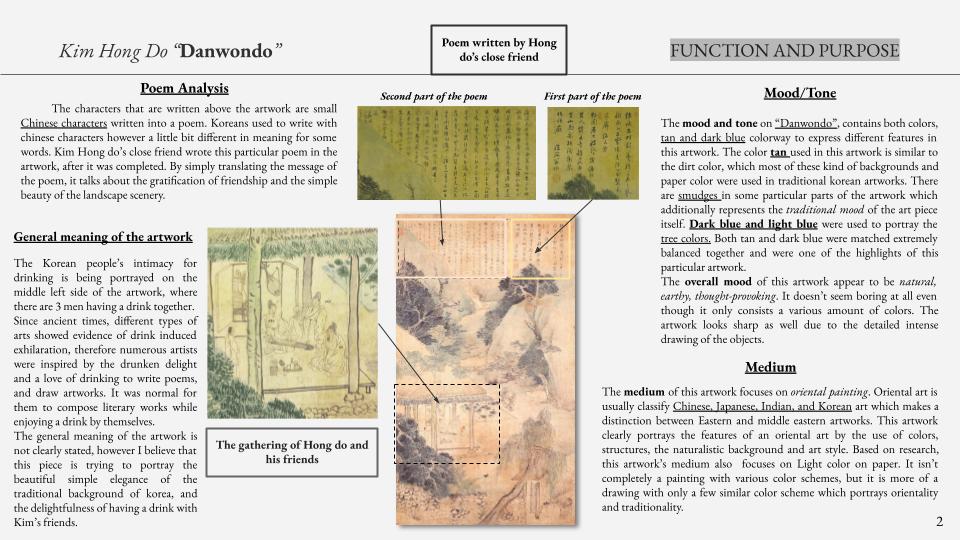
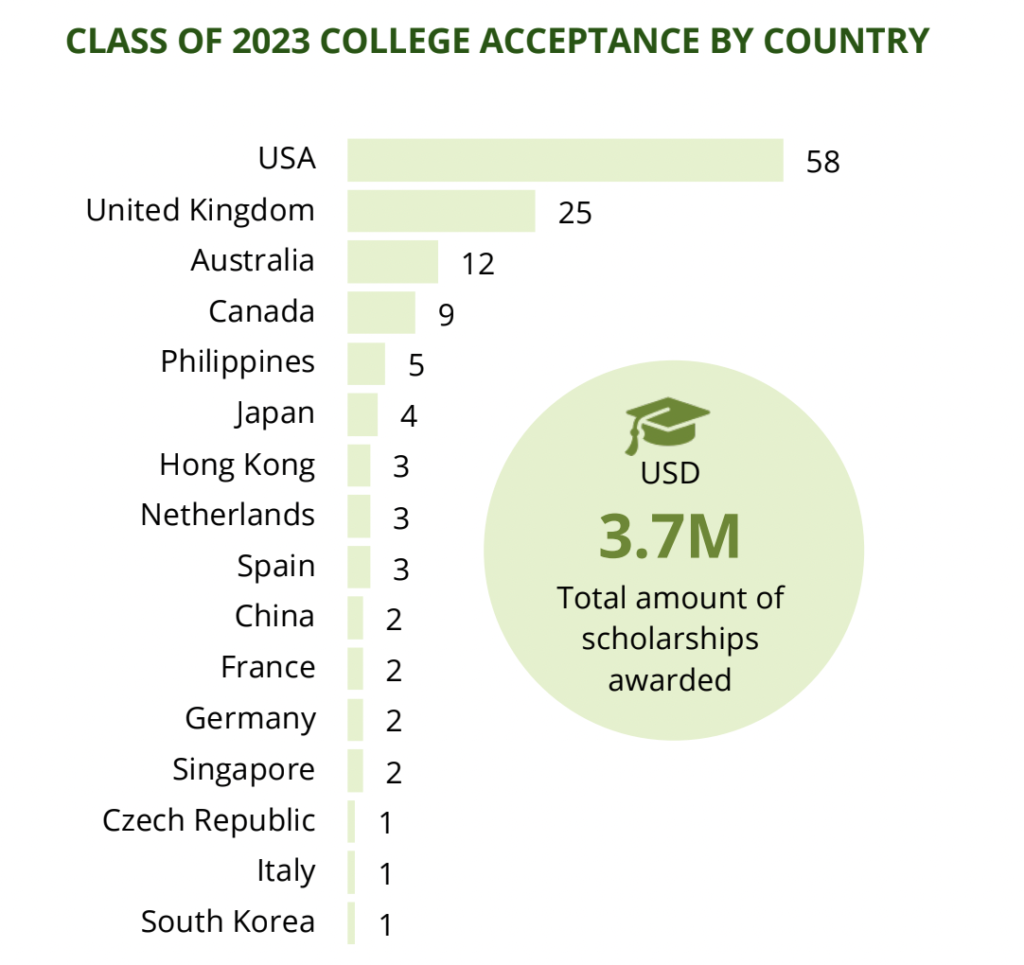
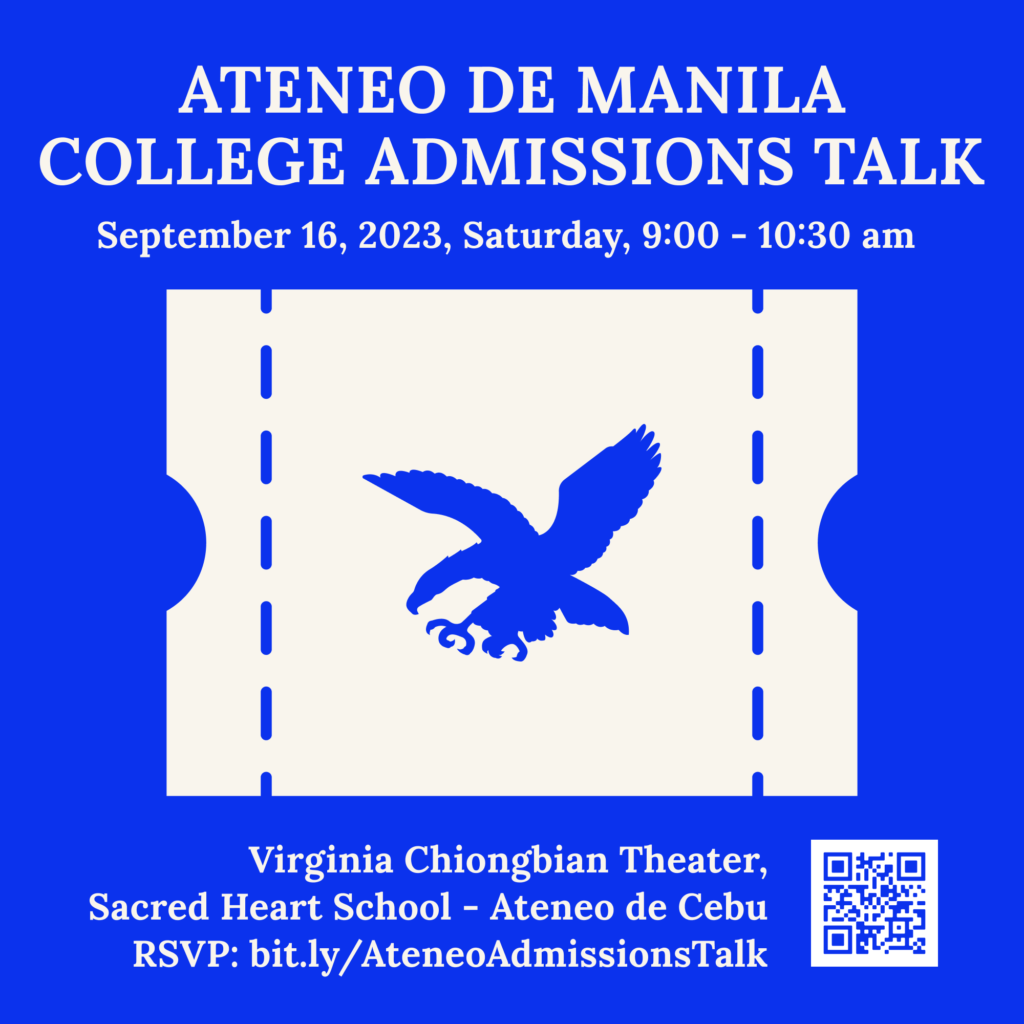


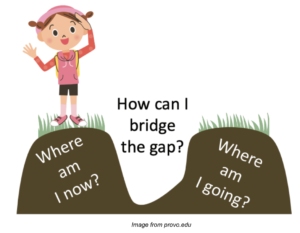 Our first month of school has passed by so quickly! Over the past month, our students have been well-engaged in gathering data to identify where they are as learners. With guidance from their teachers, they have also identified where they are going or need to be. This is a very important process that students go through at the beginning of each school year to enable them to direct their own learning pathway and develop the skills and confidence to grow as learners.
Our first month of school has passed by so quickly! Over the past month, our students have been well-engaged in gathering data to identify where they are as learners. With guidance from their teachers, they have also identified where they are going or need to be. This is a very important process that students go through at the beginning of each school year to enable them to direct their own learning pathway and develop the skills and confidence to grow as learners.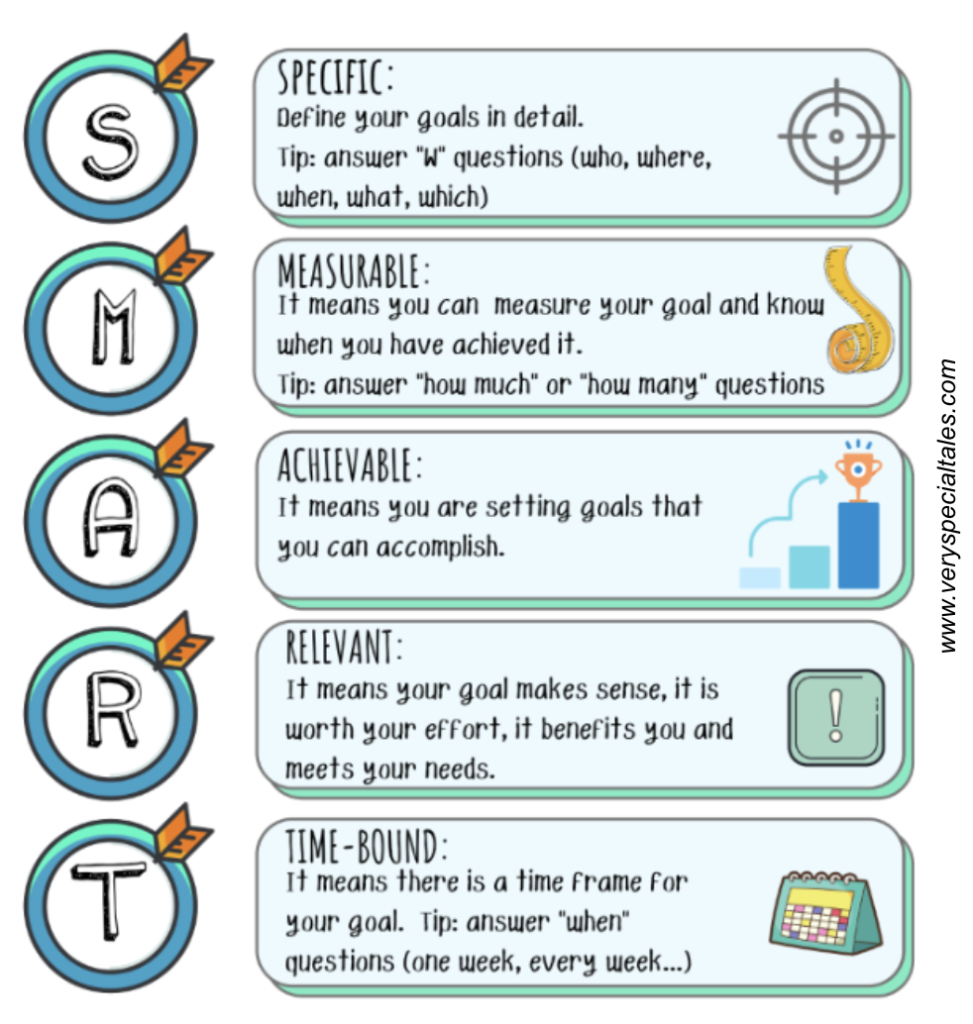 Stephanie Toro, in her article “
Stephanie Toro, in her article “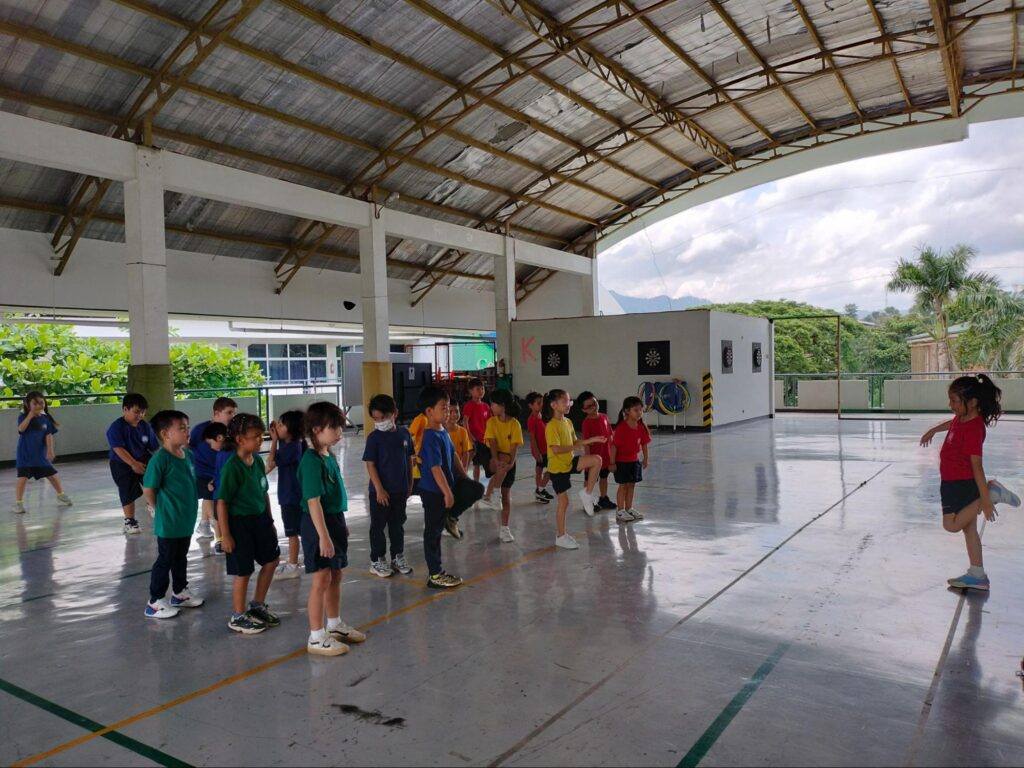
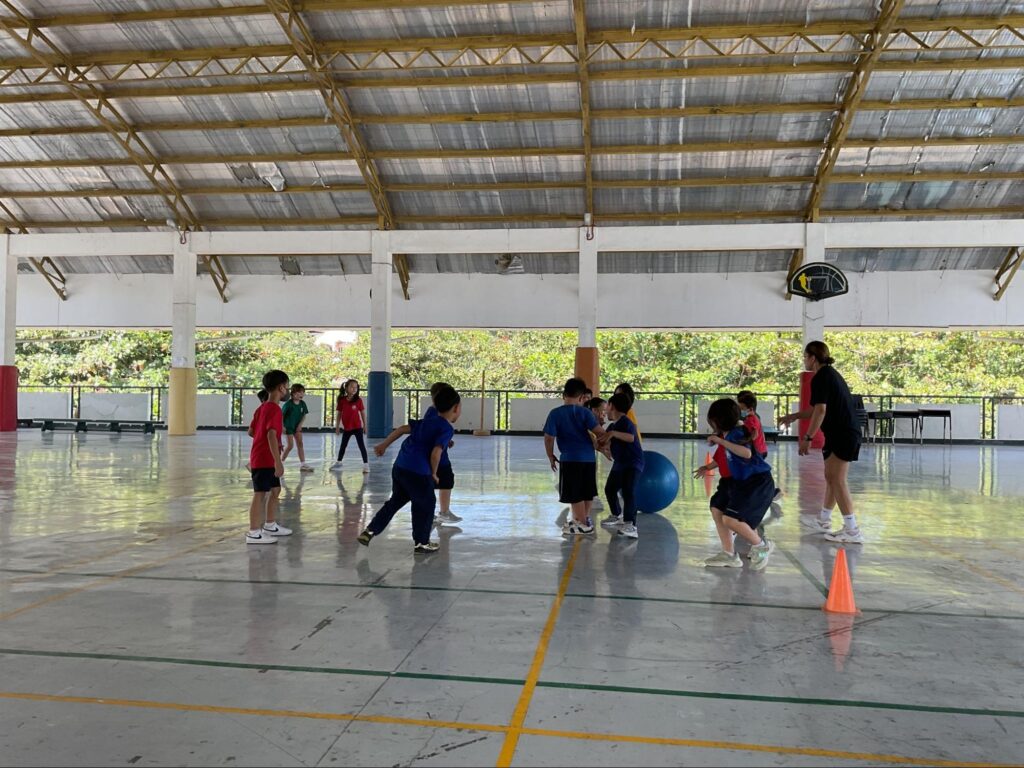
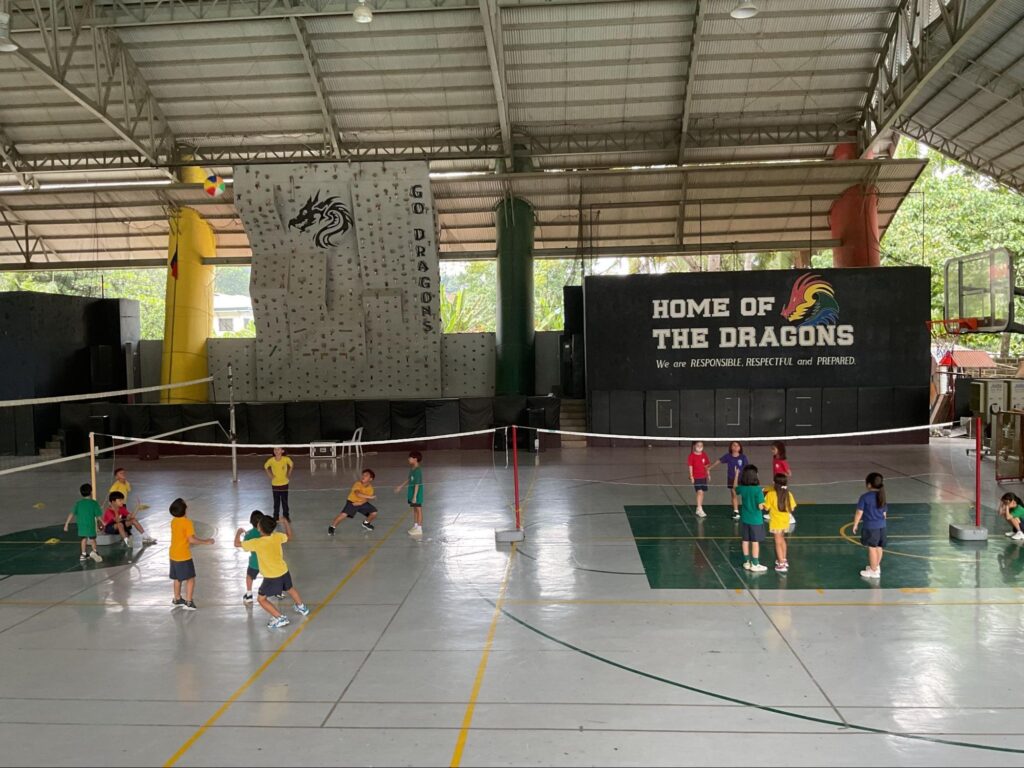
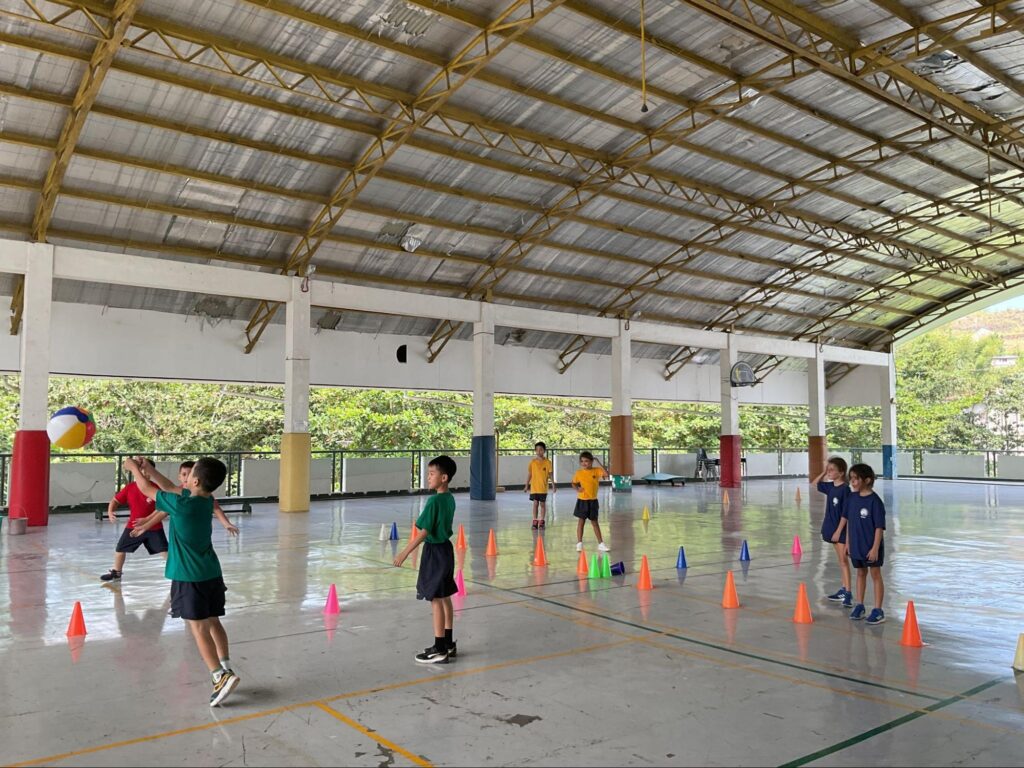
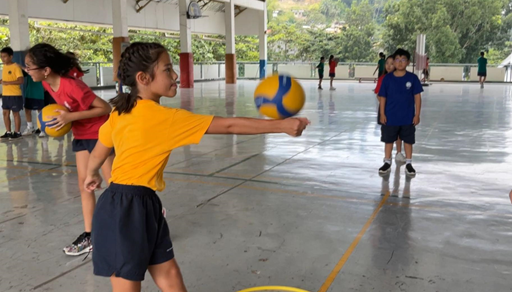
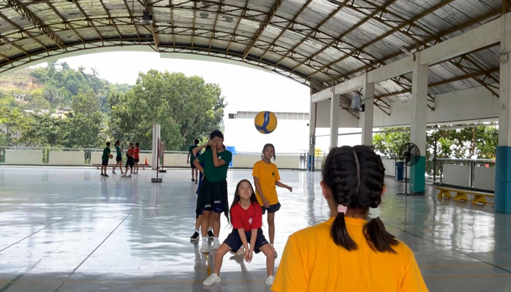
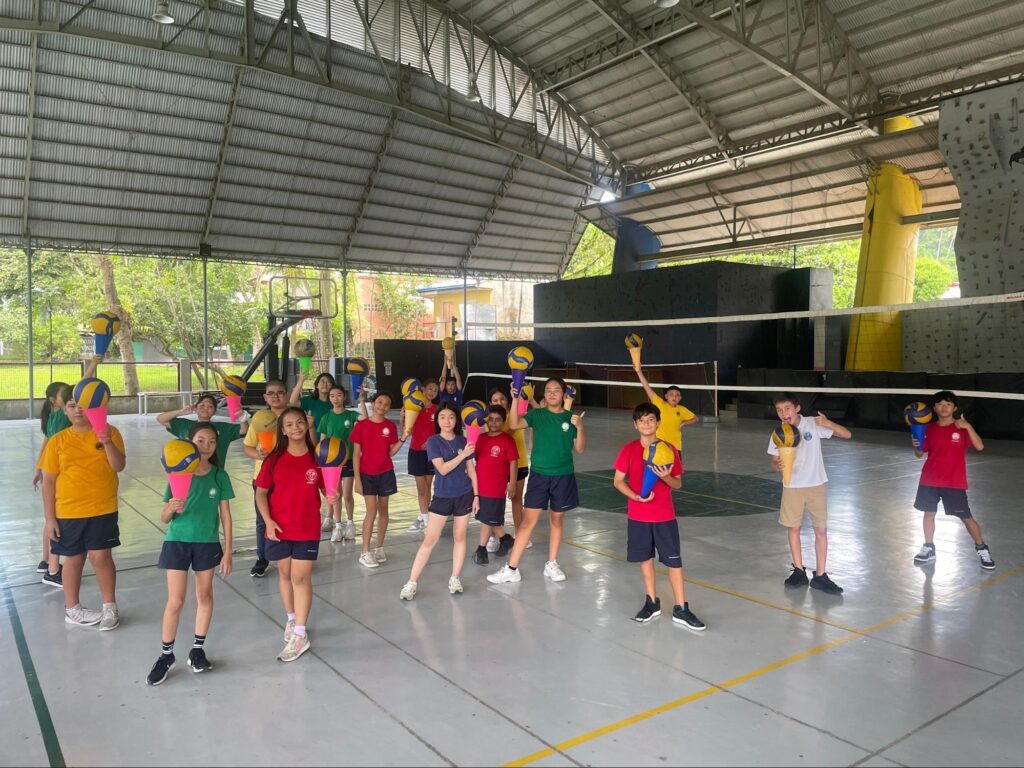
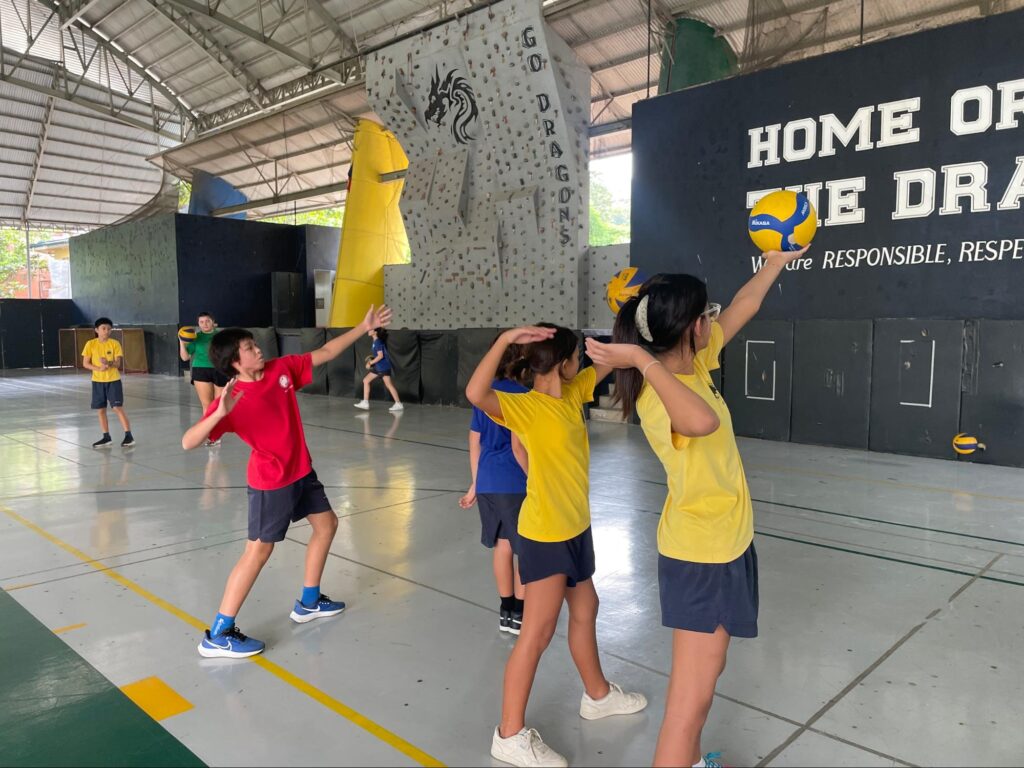
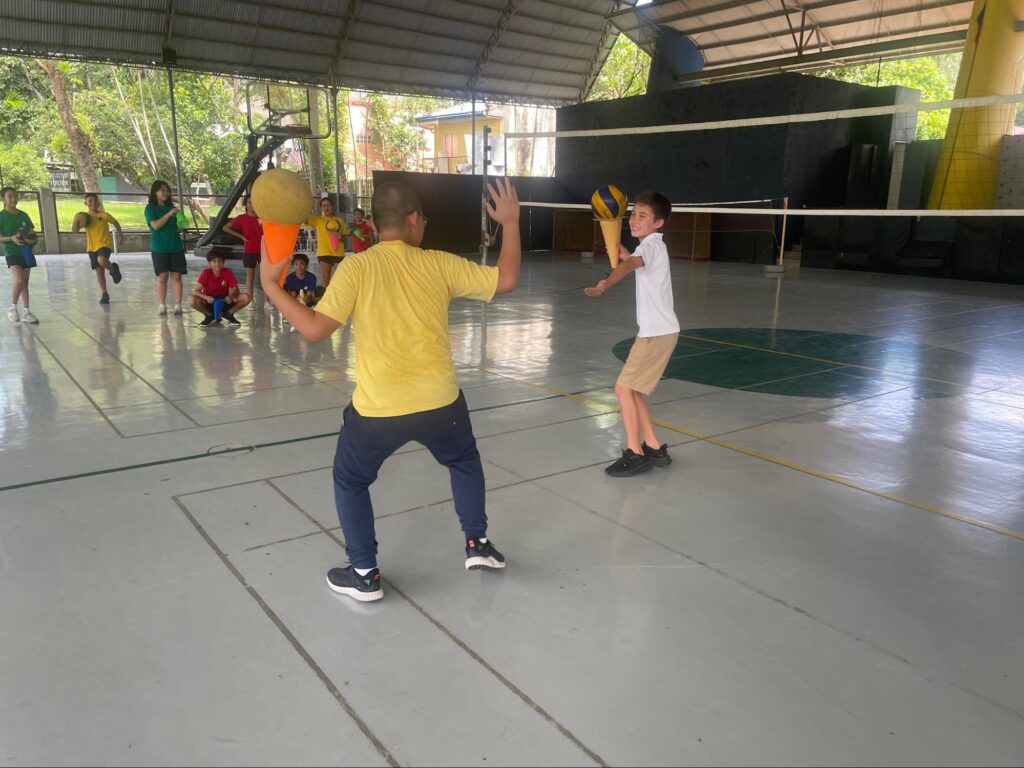
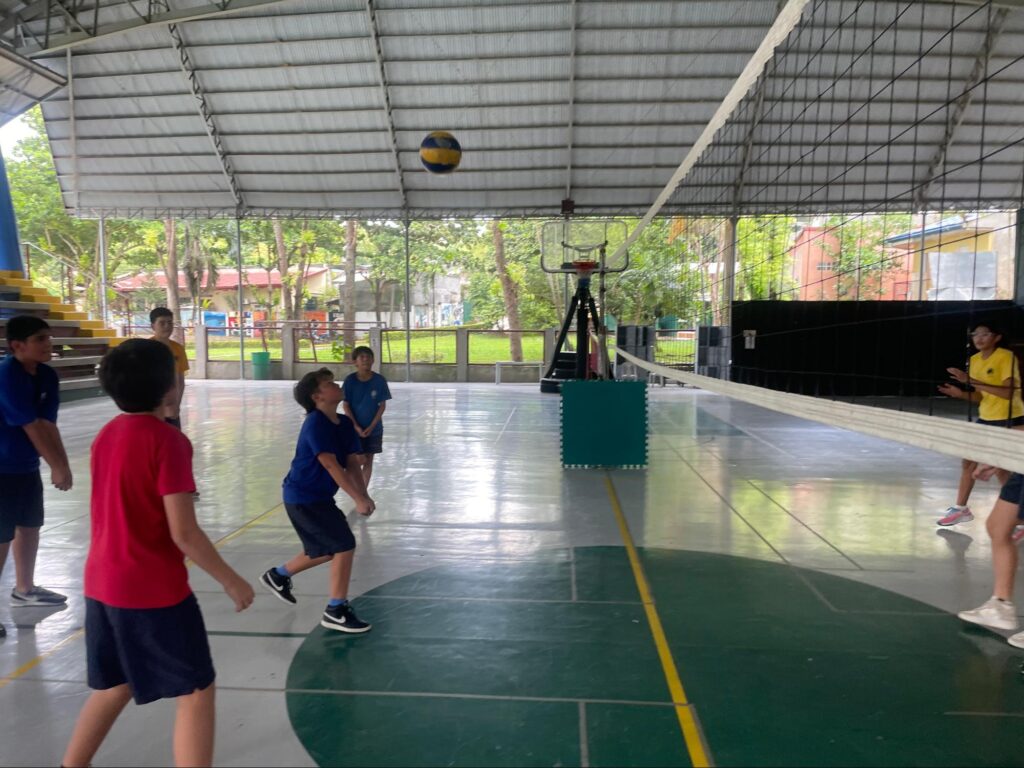
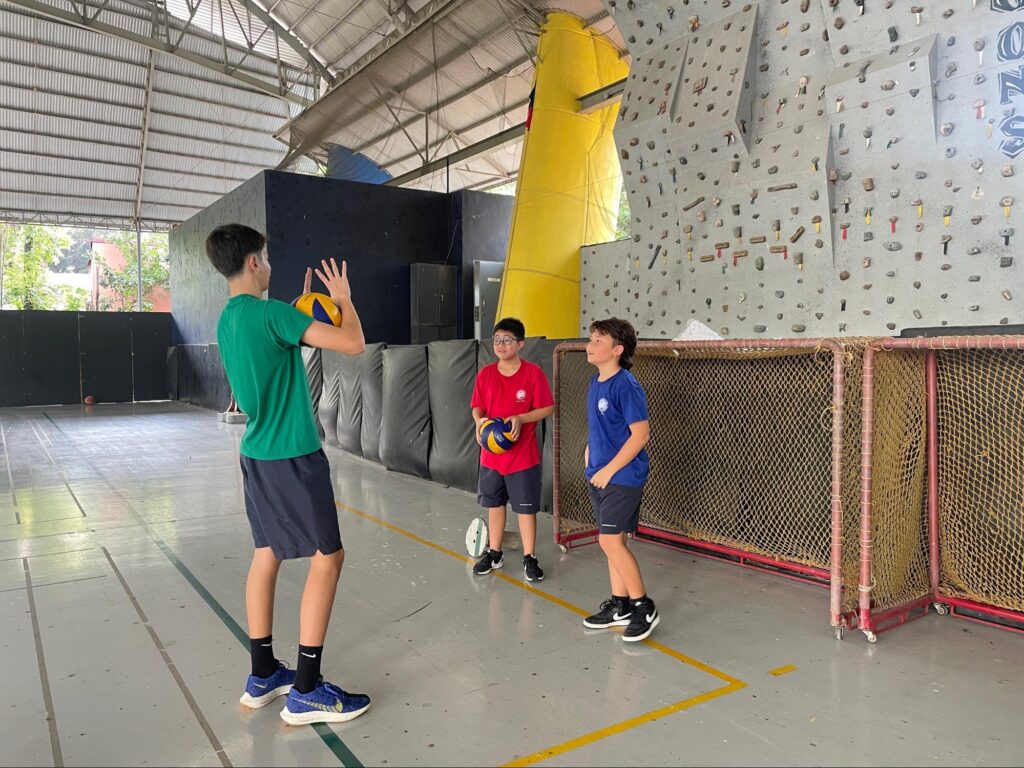
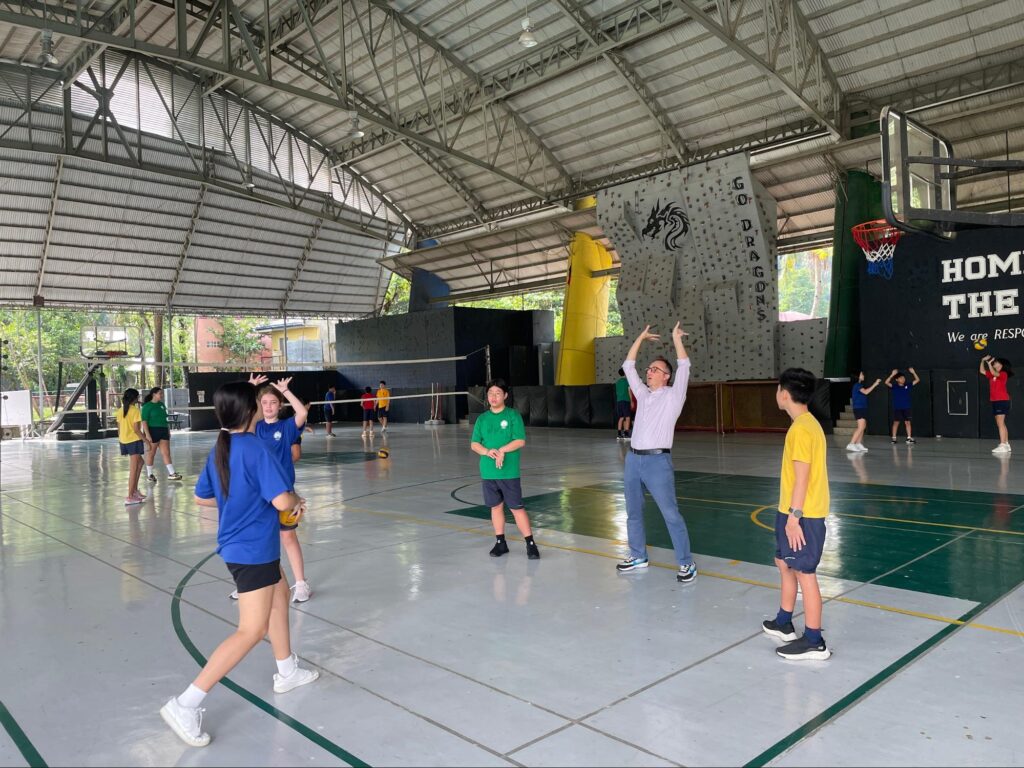
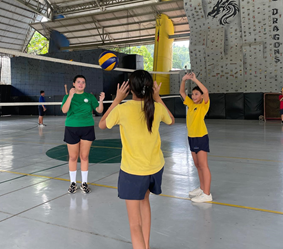

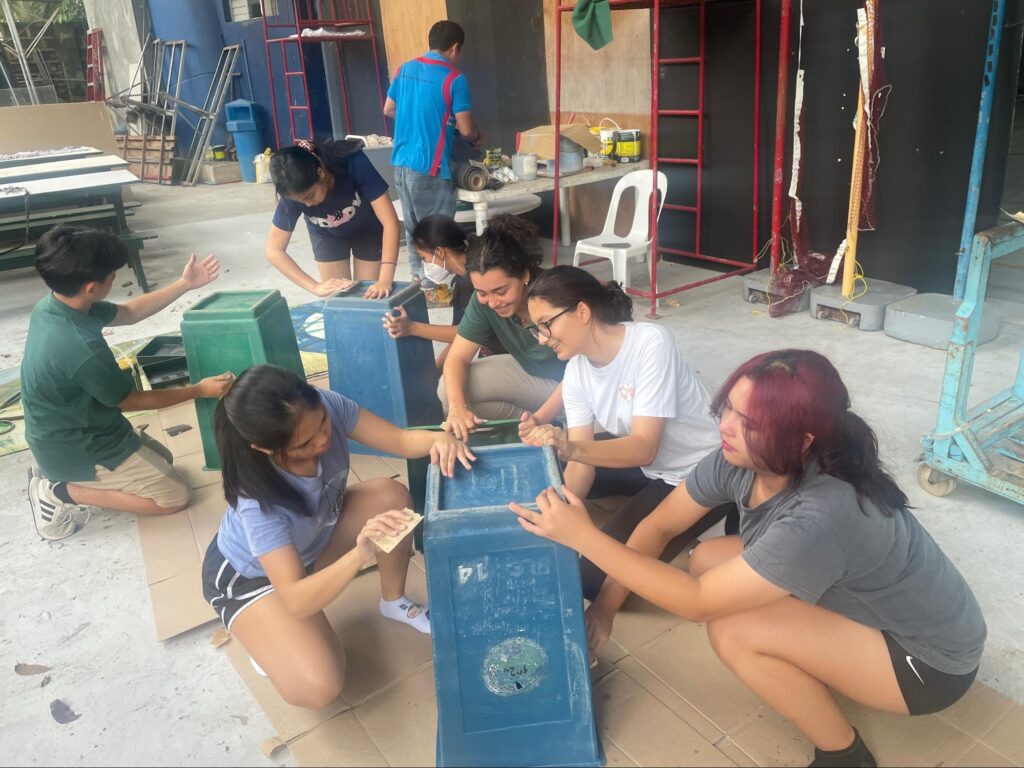
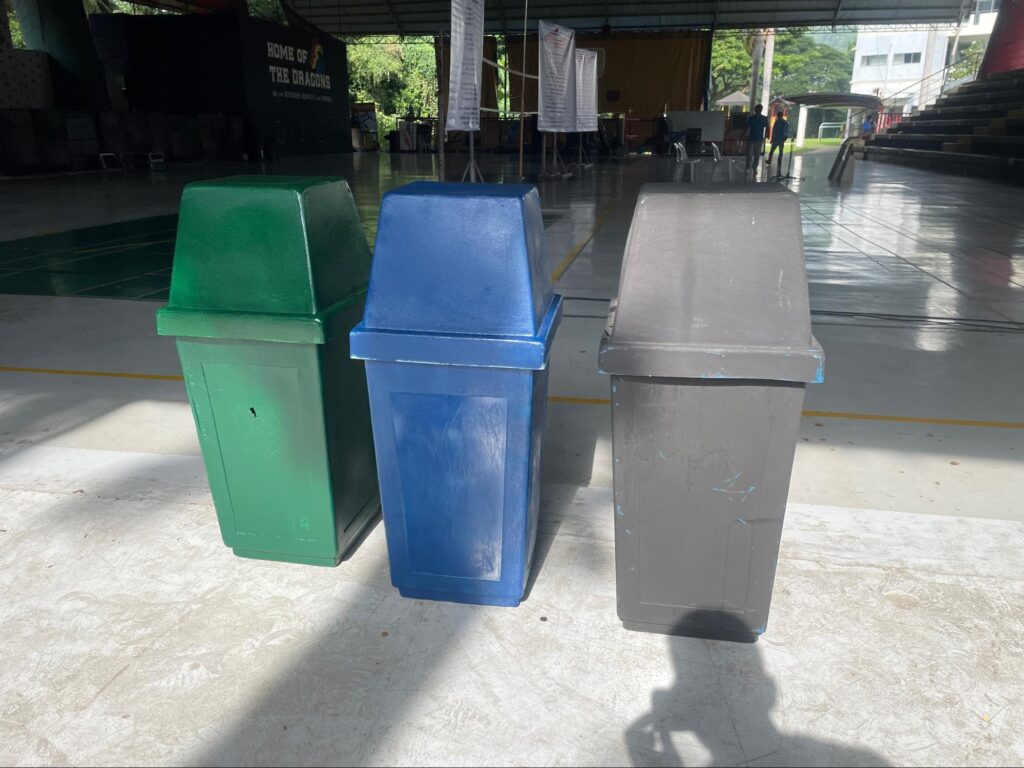
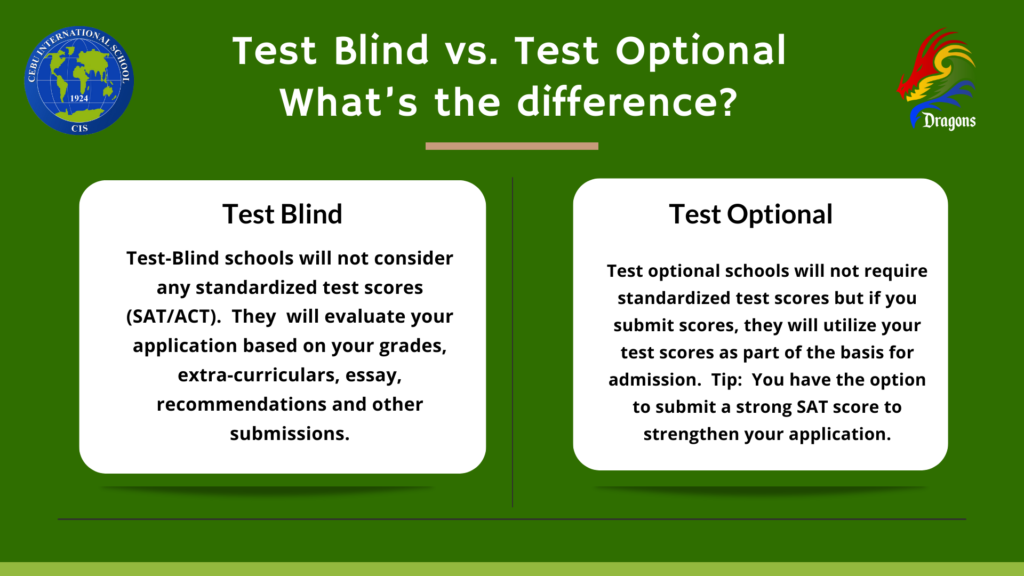


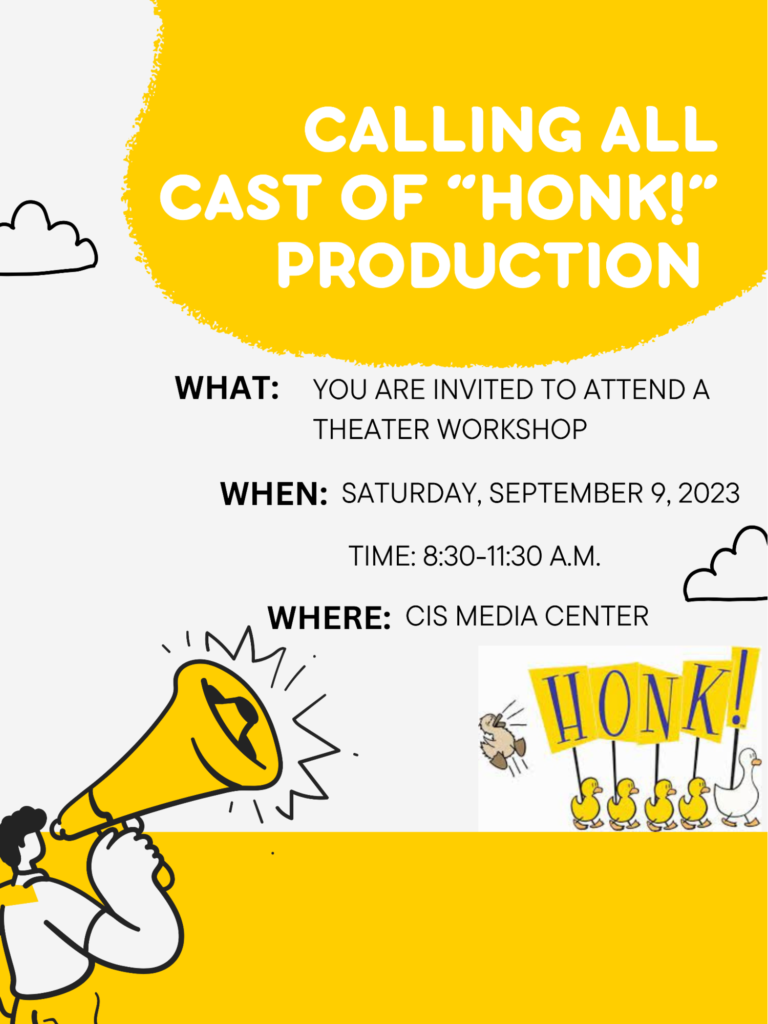
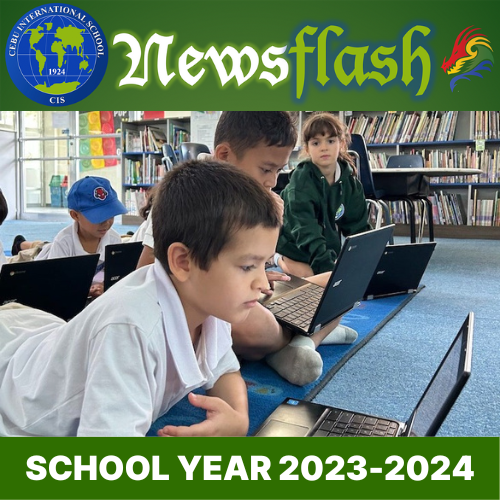
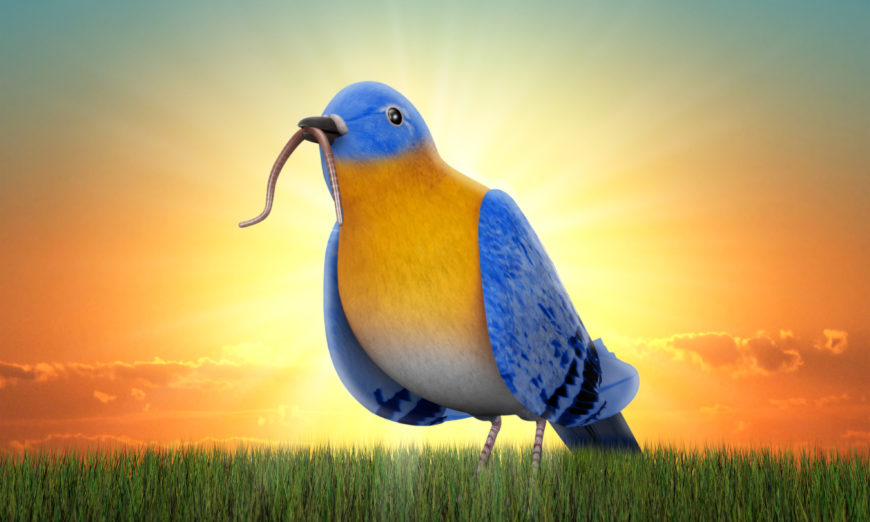 worm” and have been told that waking up earlier will lead to more productivity. But what does the data show? Is this actually true? In fact, in addition to the research that highlights that students who attend their classes having an advantage over their peers who miss classes, (Gershenson et al., 2017; Kirksey, 2019; Klein et al., 2022), the results are quite clear that these “early bird” students do in fact have an advantage down the line.
worm” and have been told that waking up earlier will lead to more productivity. But what does the data show? Is this actually true? In fact, in addition to the research that highlights that students who attend their classes having an advantage over their peers who miss classes, (Gershenson et al., 2017; Kirksey, 2019; Klein et al., 2022), the results are quite clear that these “early bird” students do in fact have an advantage down the line.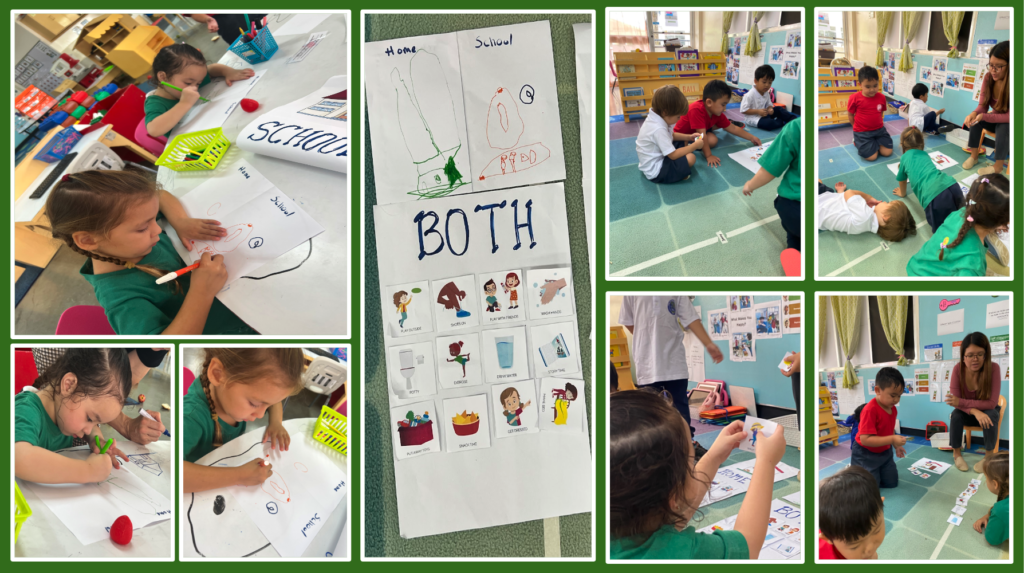
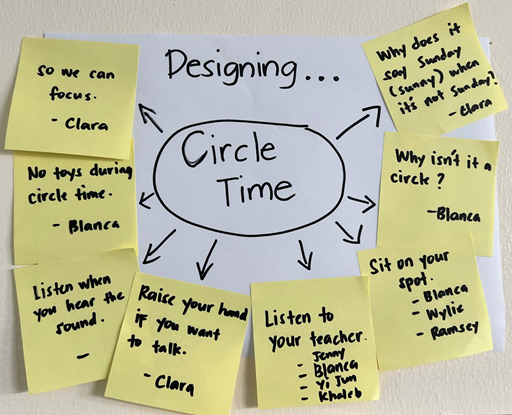 Our students took charge of their learning environment by actively participating in the co-construction of a 3-step circle time routine. In small groups, they collaborated to create a routine that will guide their behavior during circle time. Their enthusiasm and commitment were evident as they even marked their thumbs on an agreement sheet to show their dedication.
Our students took charge of their learning environment by actively participating in the co-construction of a 3-step circle time routine. In small groups, they collaborated to create a routine that will guide their behavior during circle time. Their enthusiasm and commitment were evident as they even marked their thumbs on an agreement sheet to show their dedication.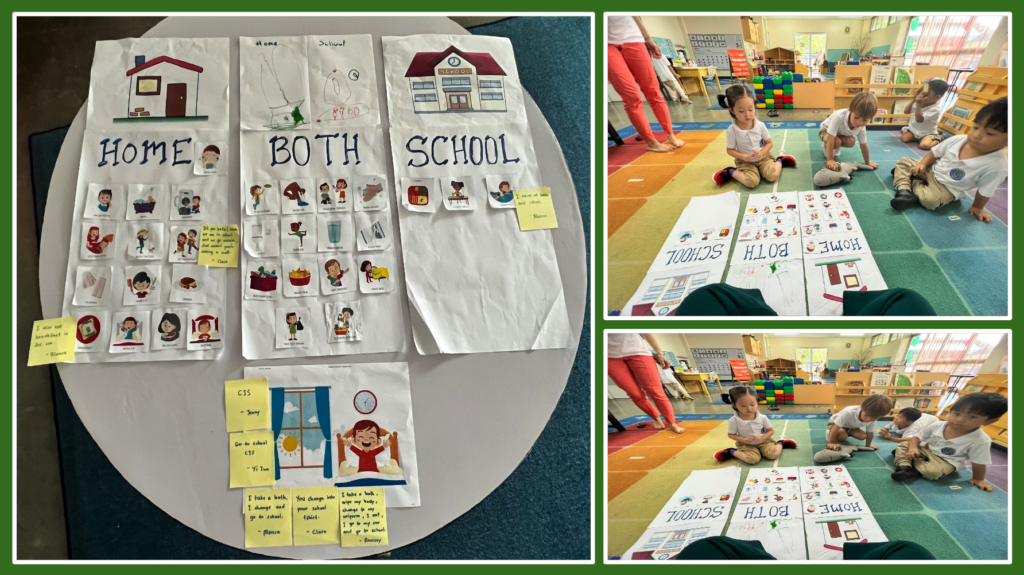
 The 3-step Circle Time Routine
The 3-step Circle Time Routine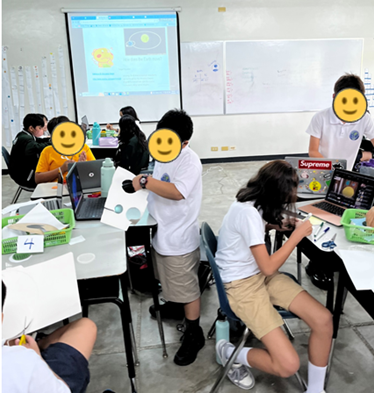
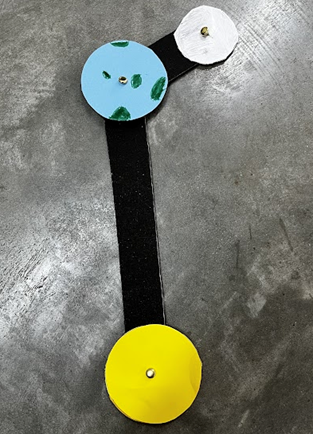
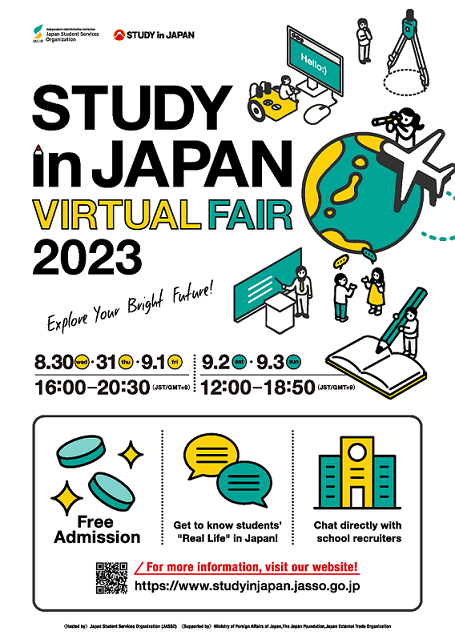
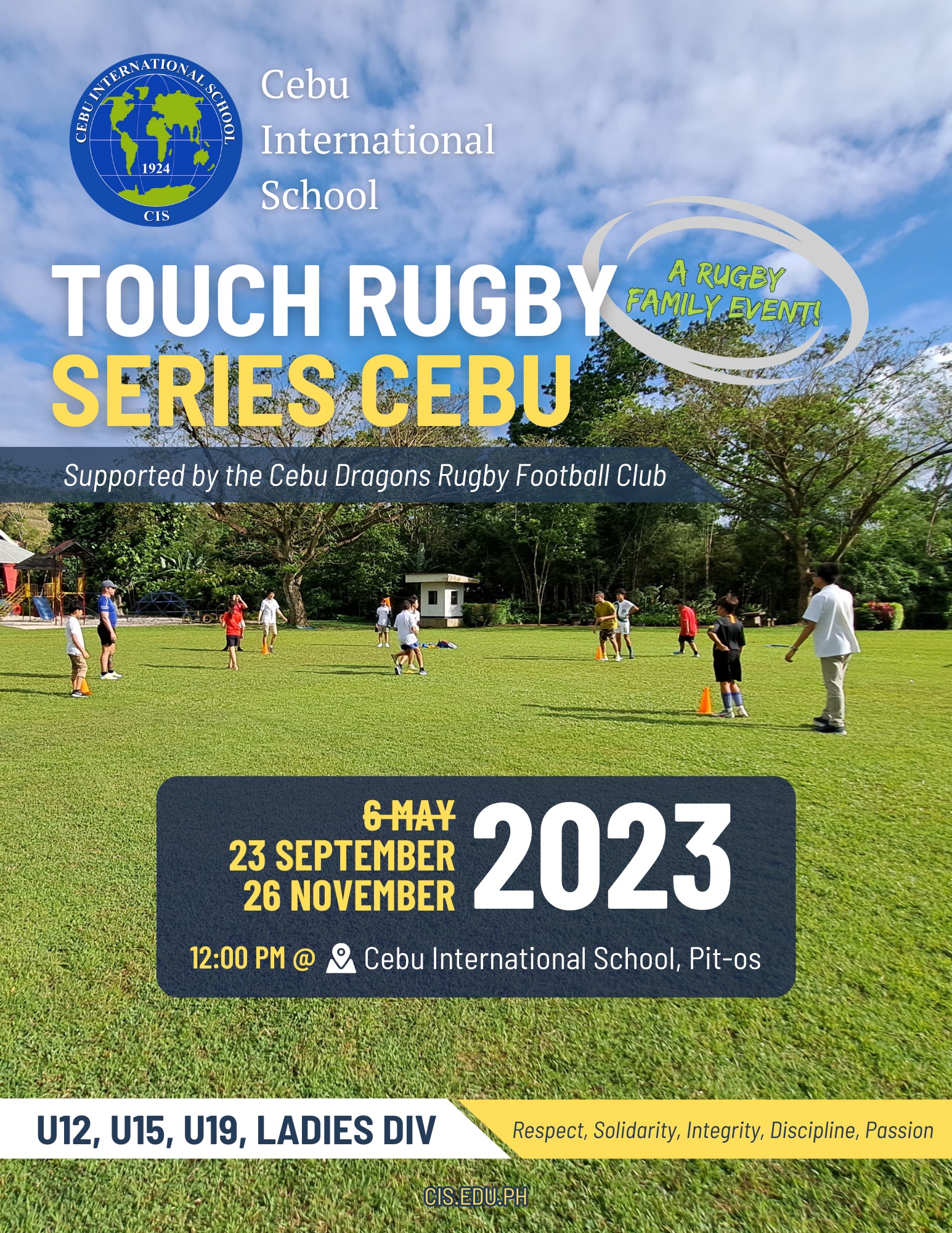

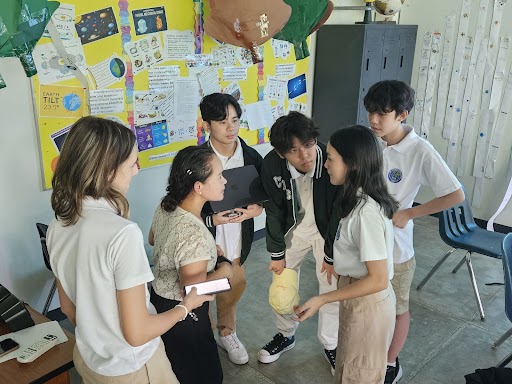
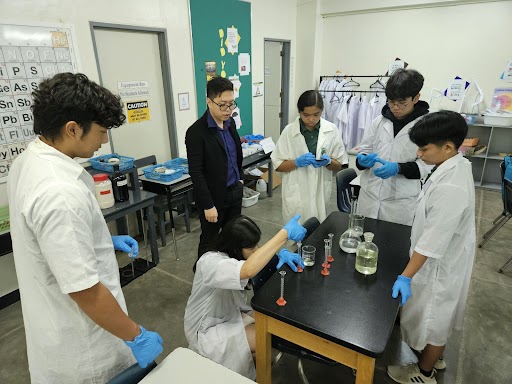
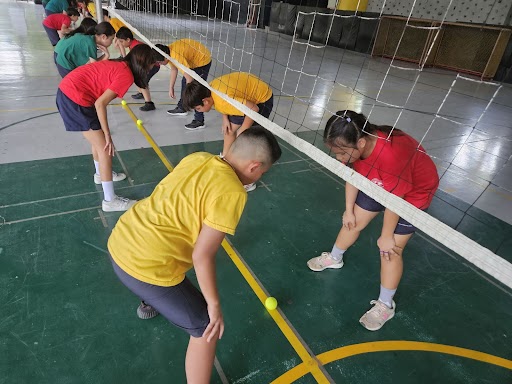
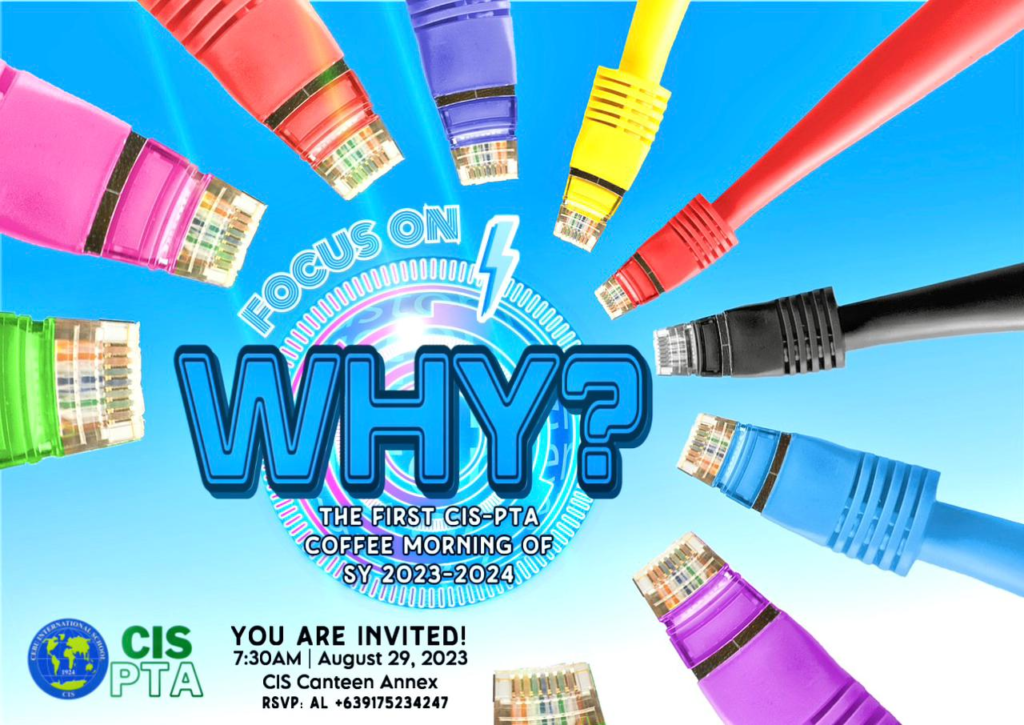
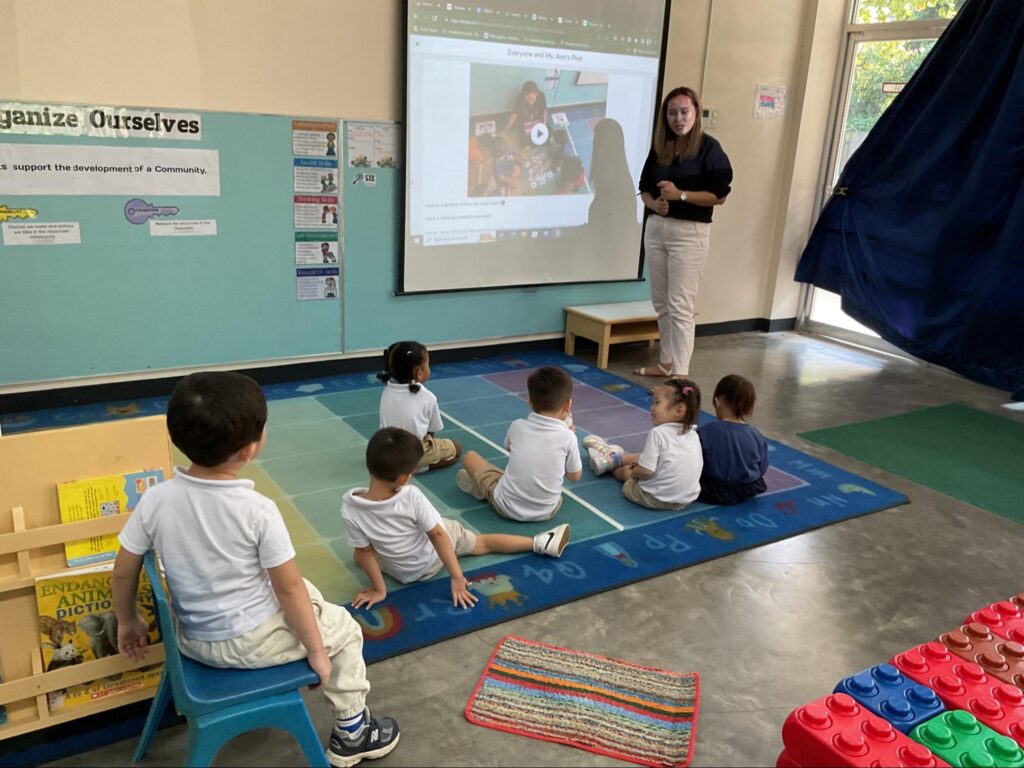
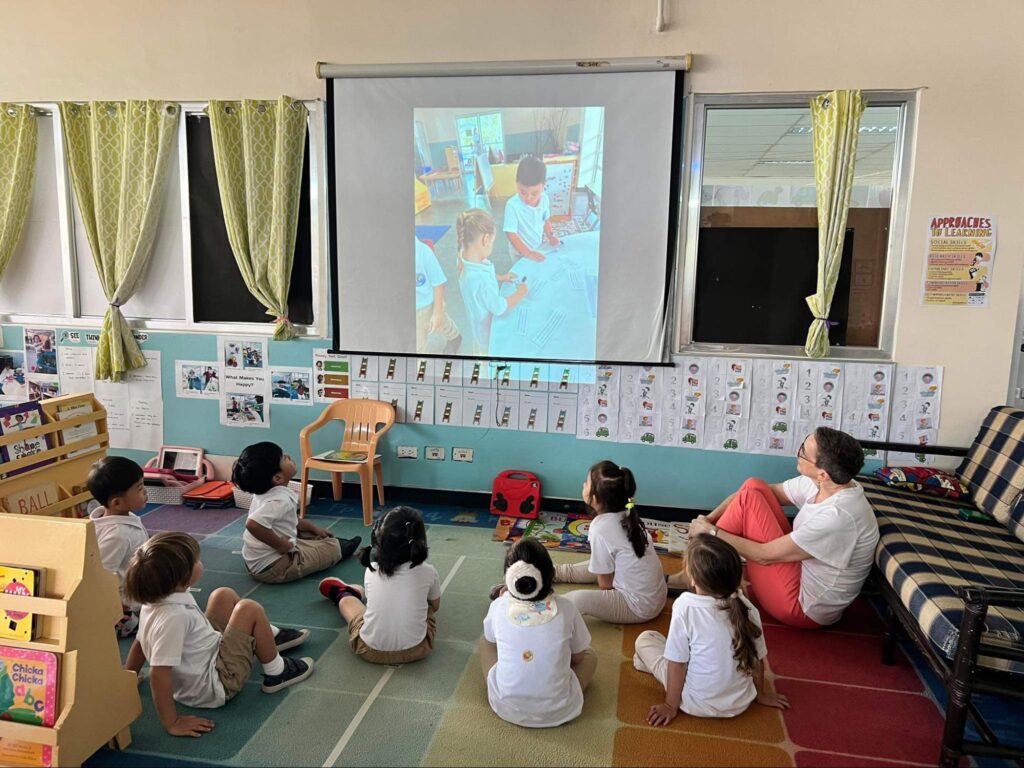
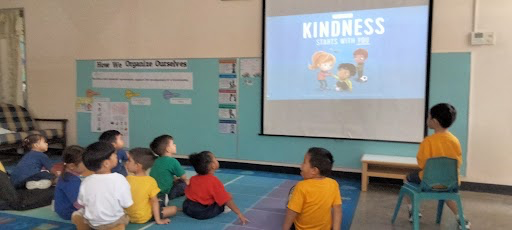
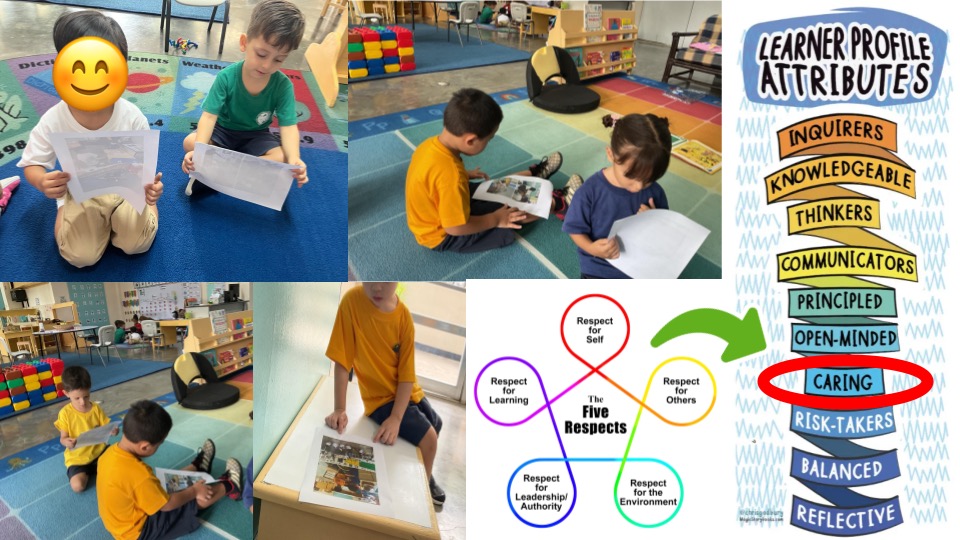
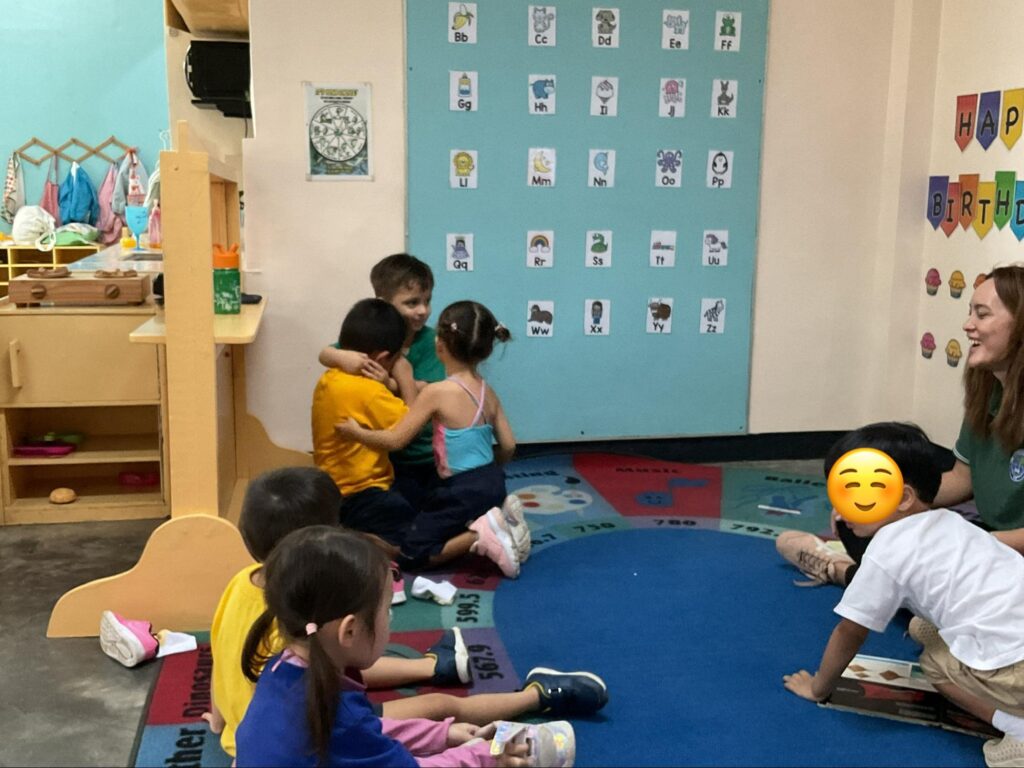 classmates and teachers. Doing this made them become more aware of how caring and compassionate they are.
classmates and teachers. Doing this made them become more aware of how caring and compassionate they are. 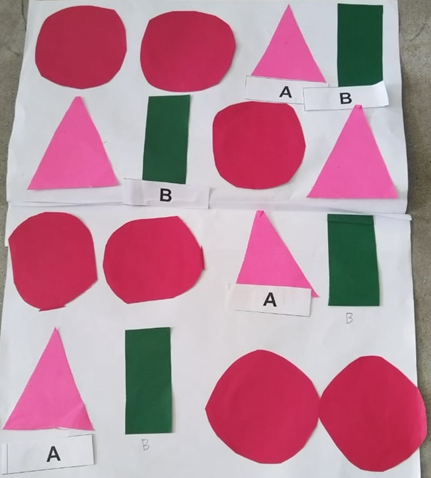
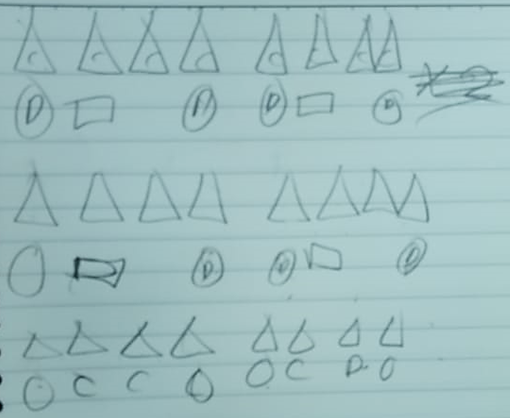
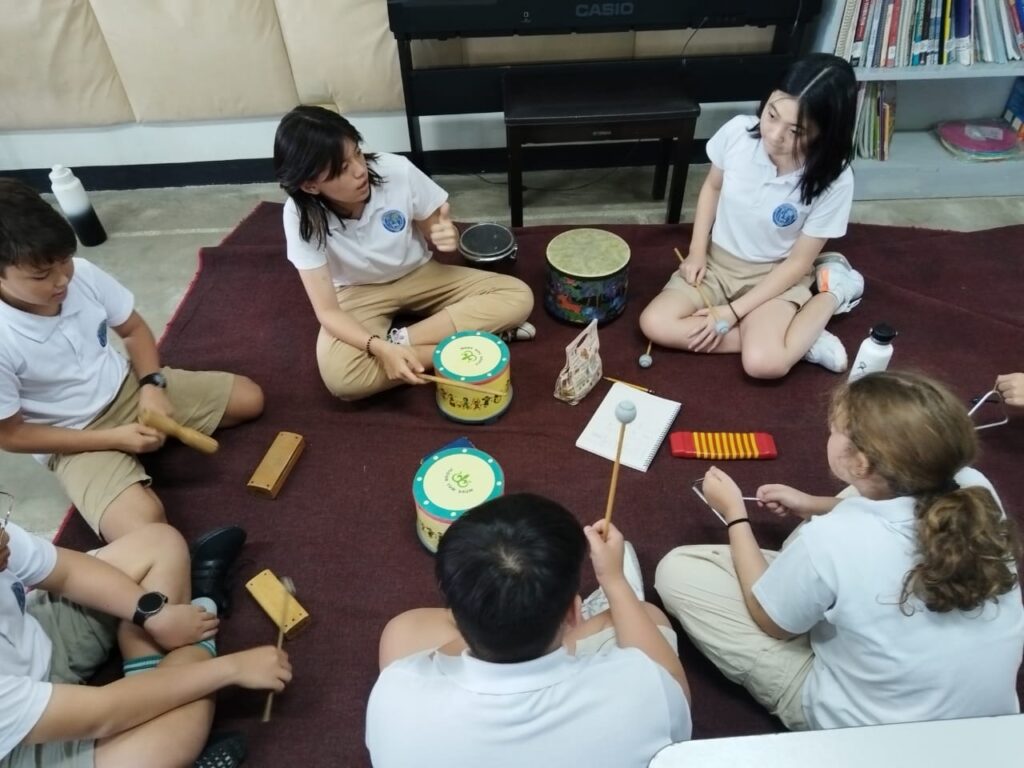
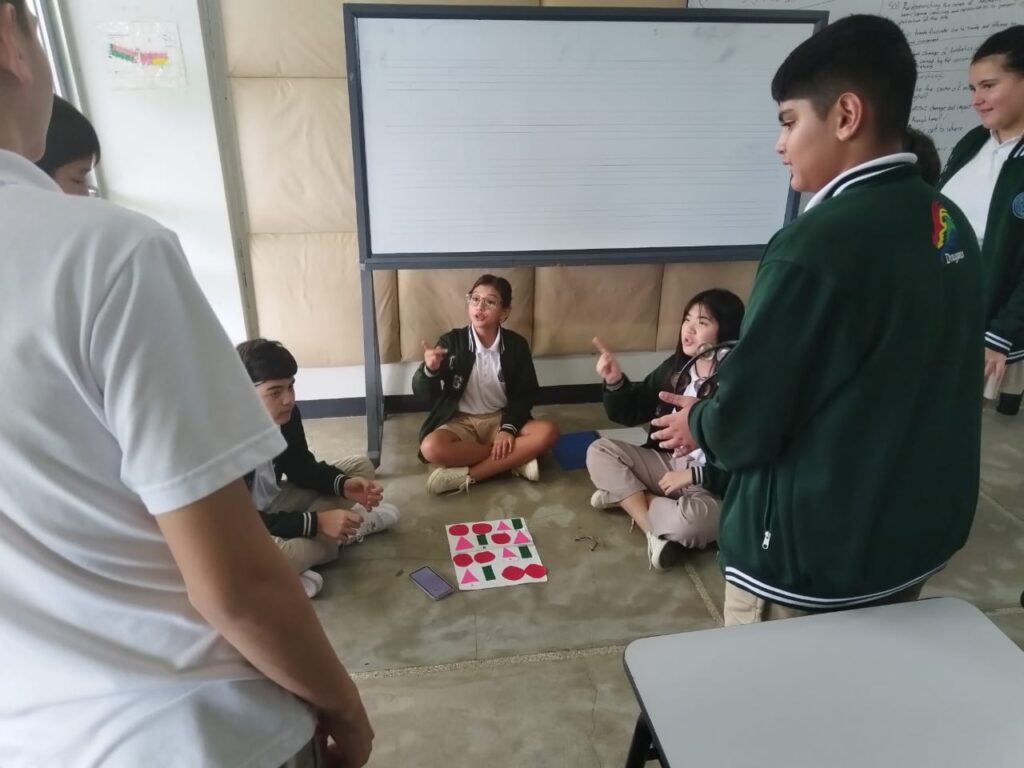

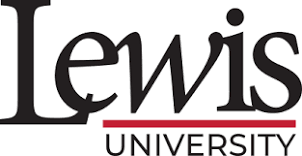

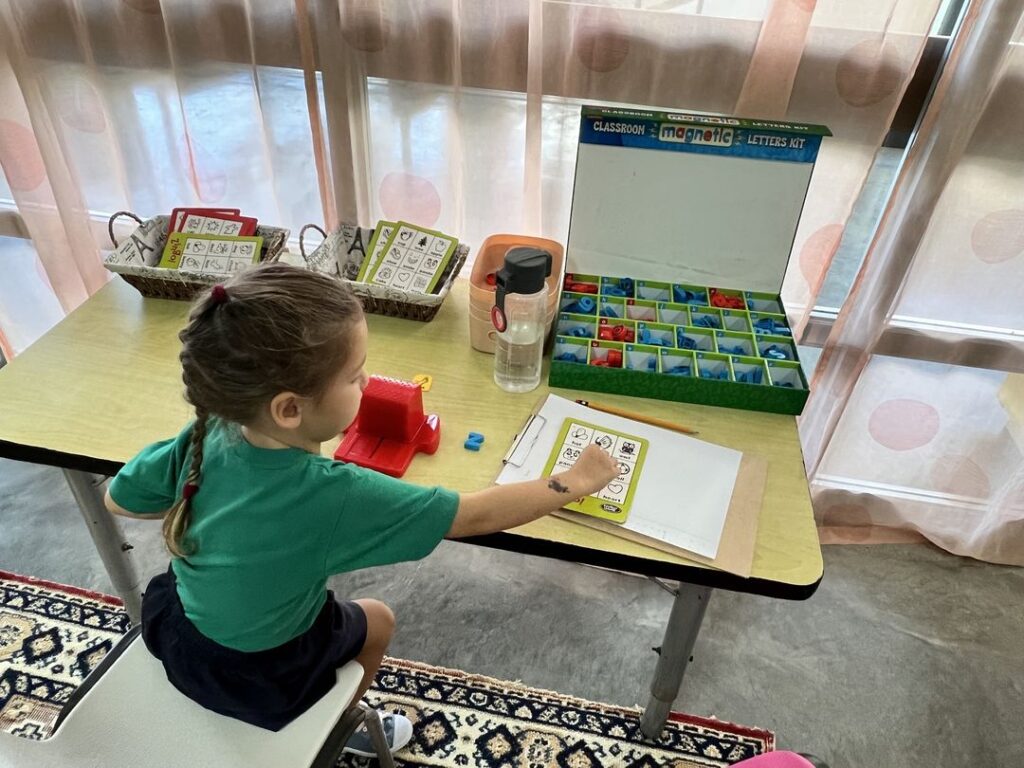 how their learning went that day. Be sure you provide supportive comments with any feedback to ensure you create a safe environment that will encourage them to share with you what they are learning.
how their learning went that day. Be sure you provide supportive comments with any feedback to ensure you create a safe environment that will encourage them to share with you what they are learning. meet so many amazing members of our school community this year. CIS kicked off the first day with this year’s first student-led assembly. The MHS Executive Council organized a great event with games, songs, and speeches, involving the little ones all the way up to the not so little ones. I was very impressed that even on the first day, our student leaders made it their mission to make sure that everyone was involved. I believe in the idea that leaders do not create followers but instead, create more leaders. I encourage our families that if leadership opportunities arise this year, encourage your child to get involved. There are so many ways that students can contribute and it also helps them grow and develop into the next generation of leaders shaping our future world!
meet so many amazing members of our school community this year. CIS kicked off the first day with this year’s first student-led assembly. The MHS Executive Council organized a great event with games, songs, and speeches, involving the little ones all the way up to the not so little ones. I was very impressed that even on the first day, our student leaders made it their mission to make sure that everyone was involved. I believe in the idea that leaders do not create followers but instead, create more leaders. I encourage our families that if leadership opportunities arise this year, encourage your child to get involved. There are so many ways that students can contribute and it also helps them grow and develop into the next generation of leaders shaping our future world!